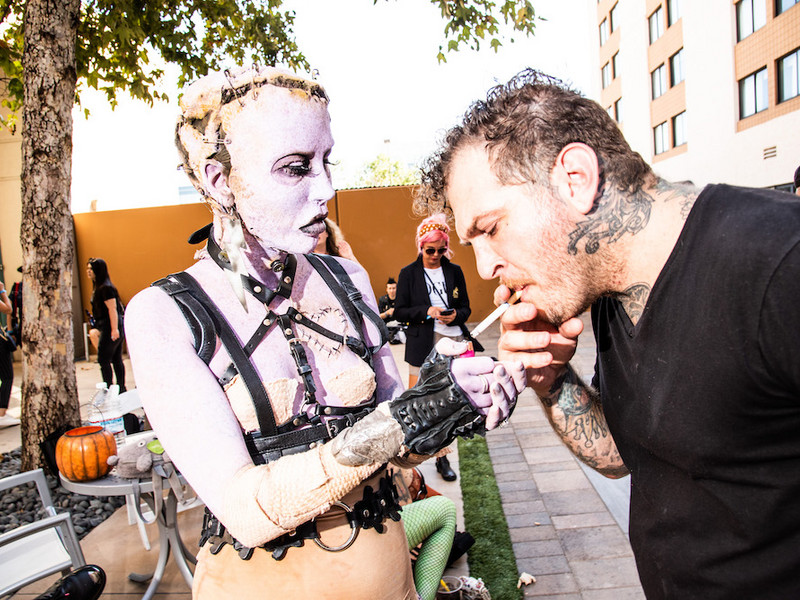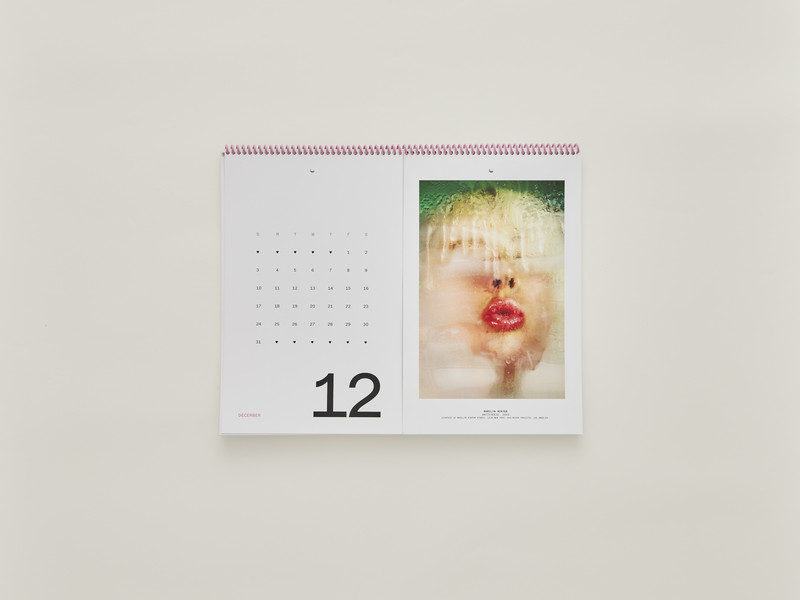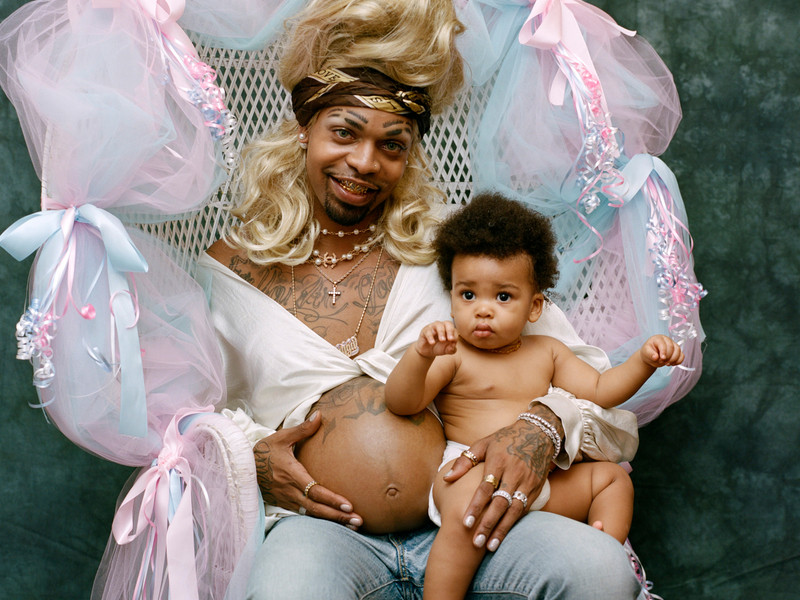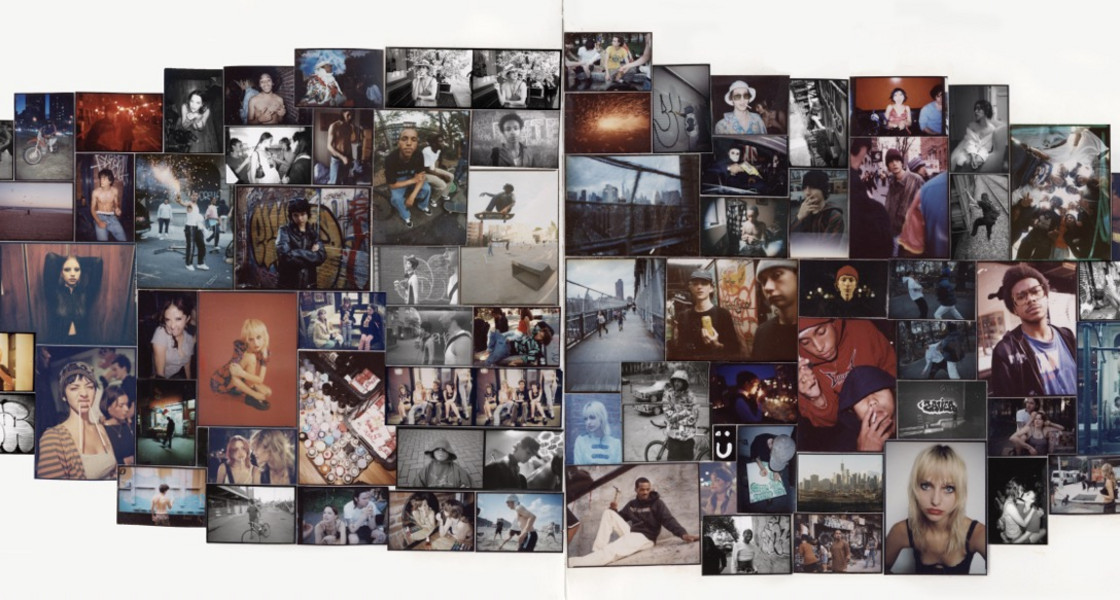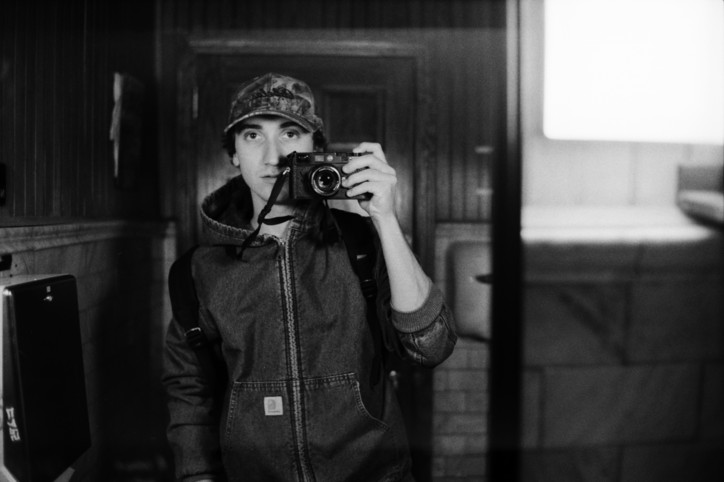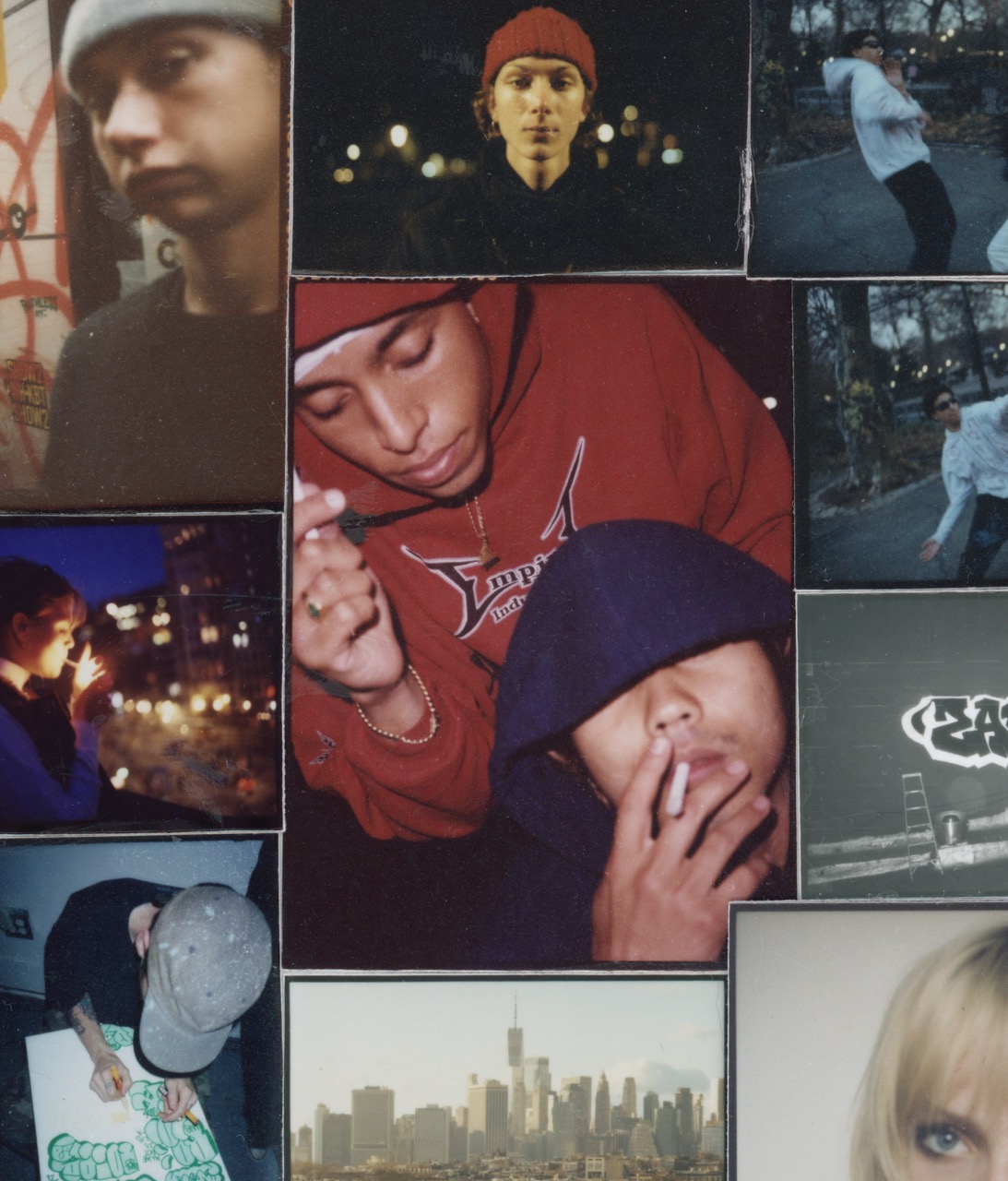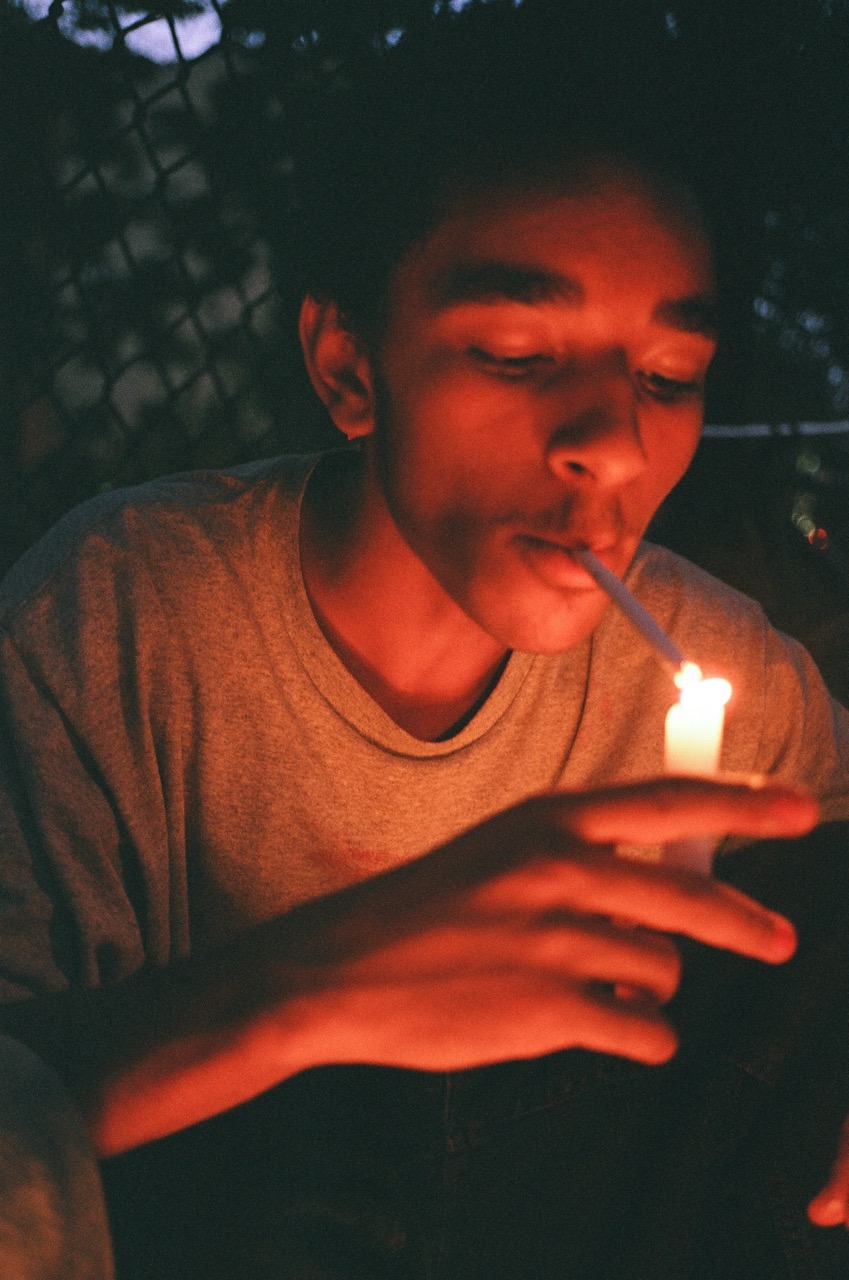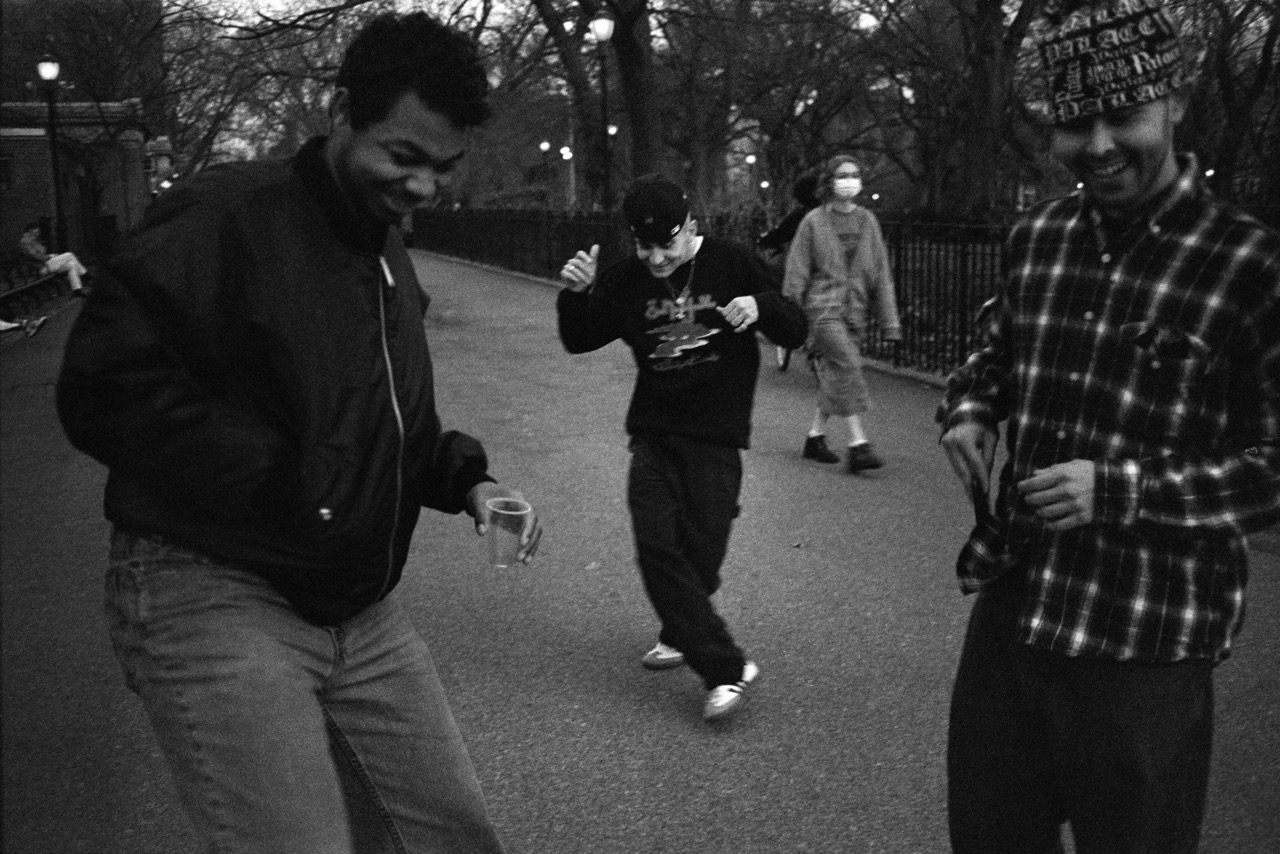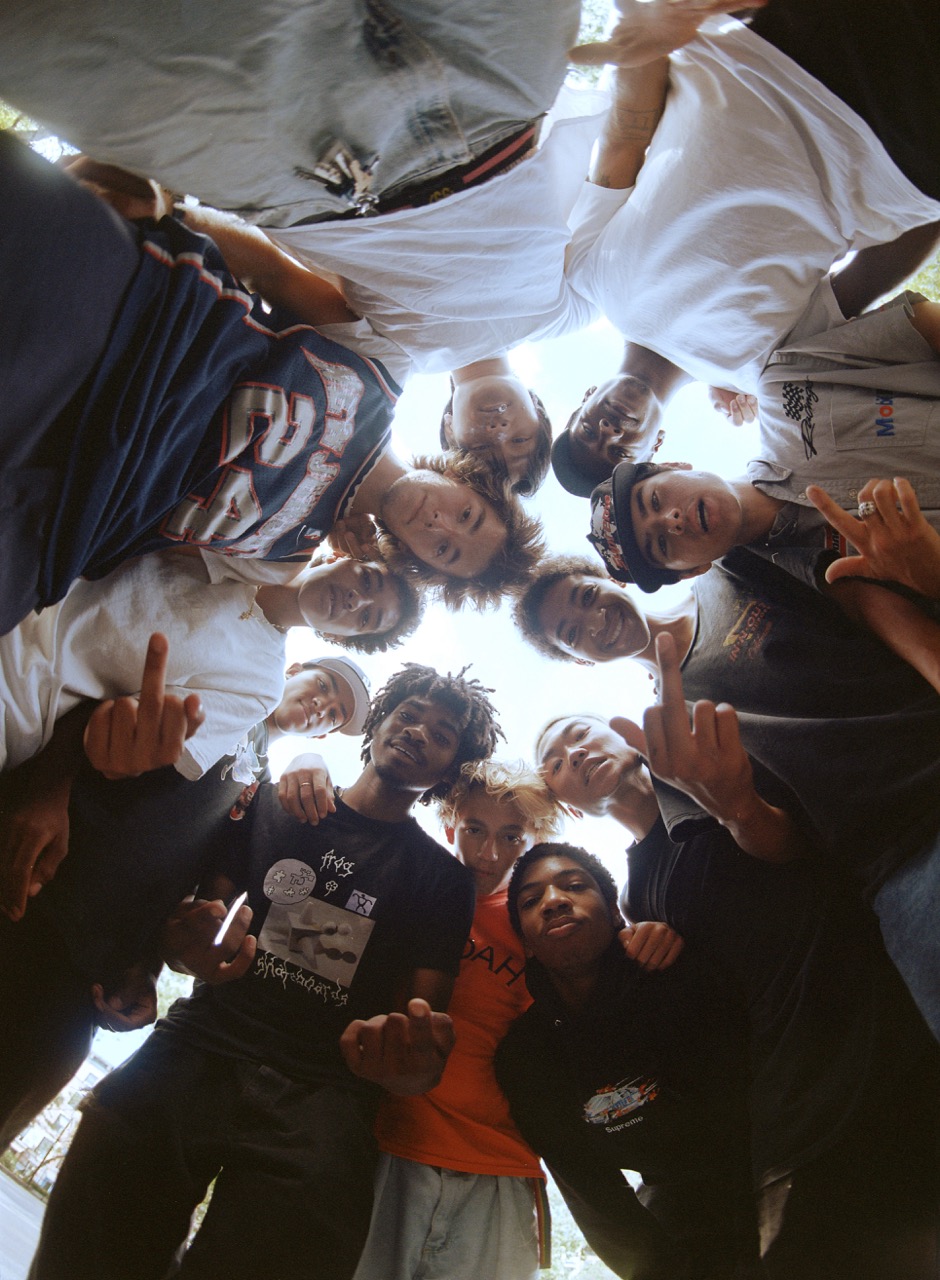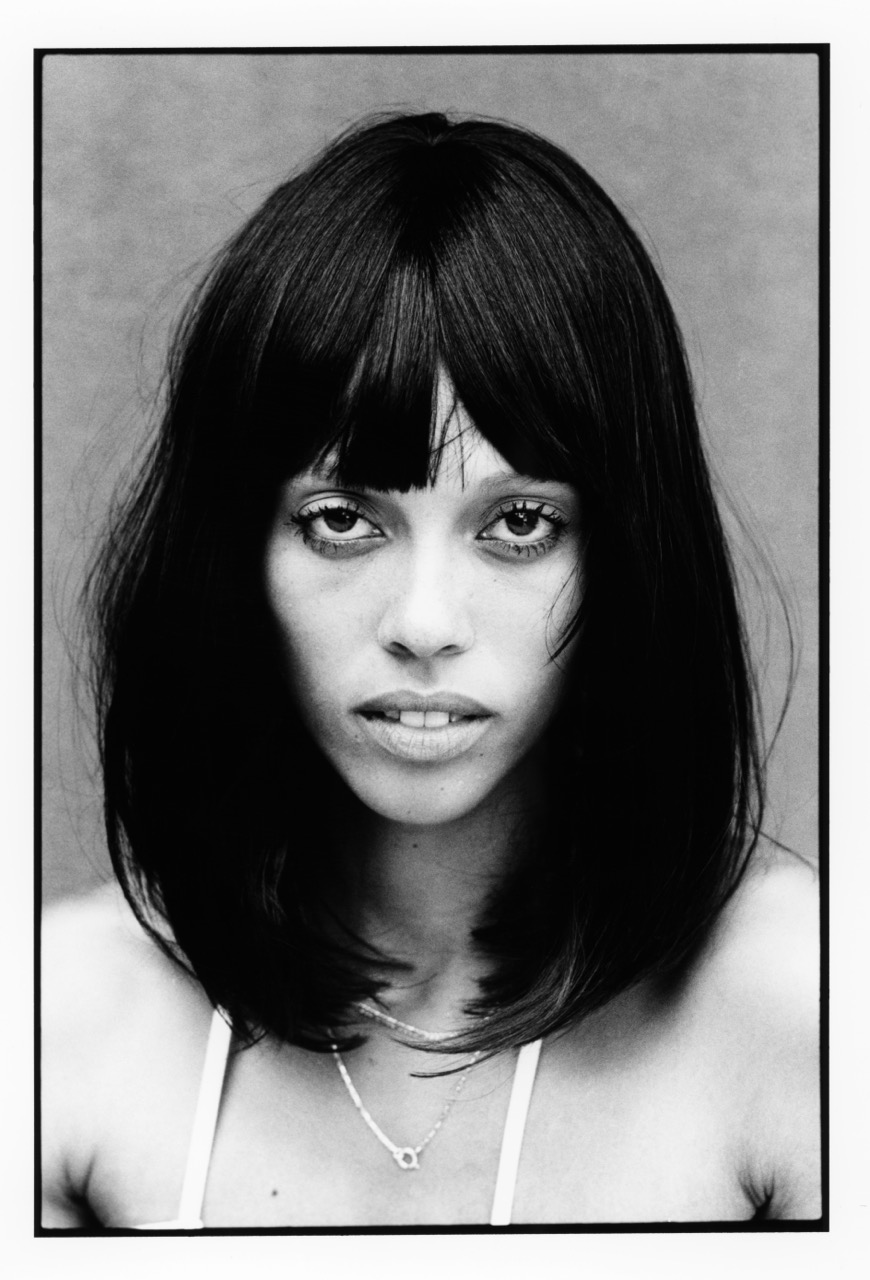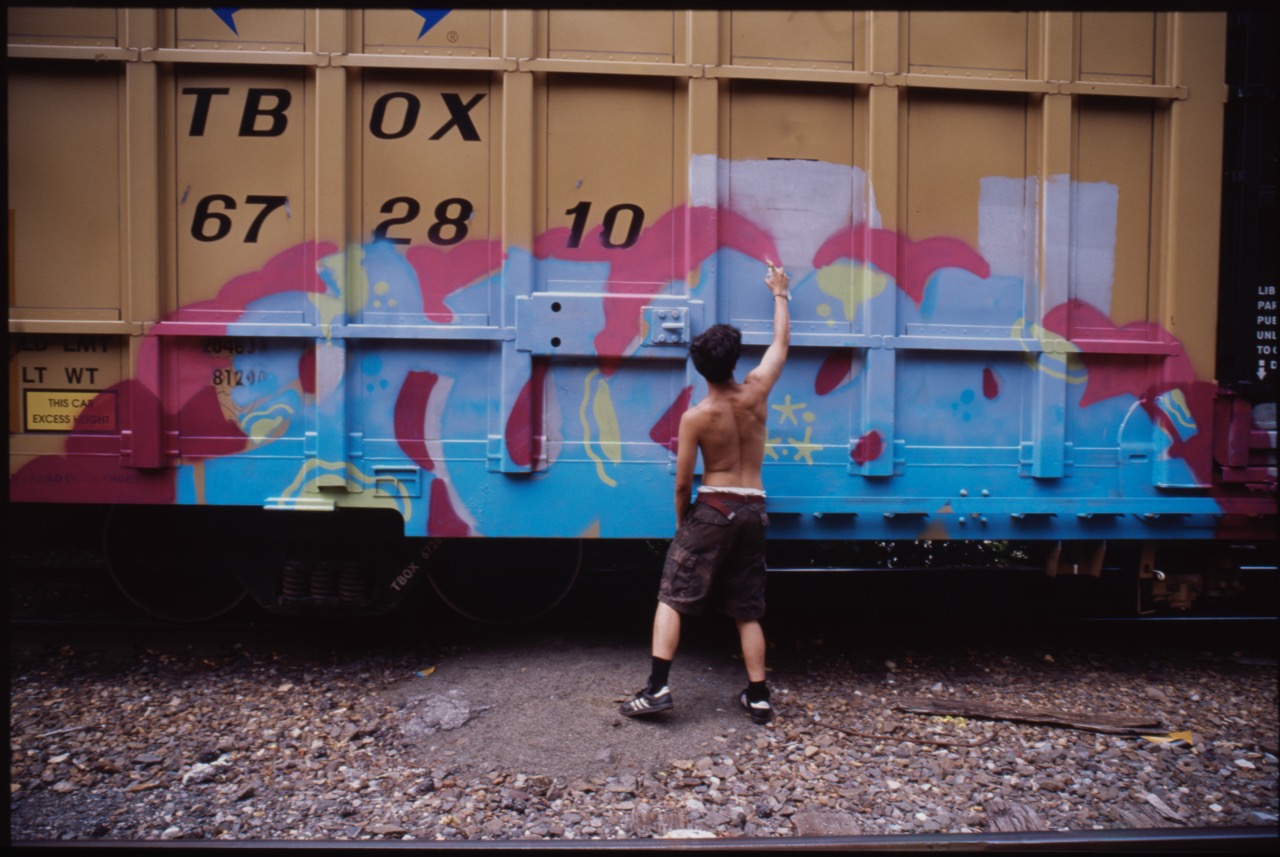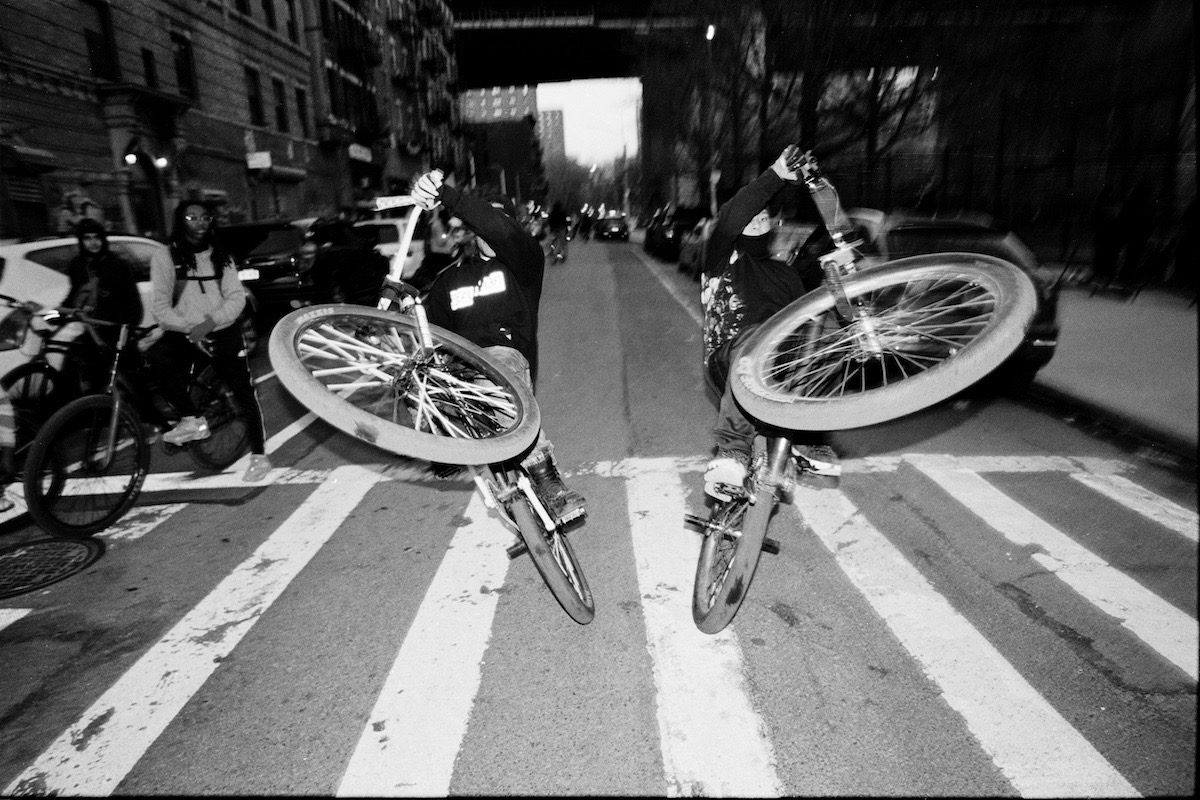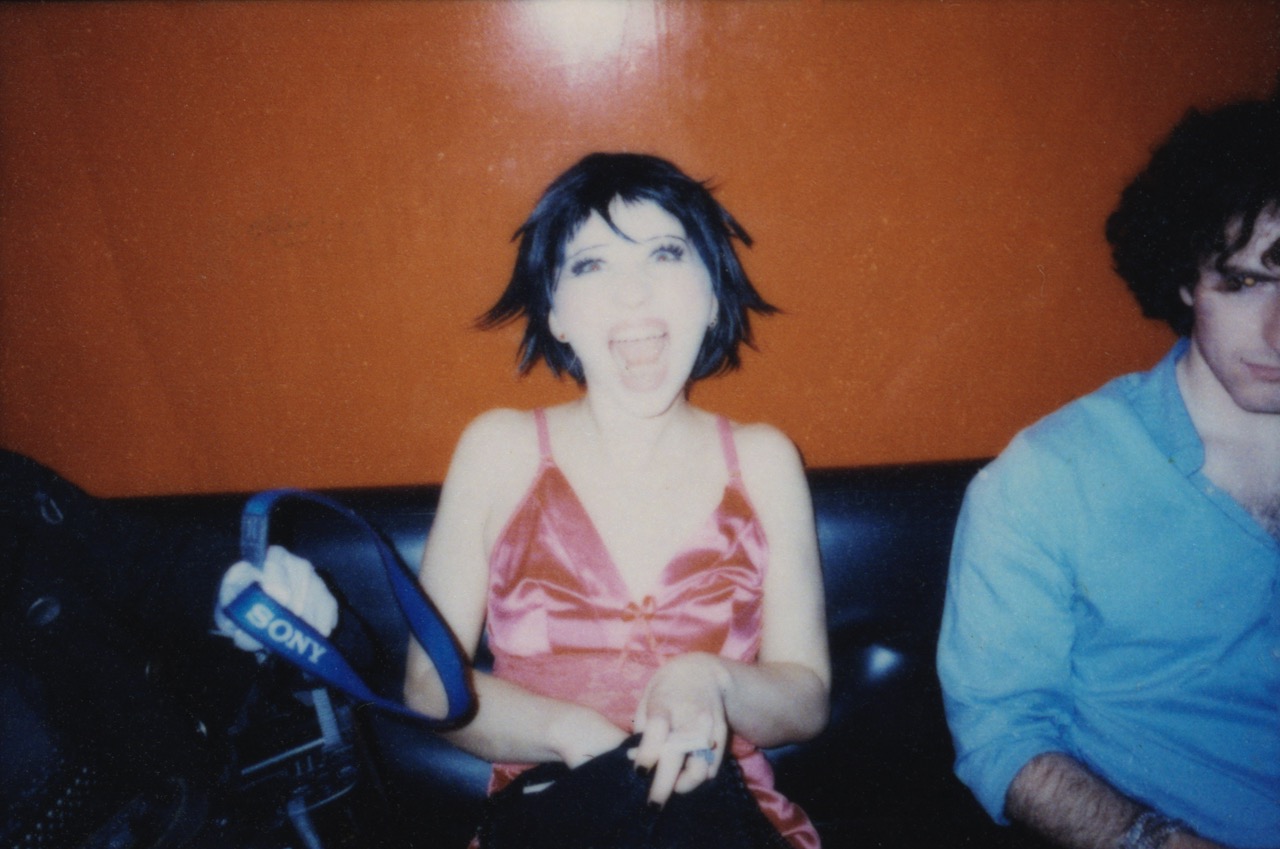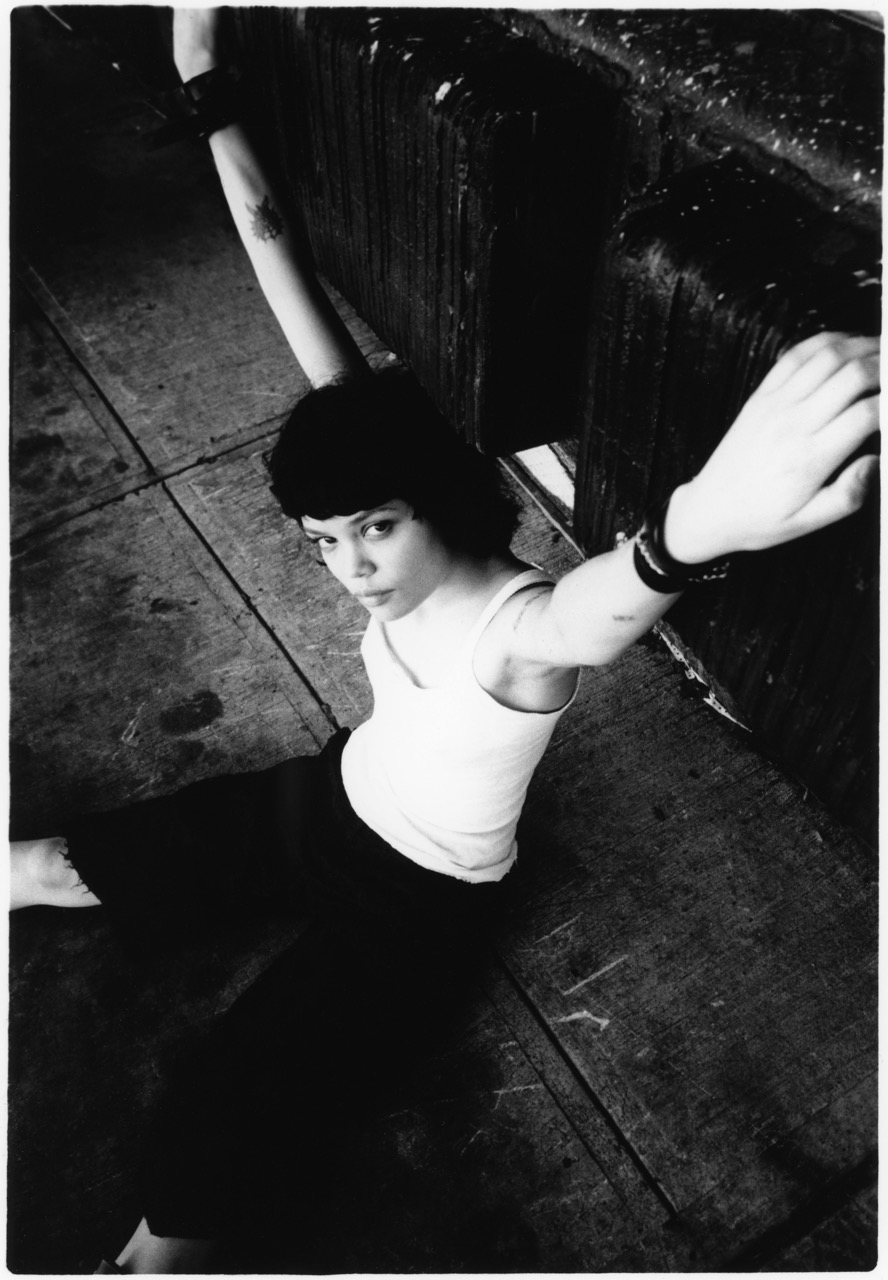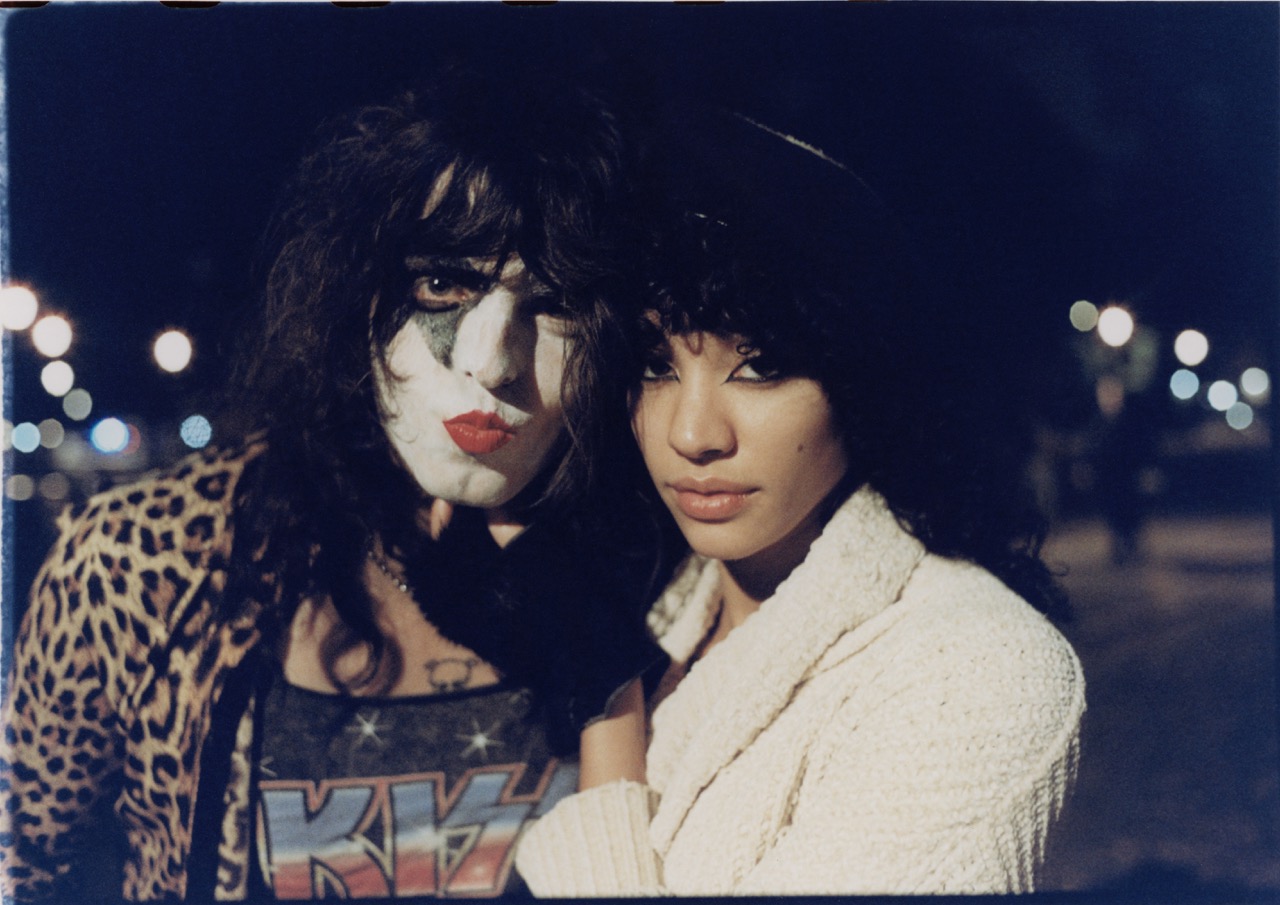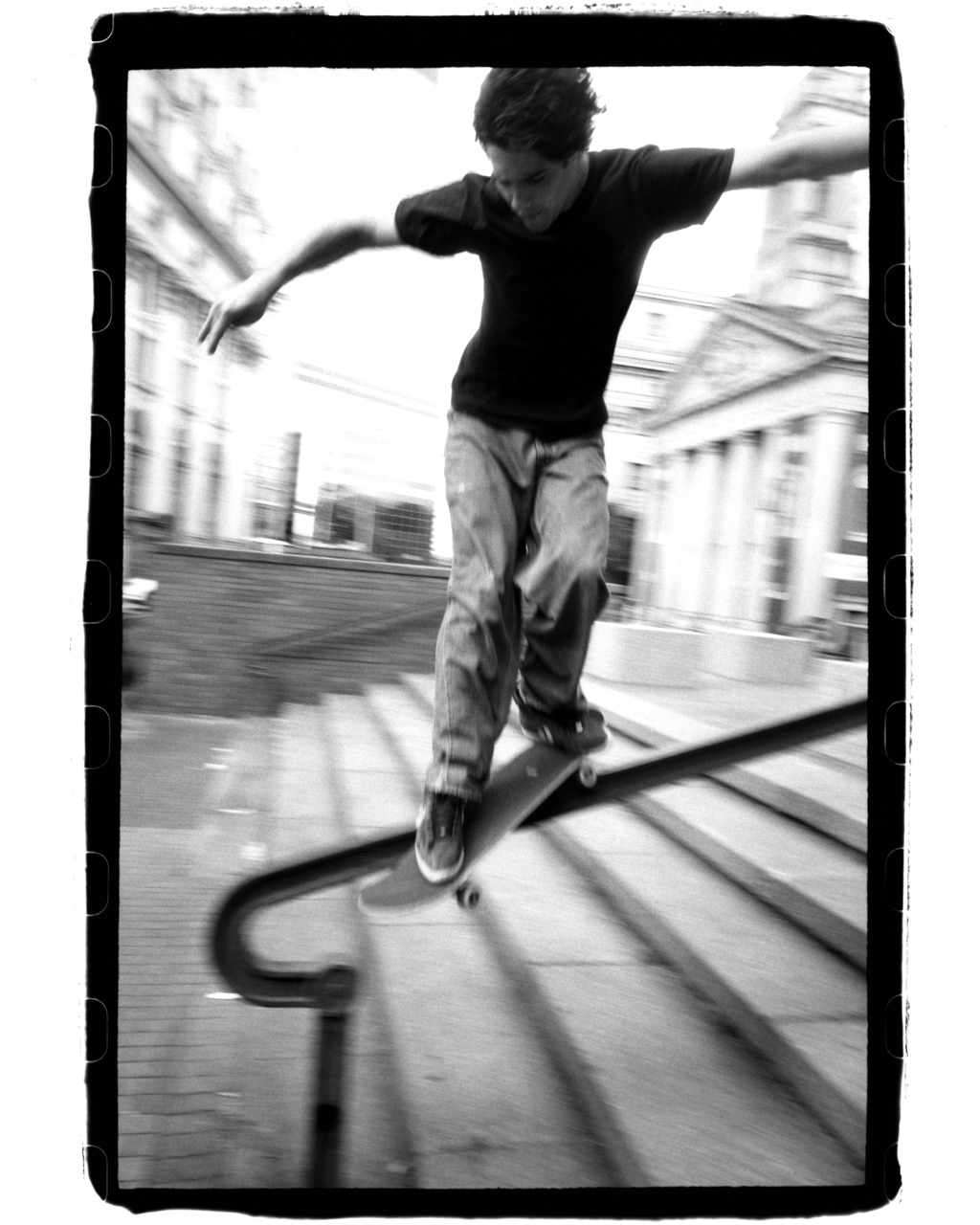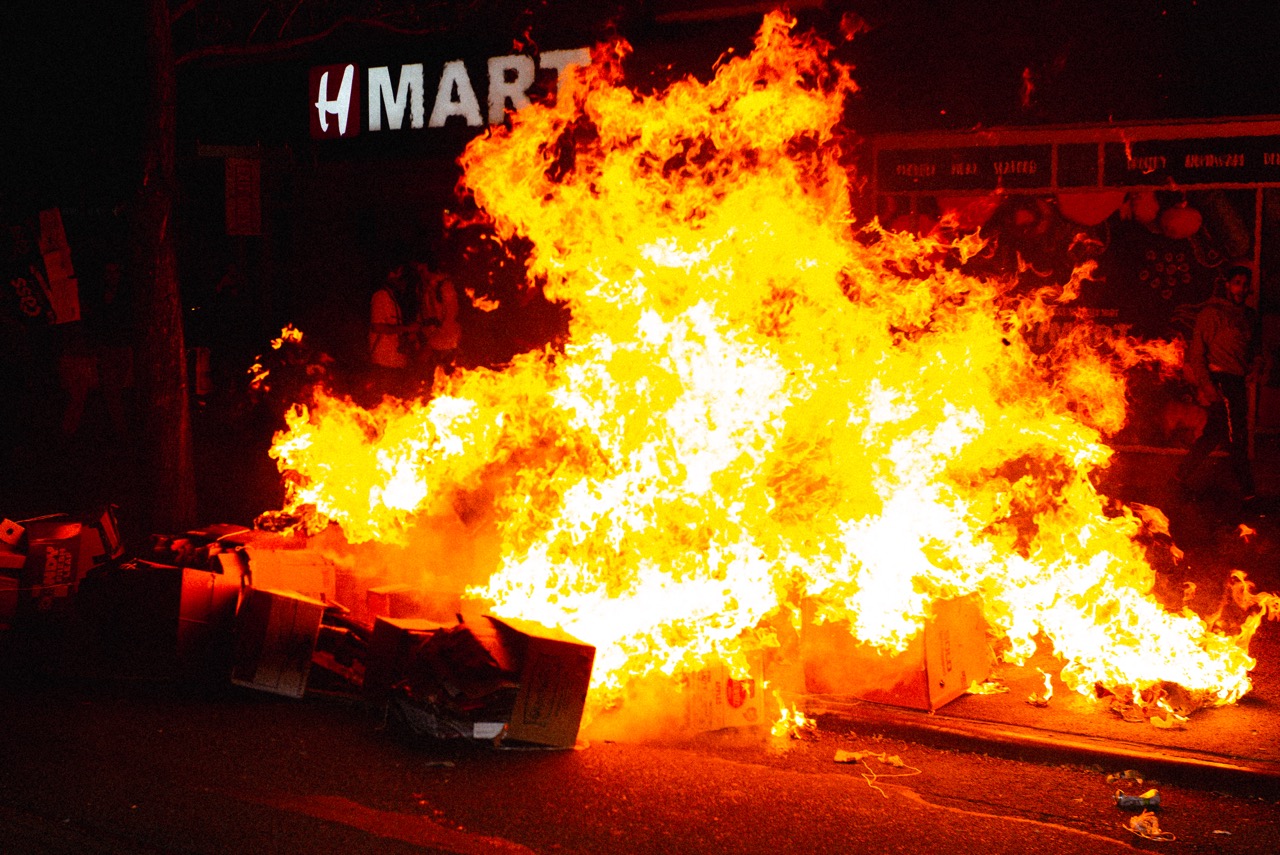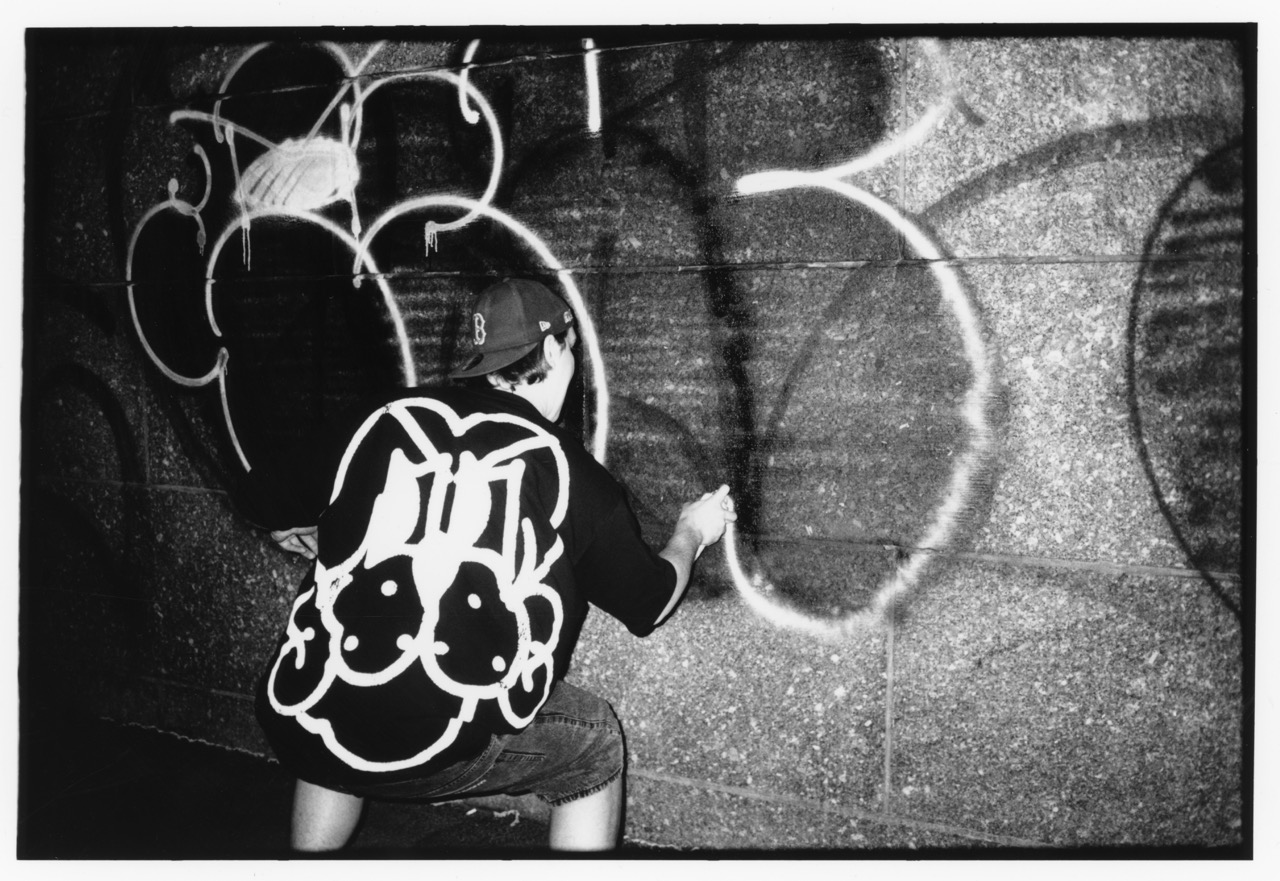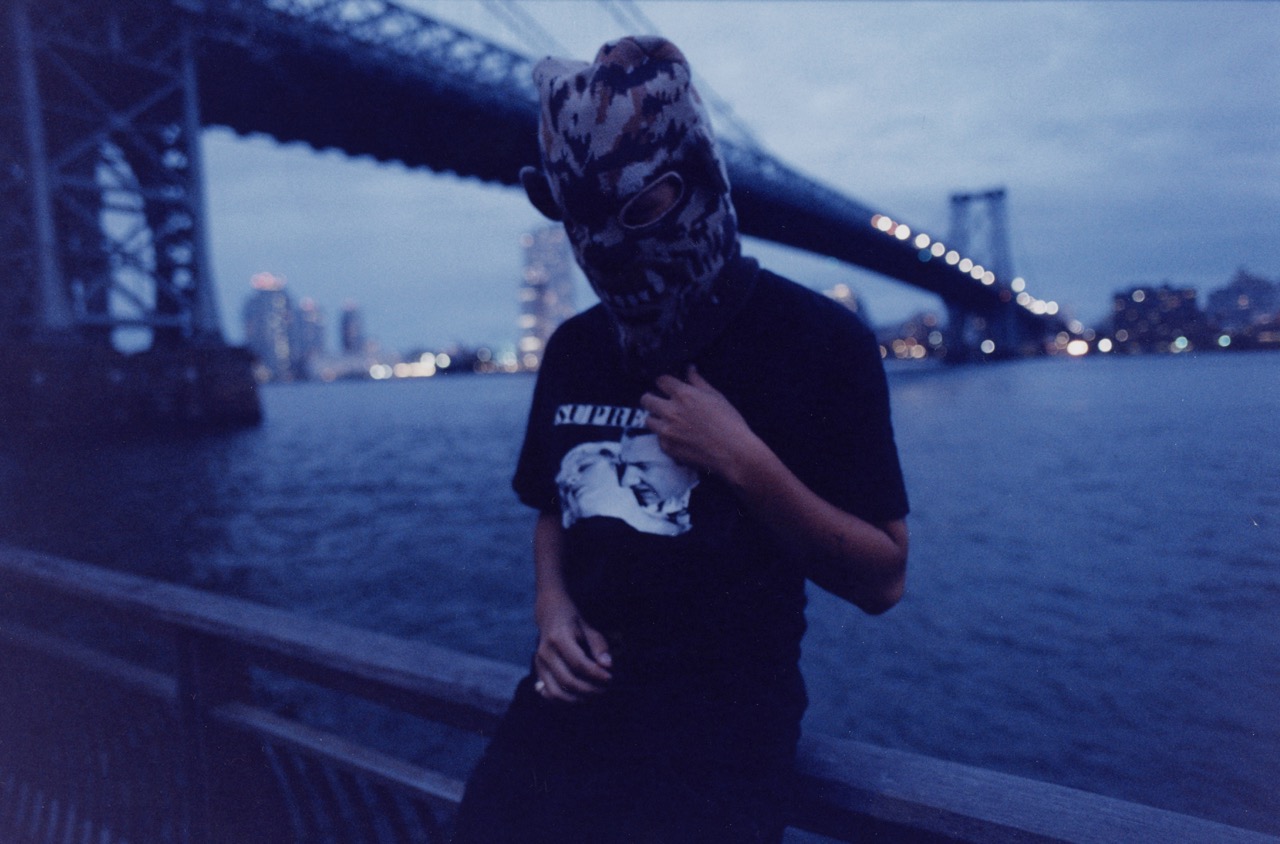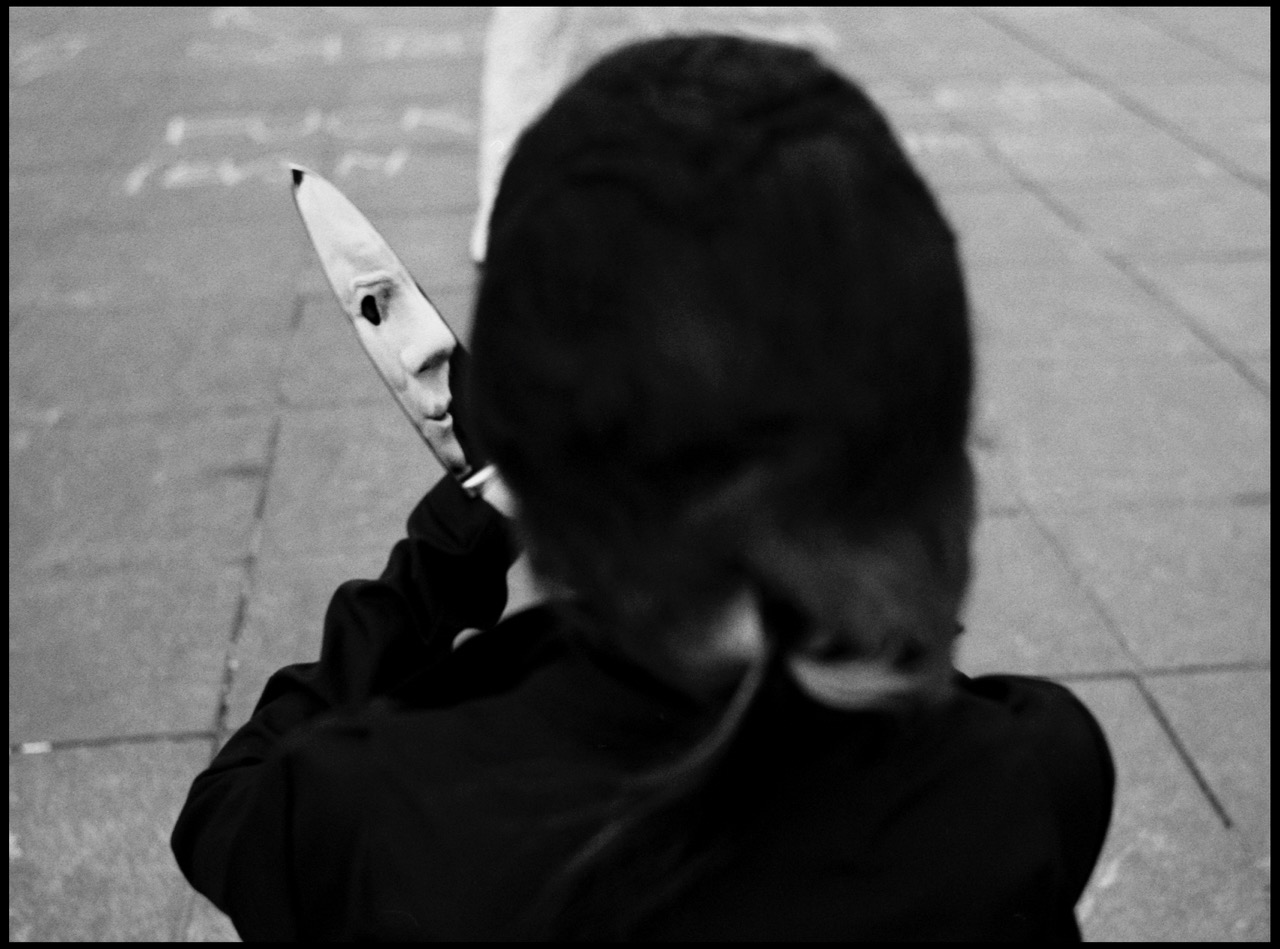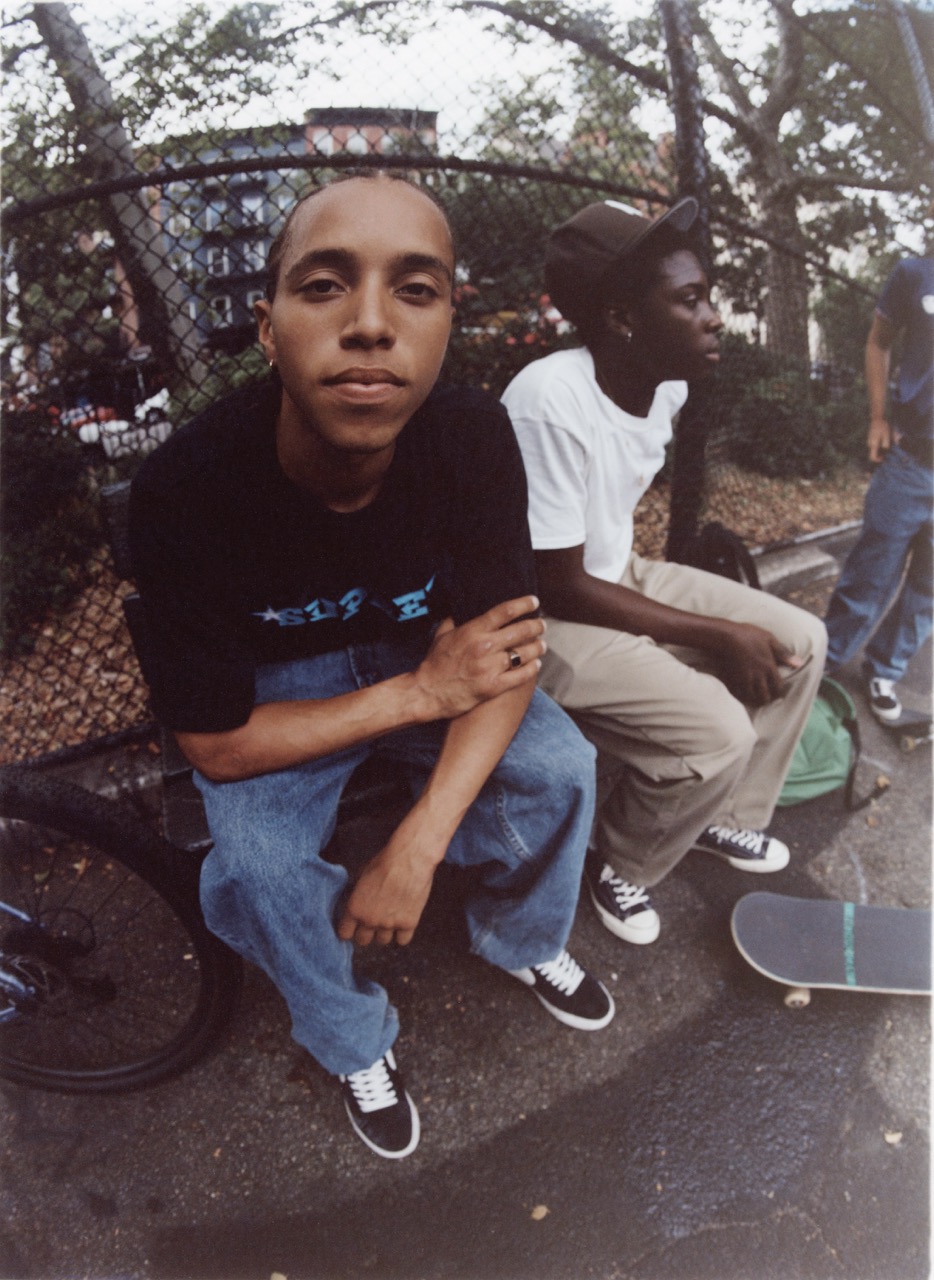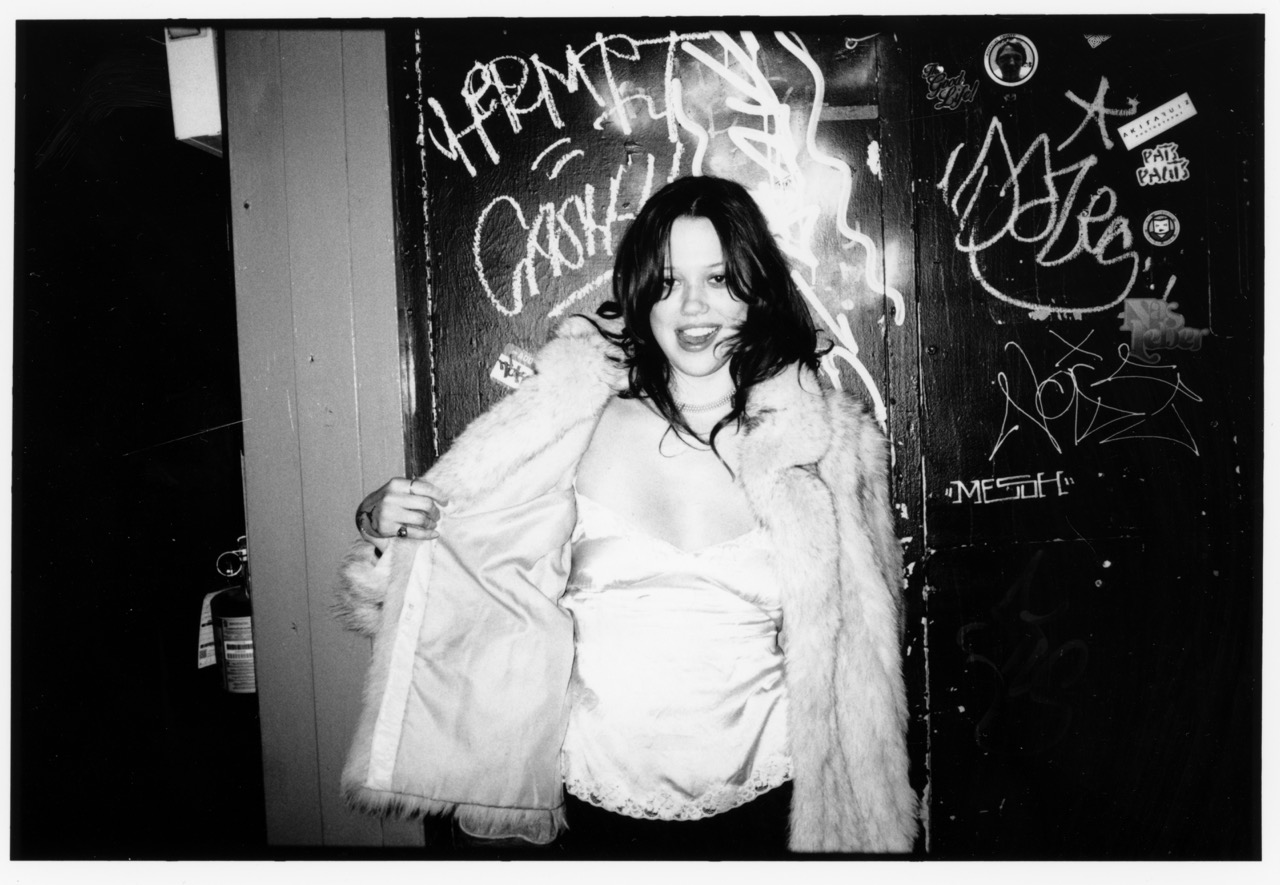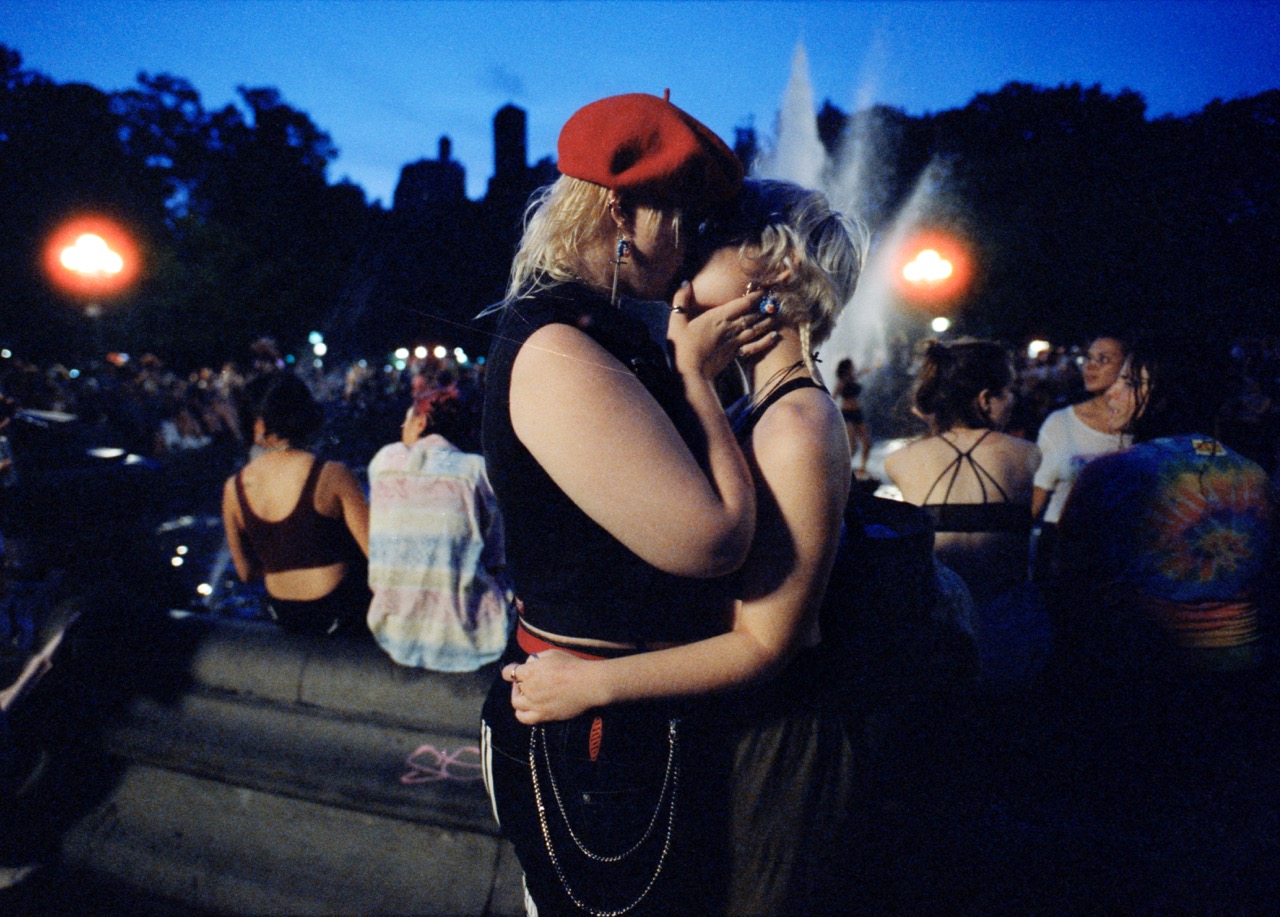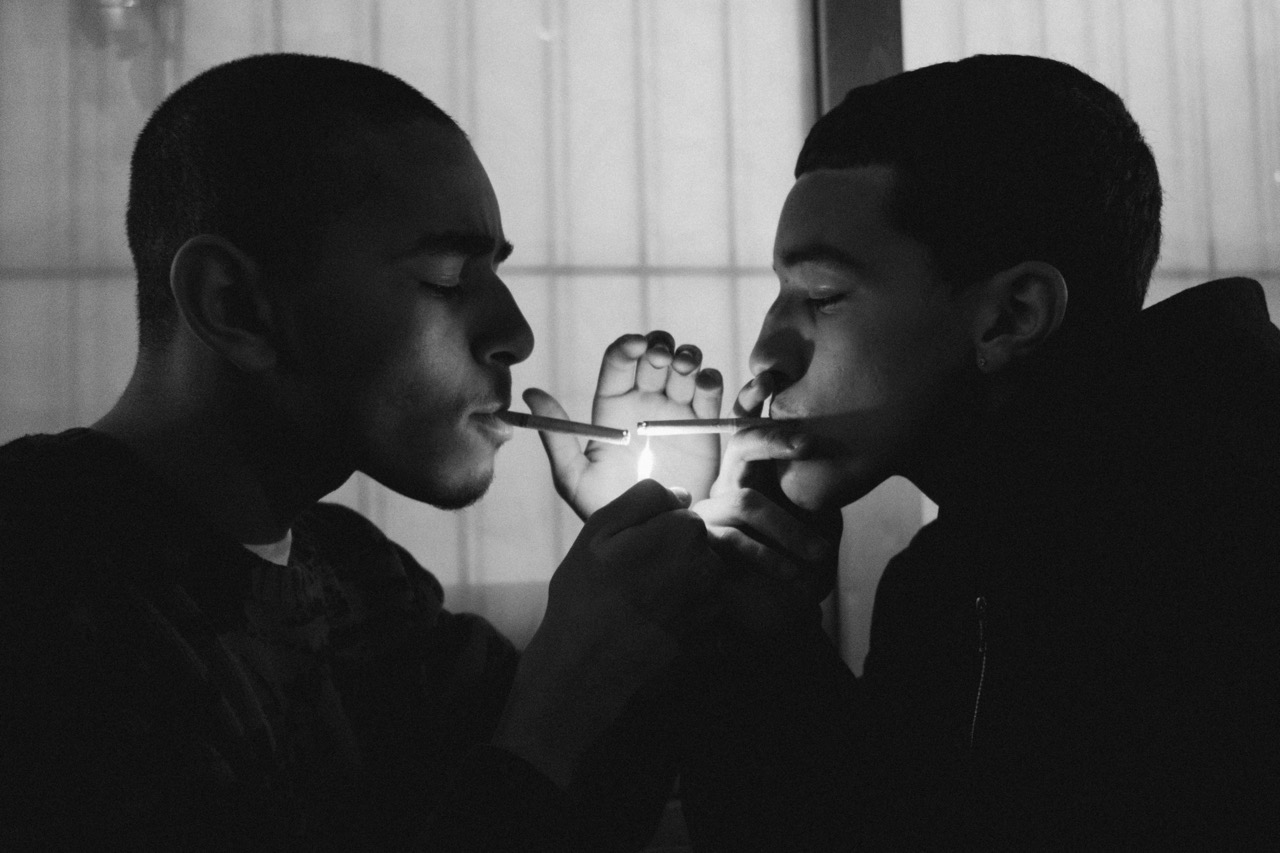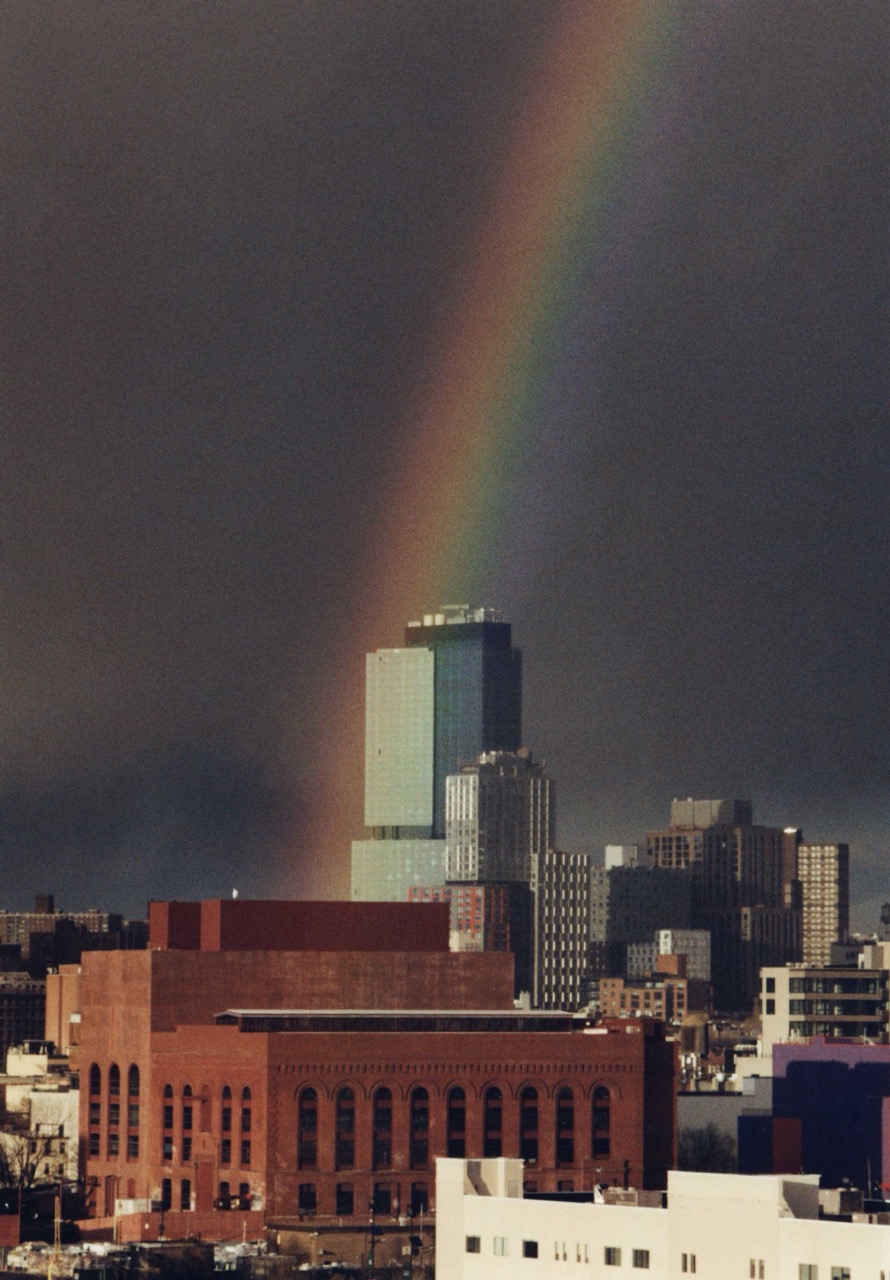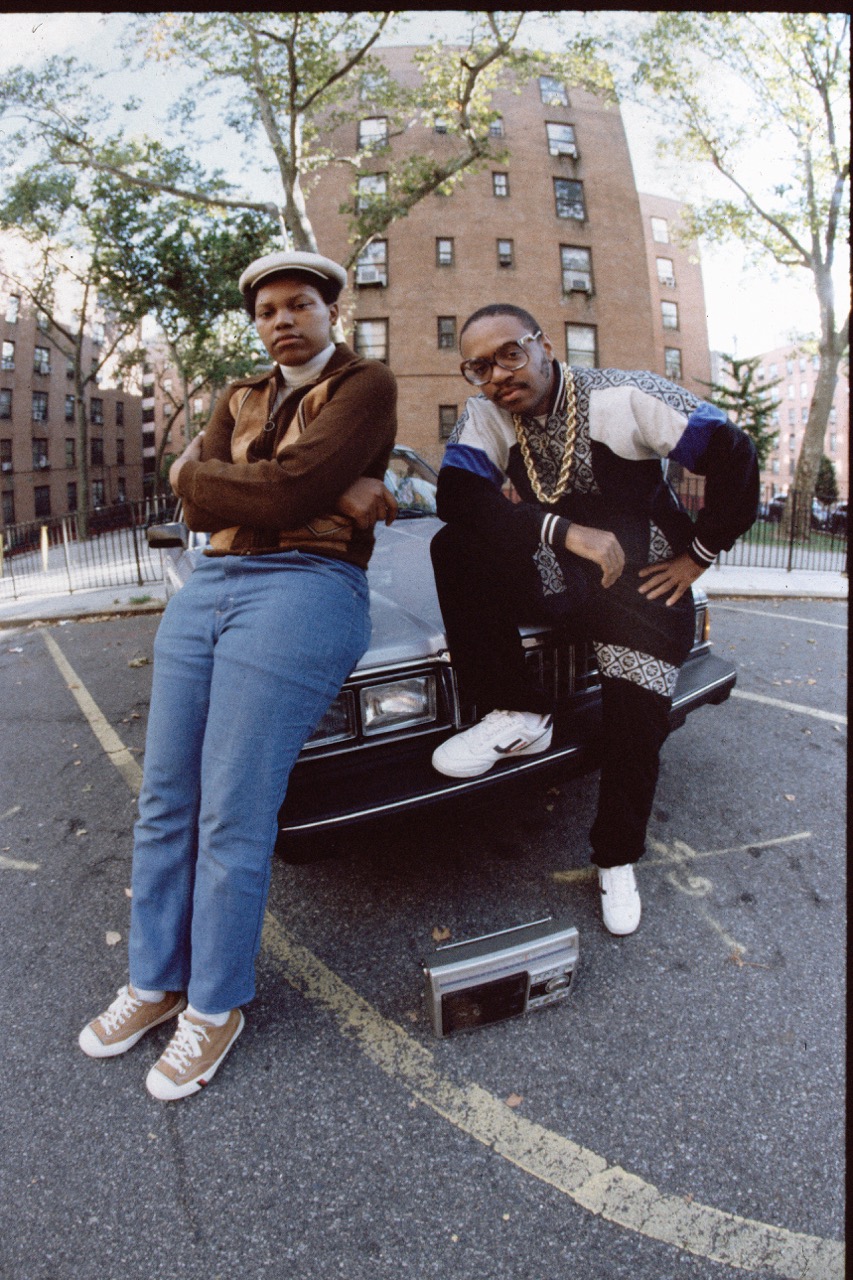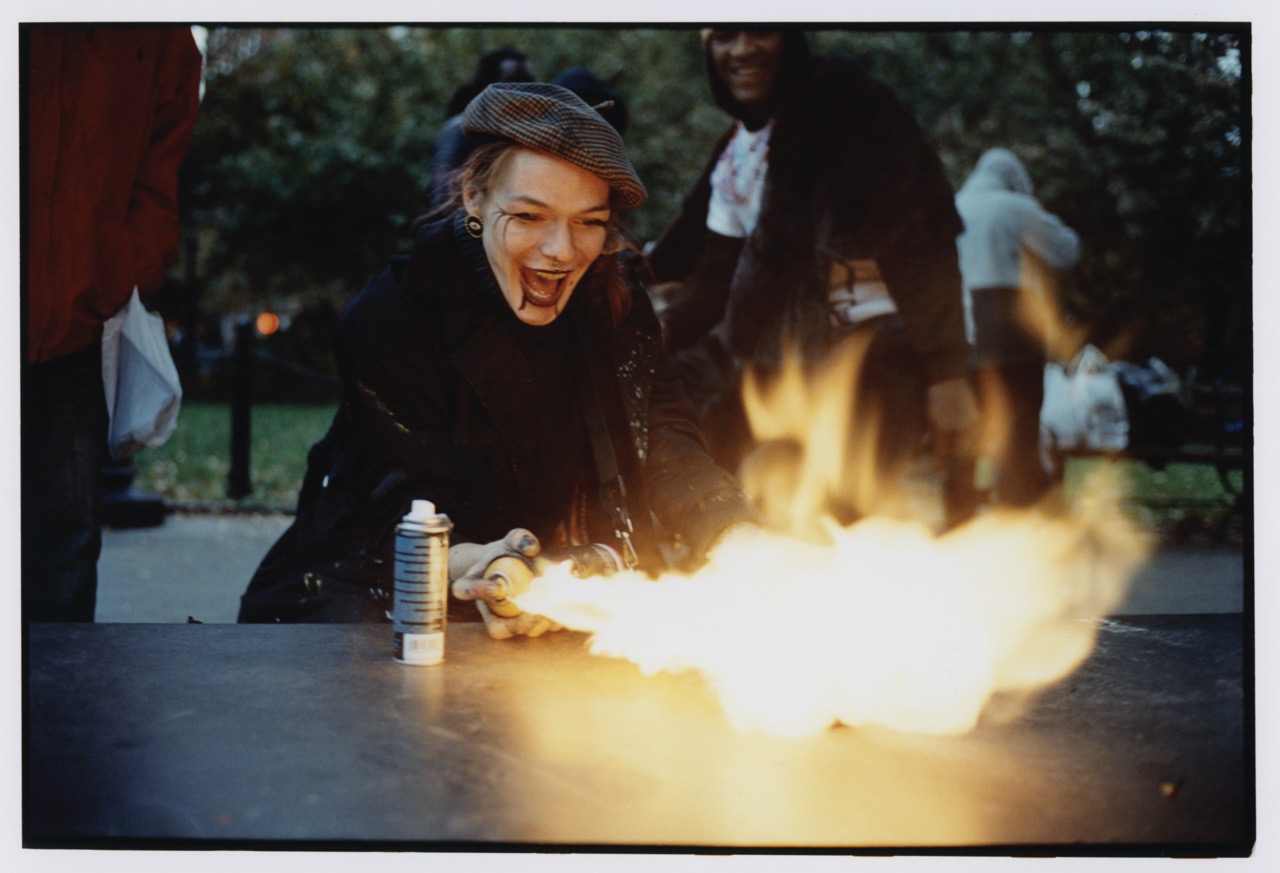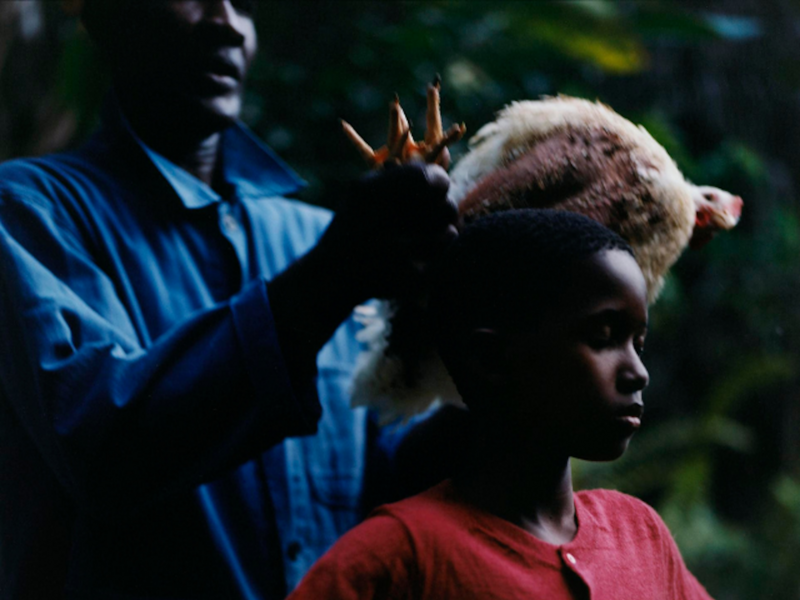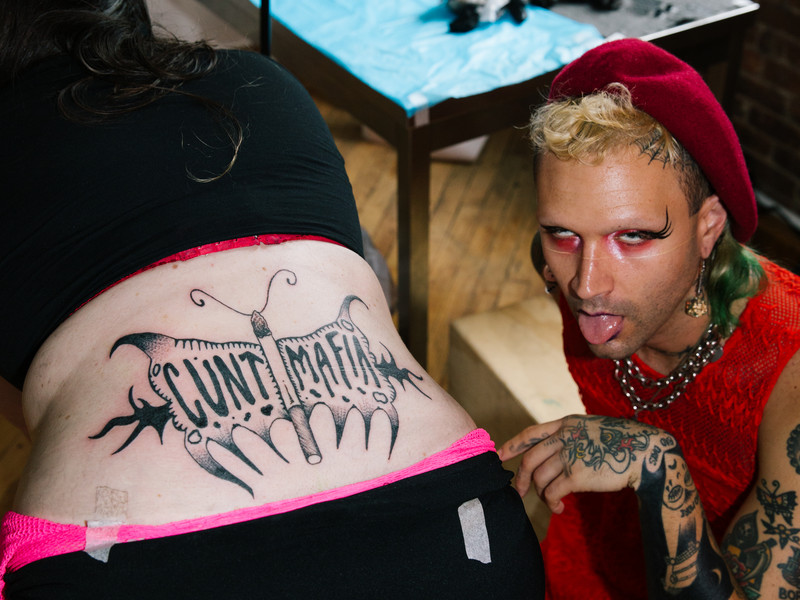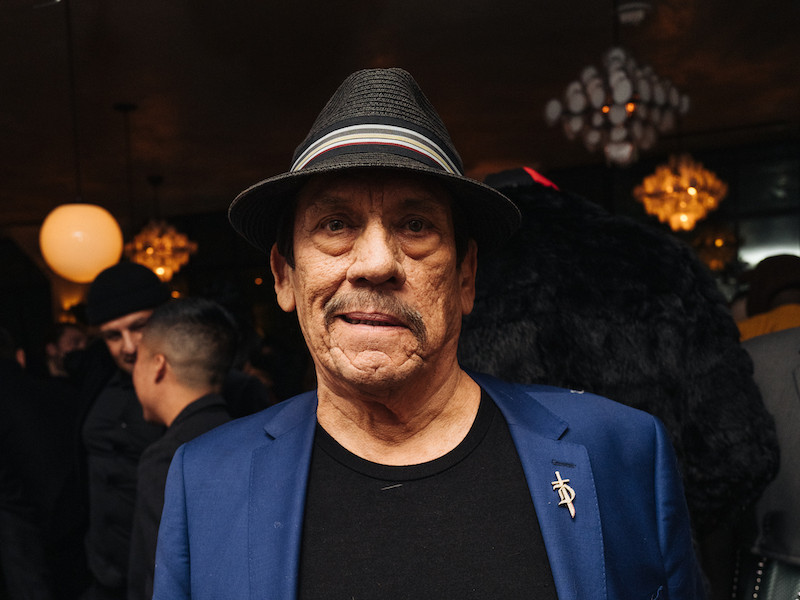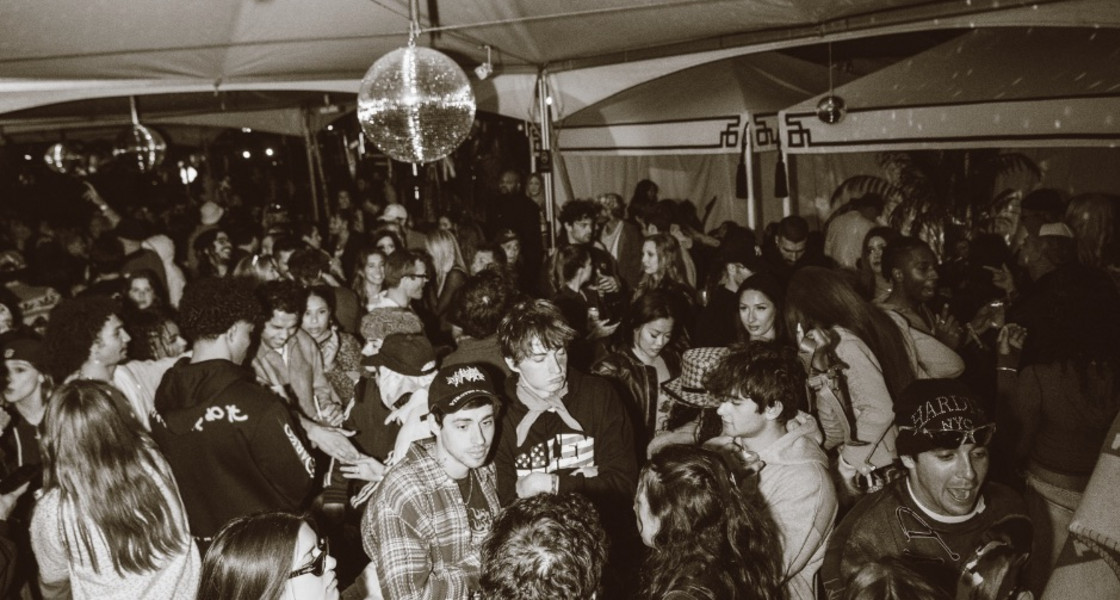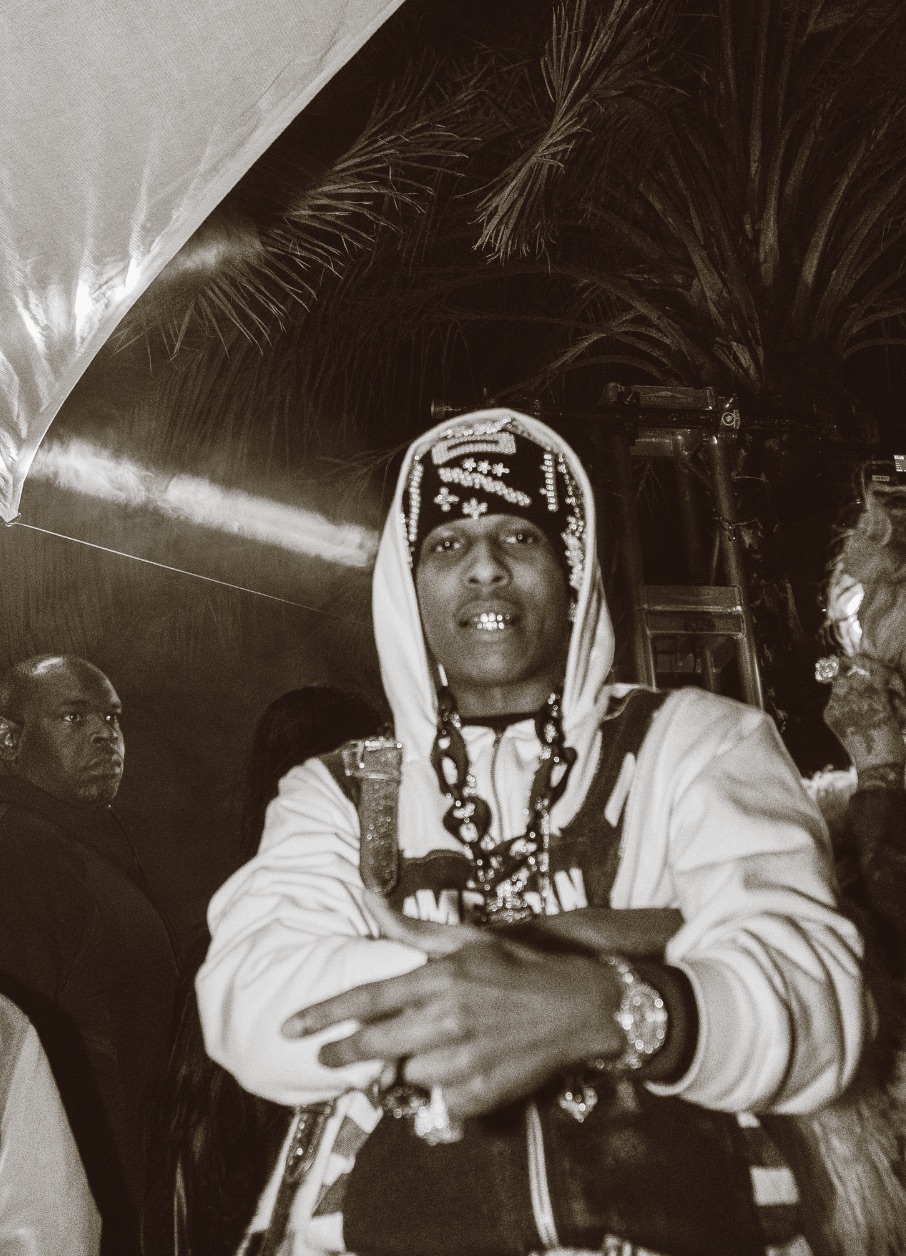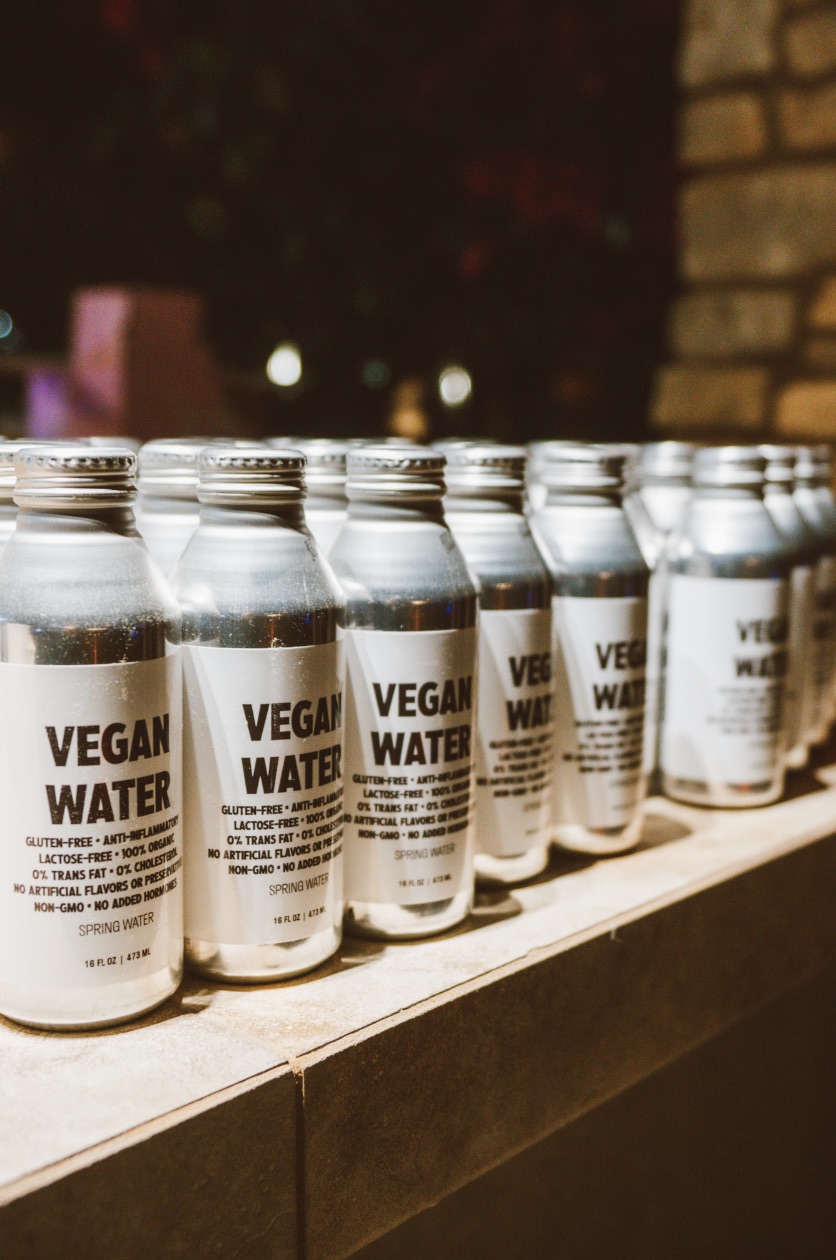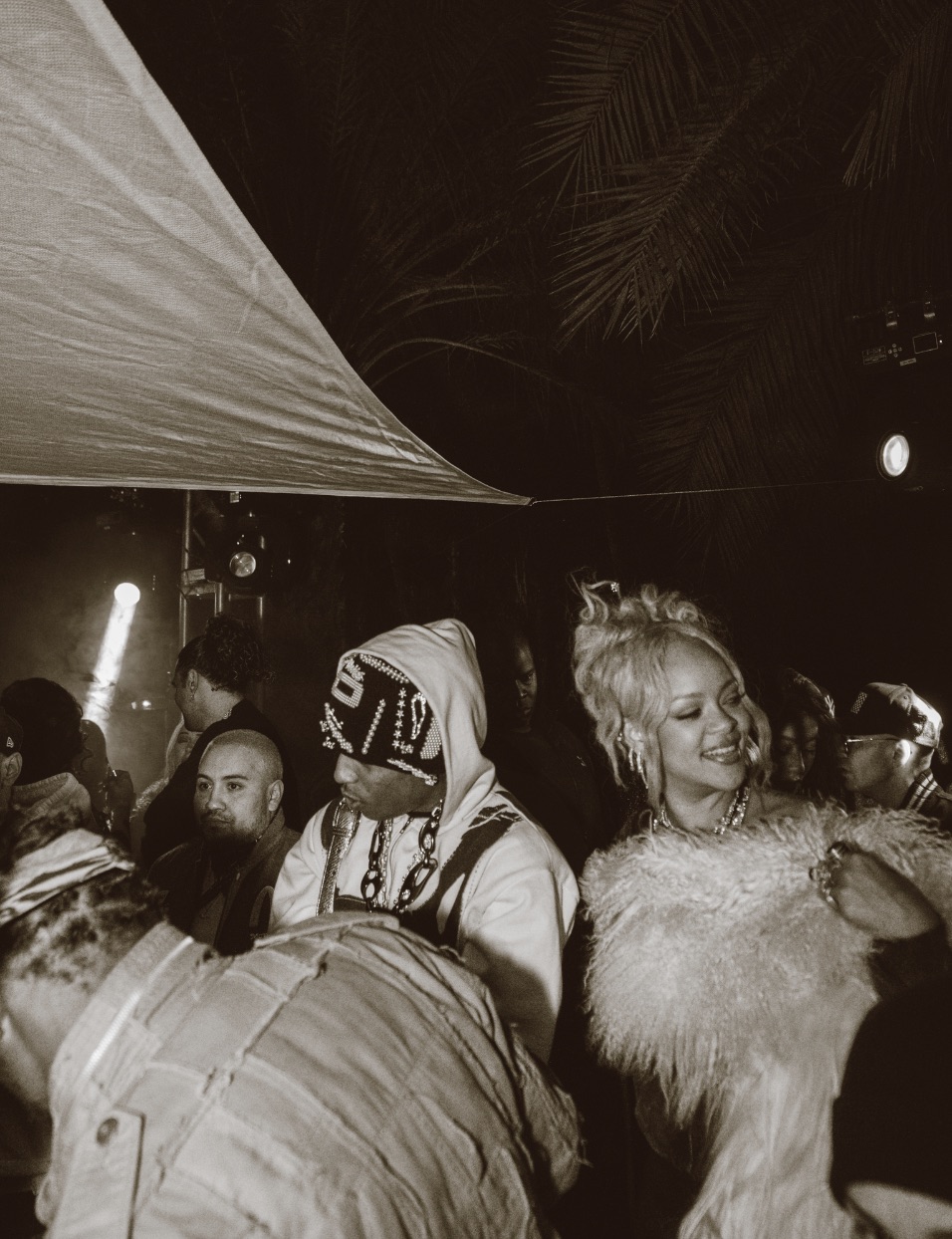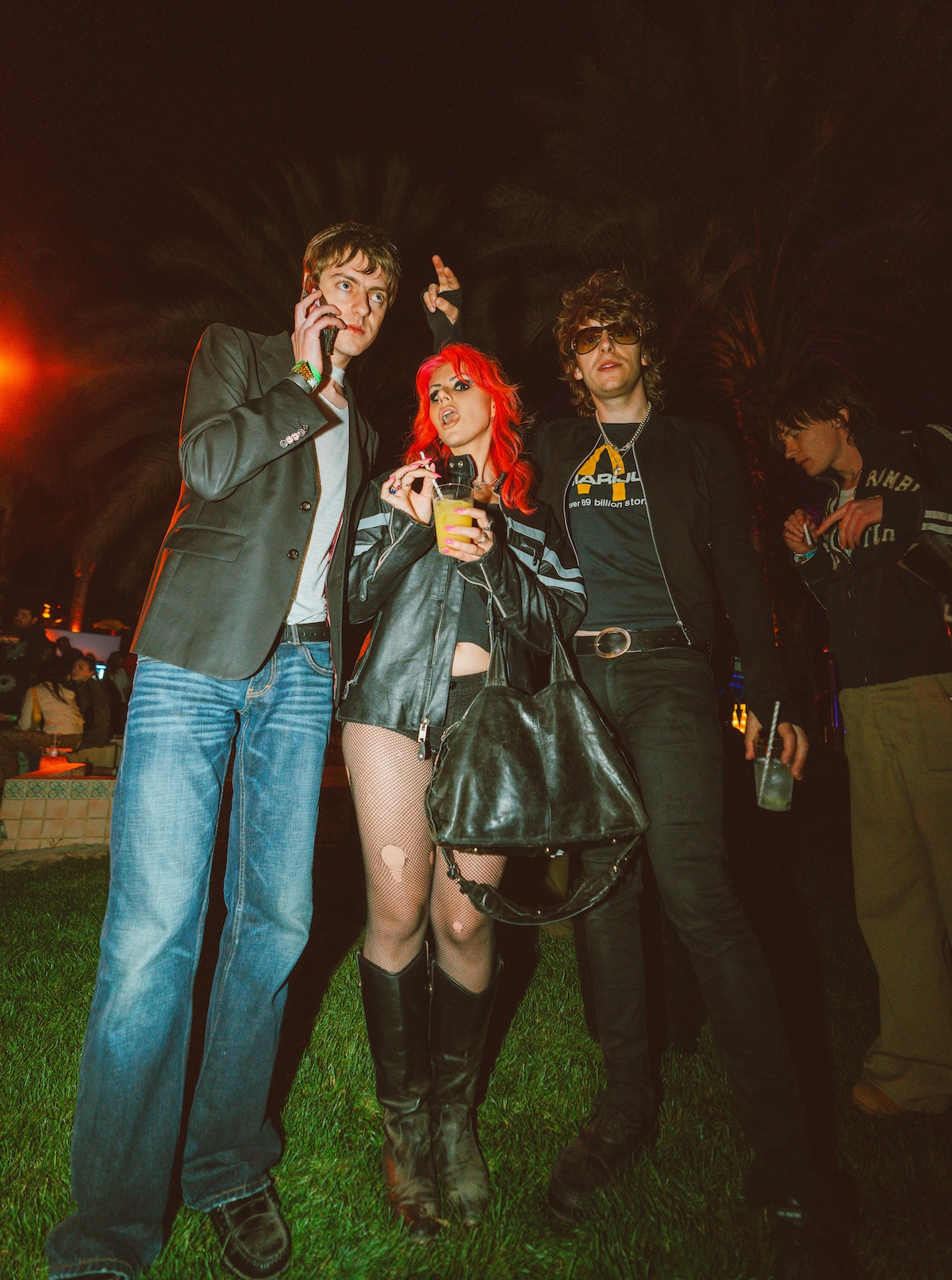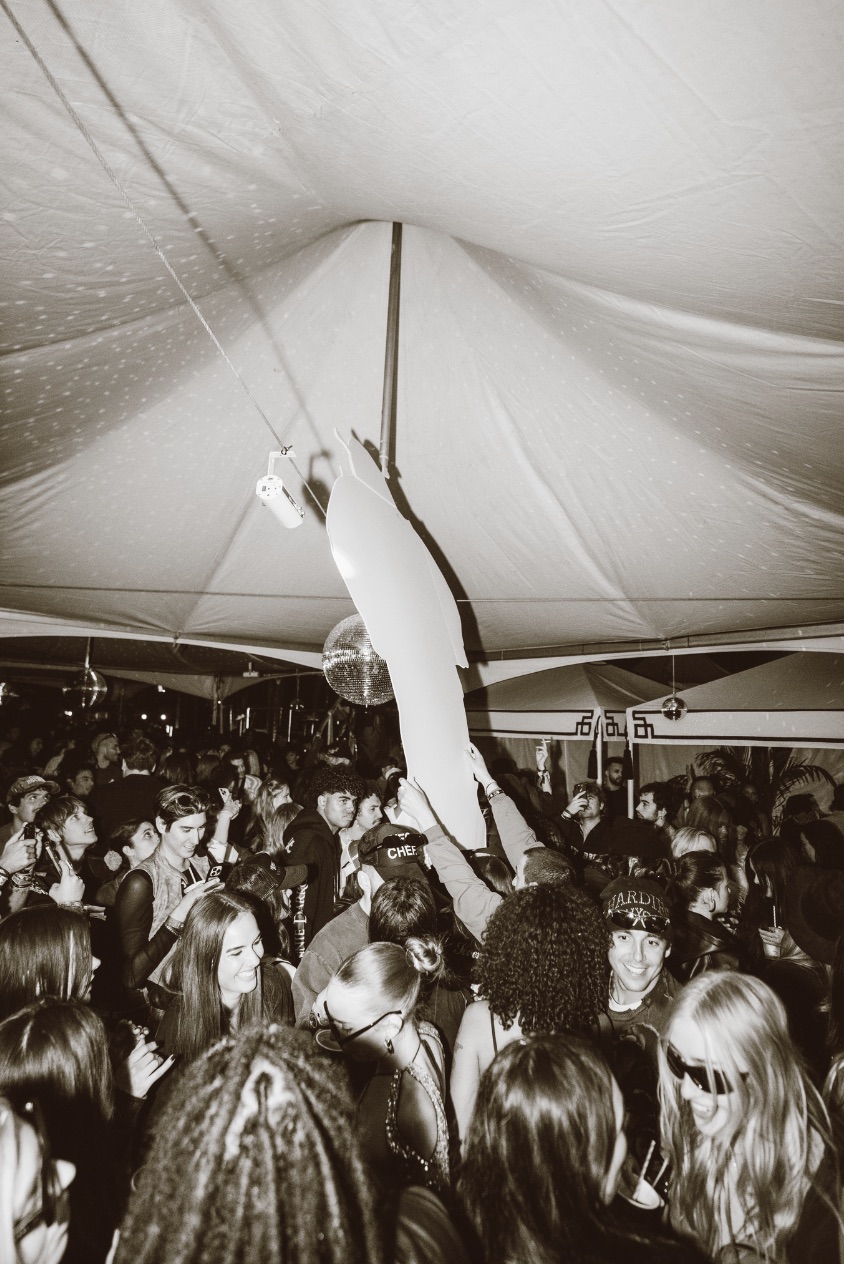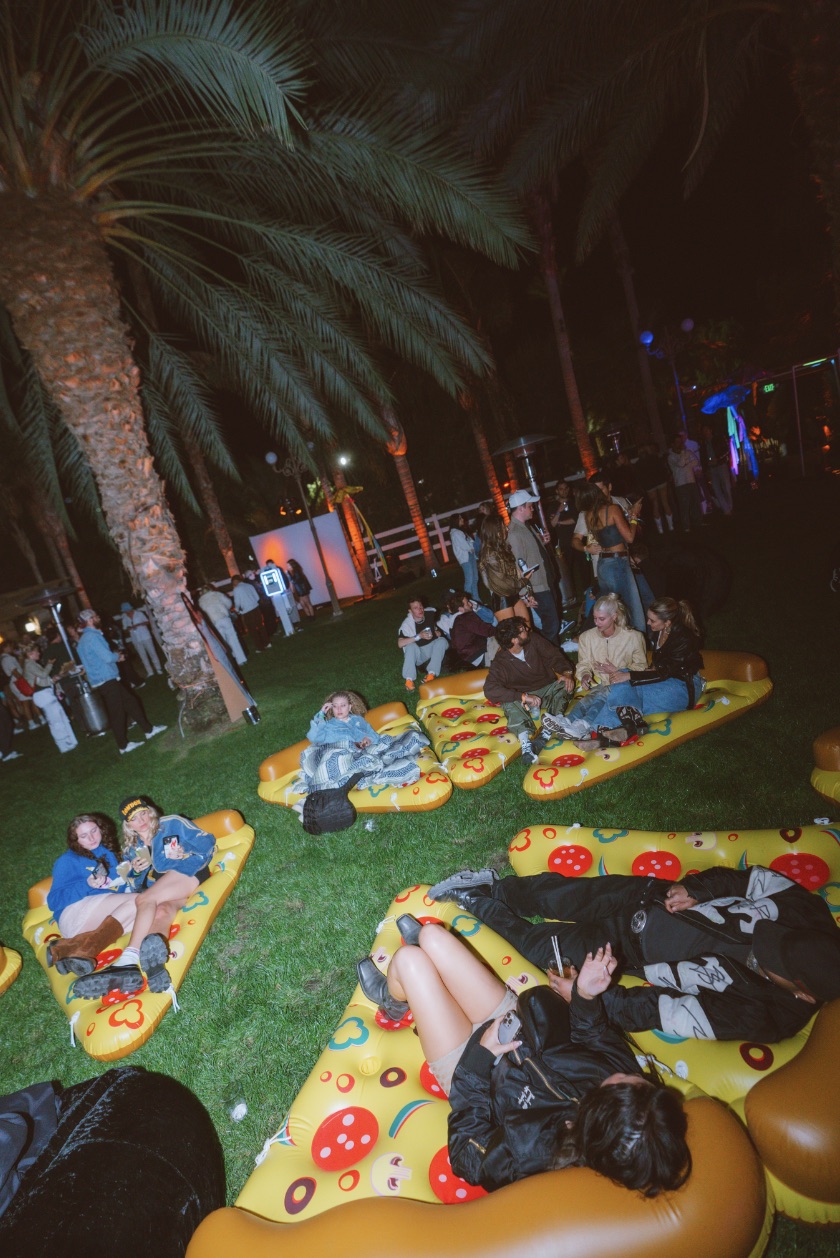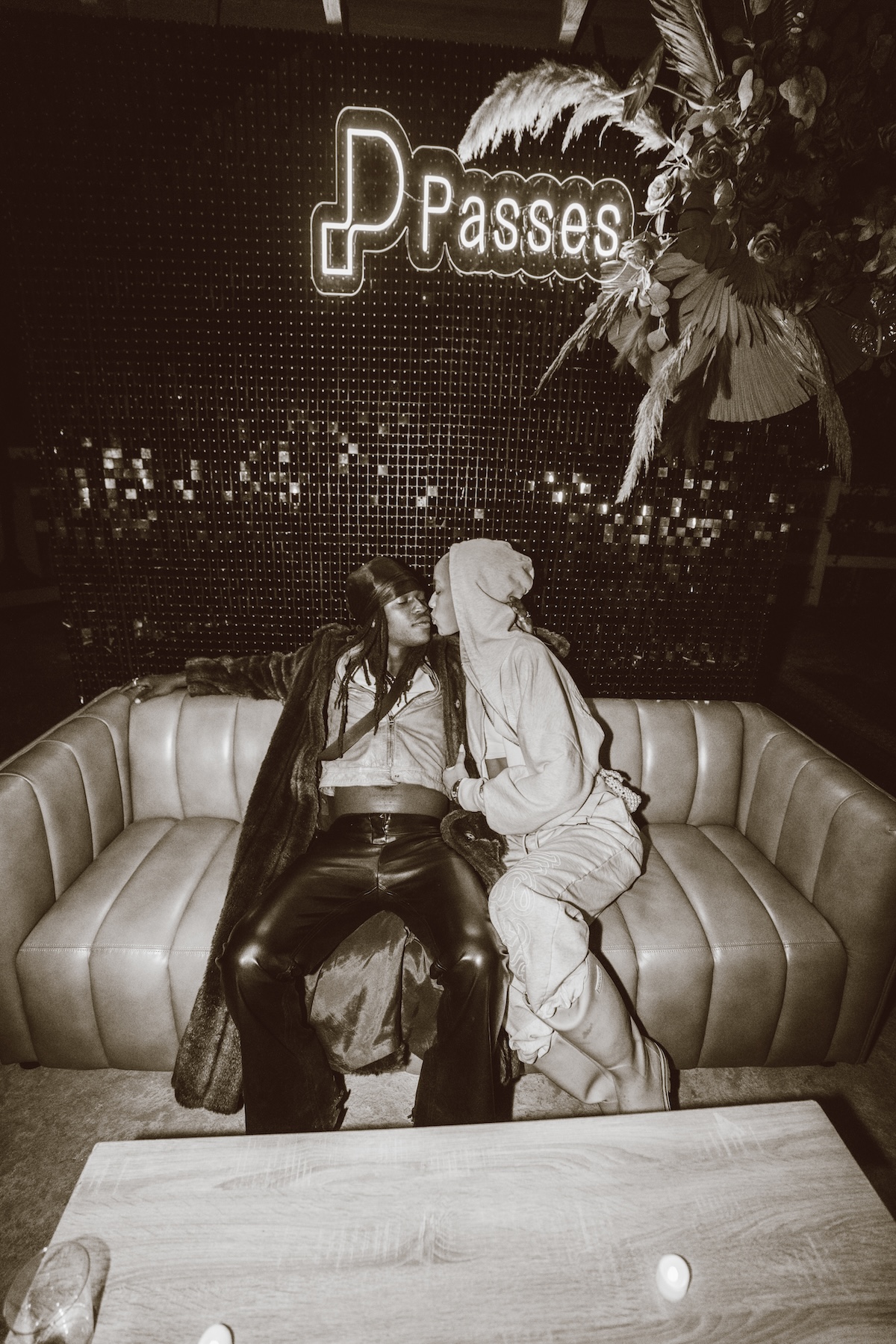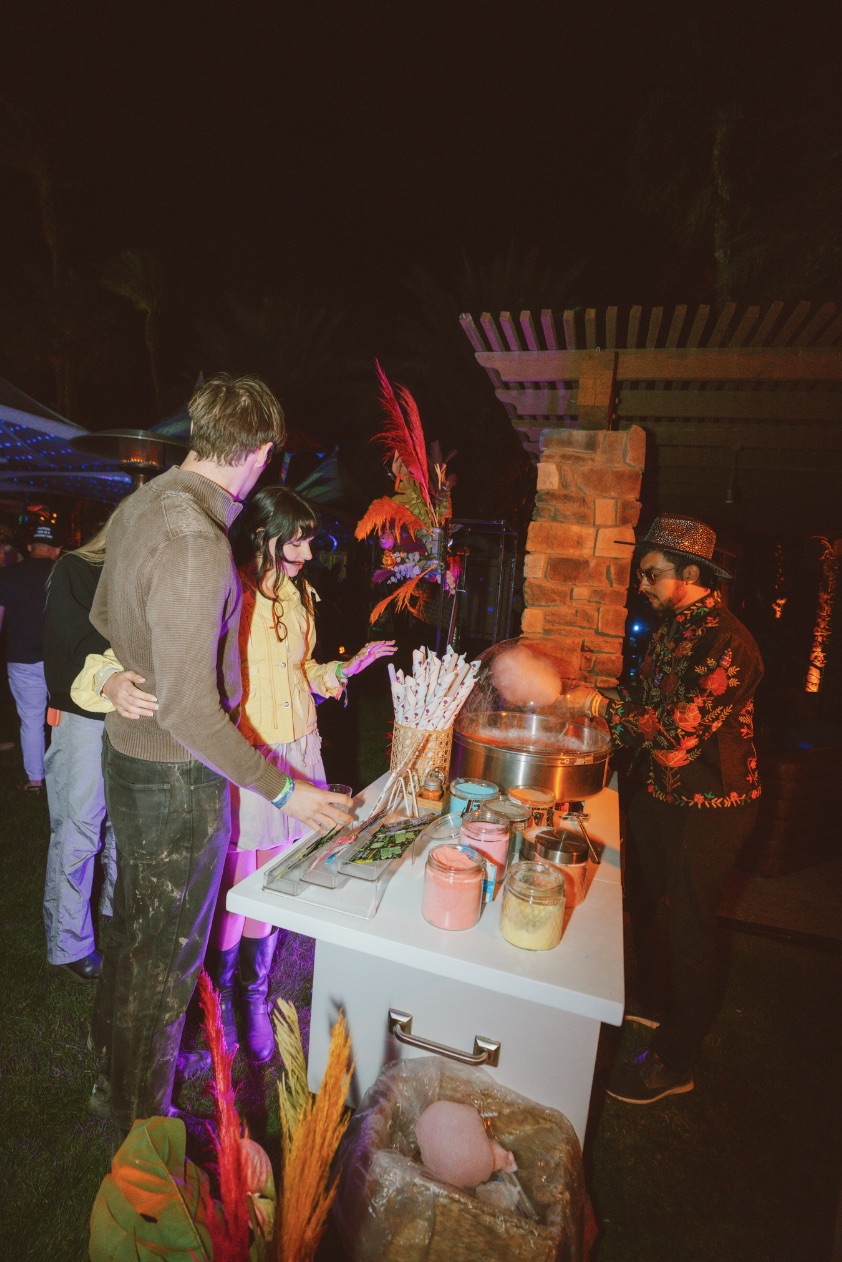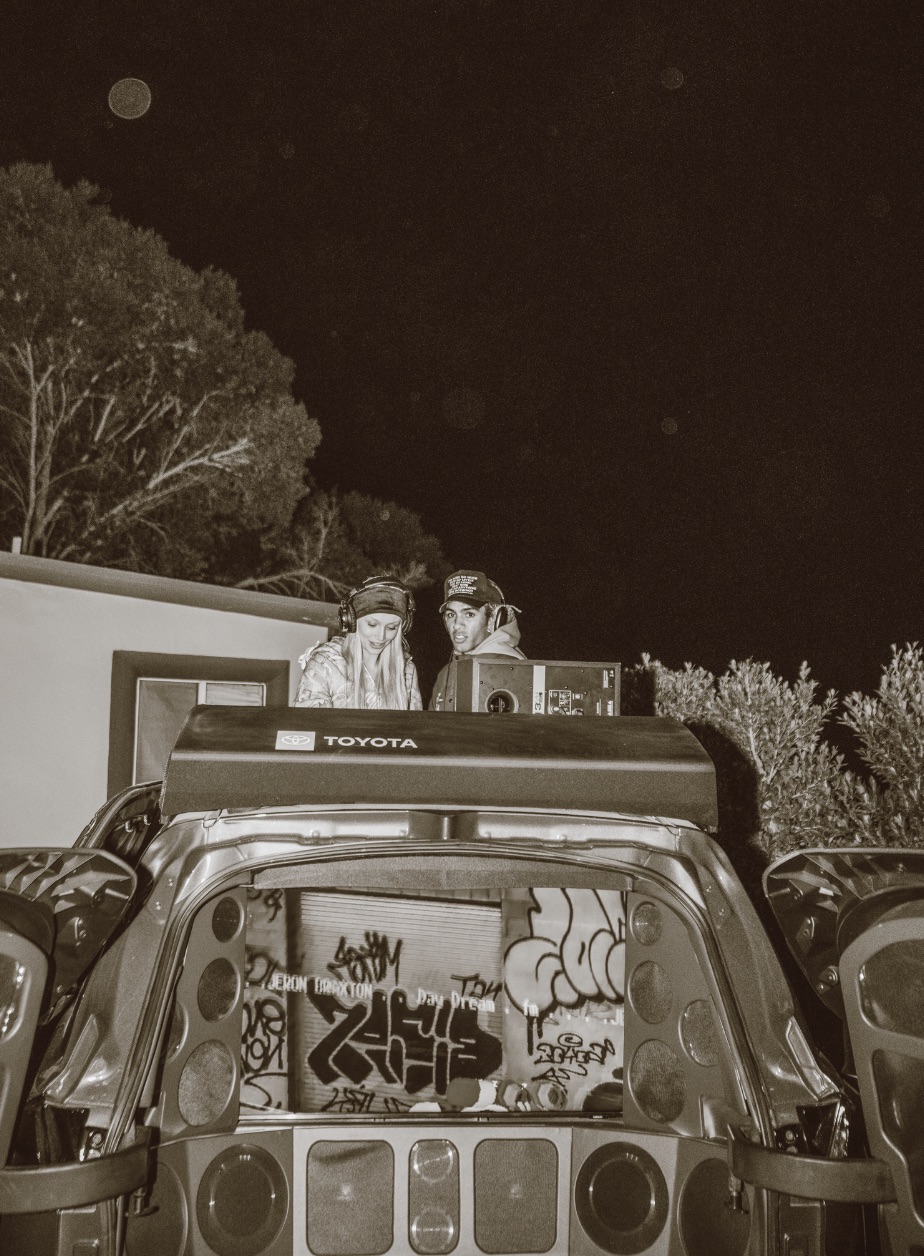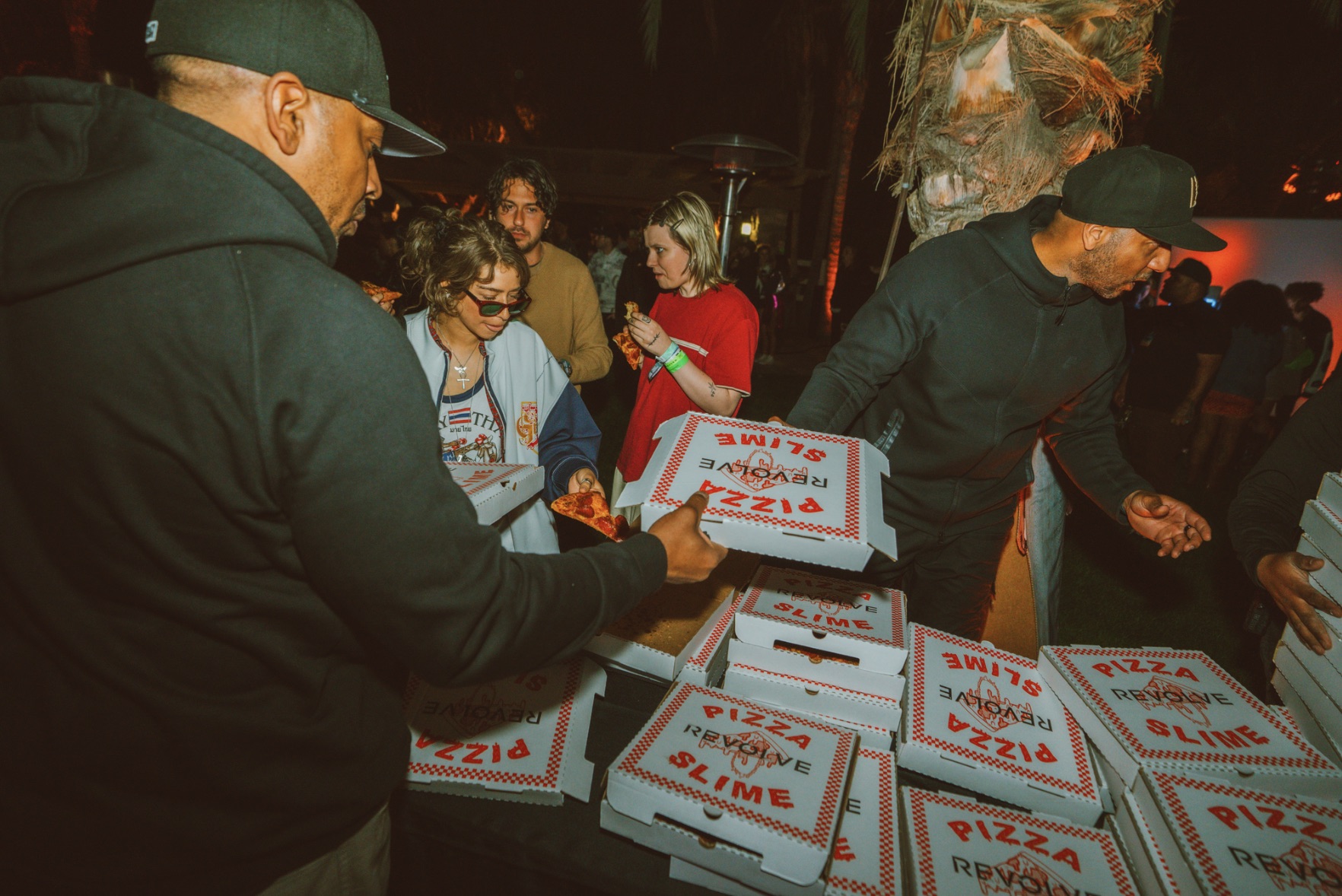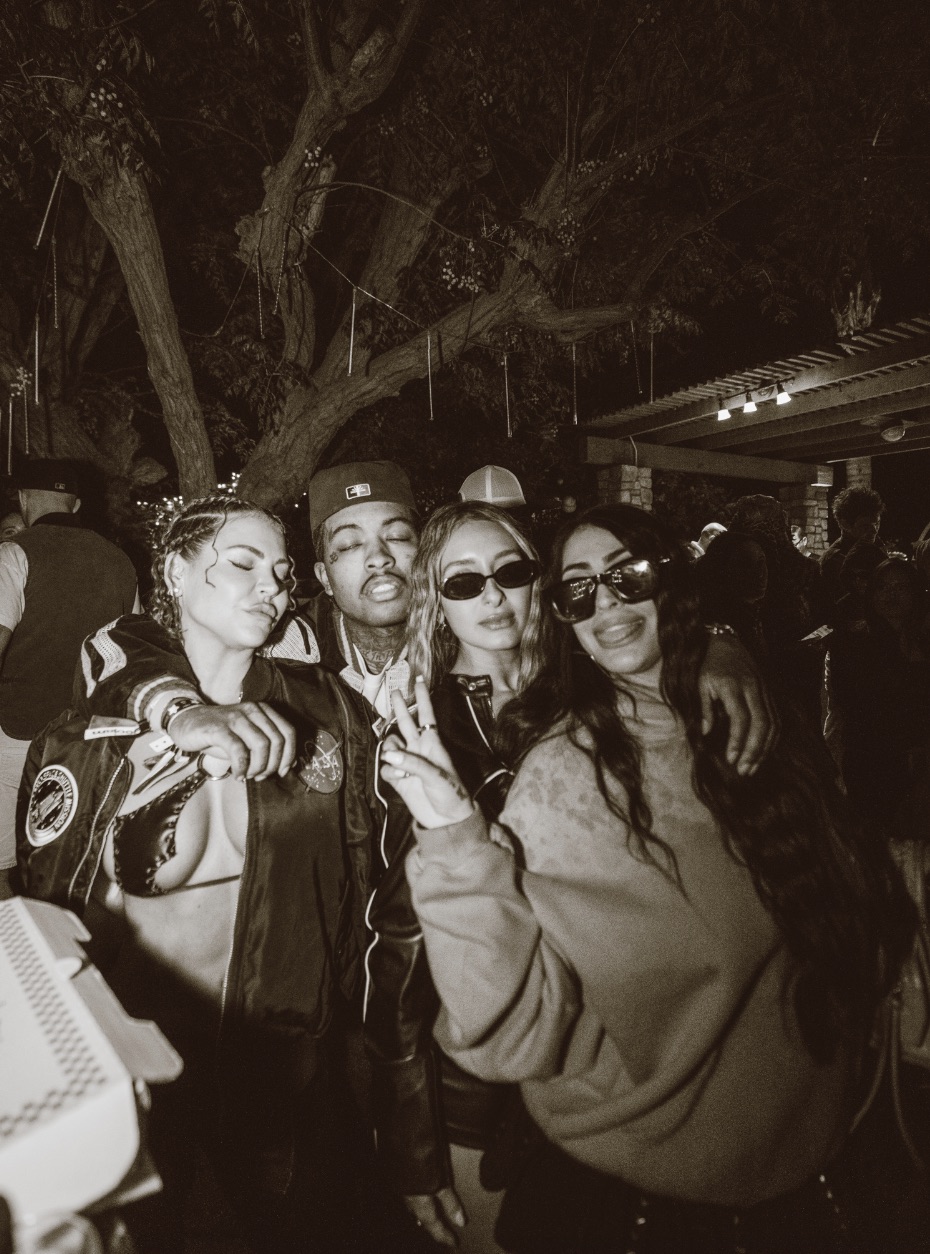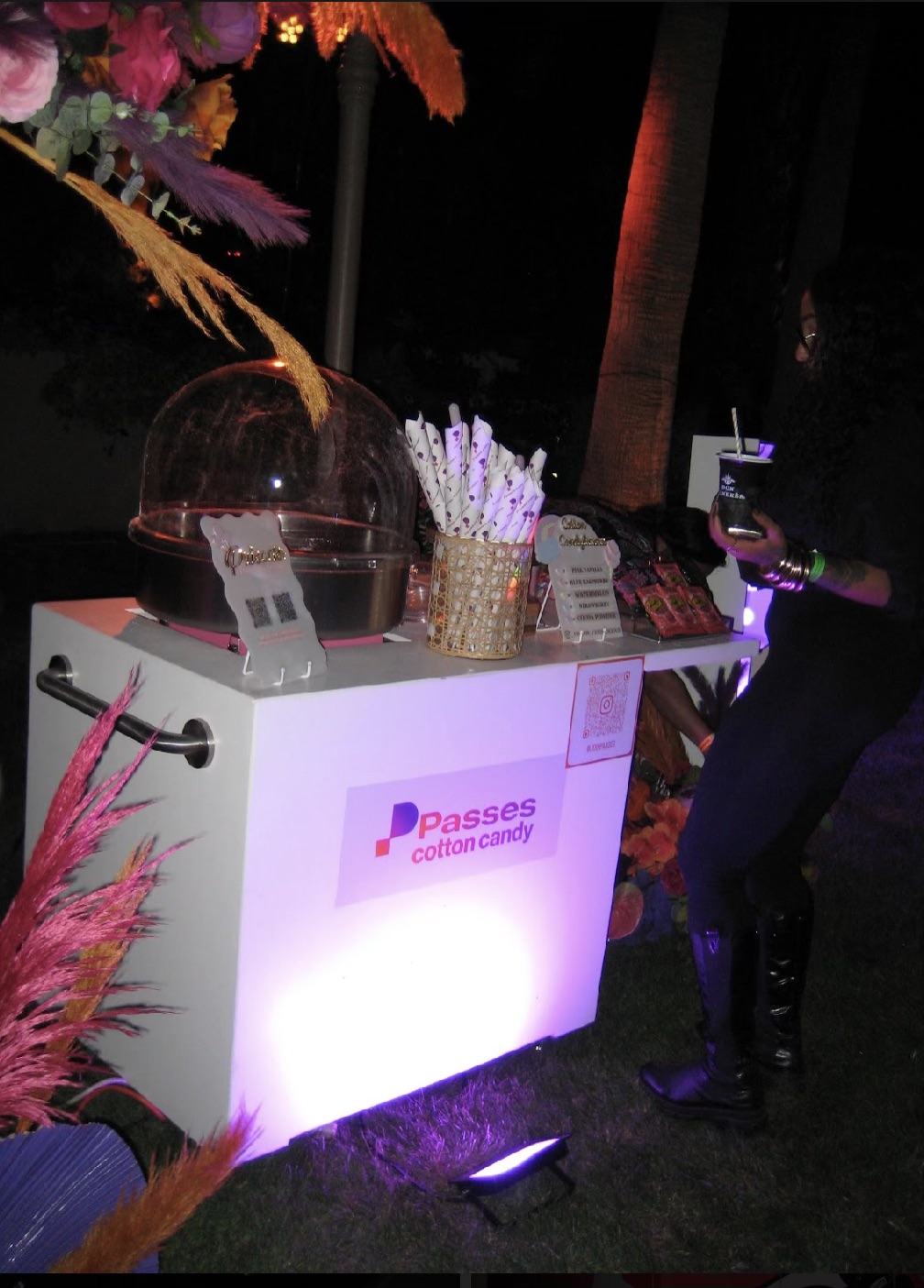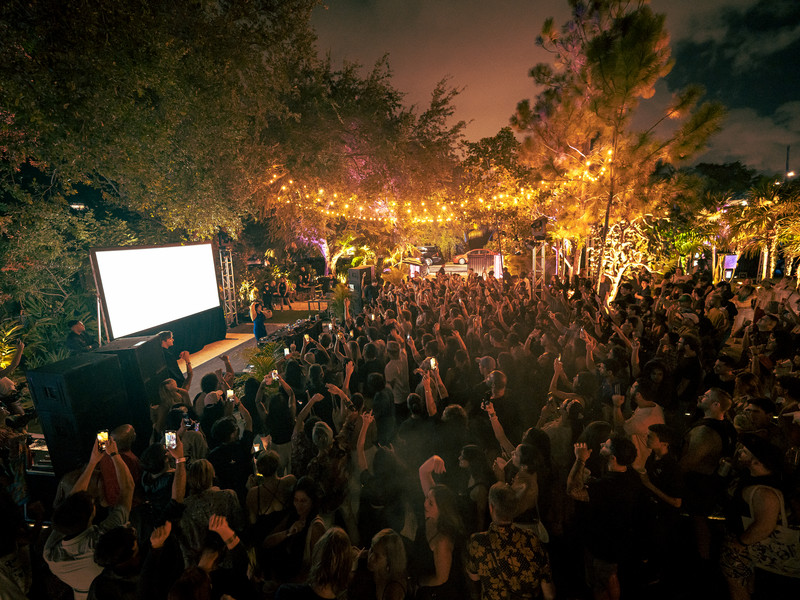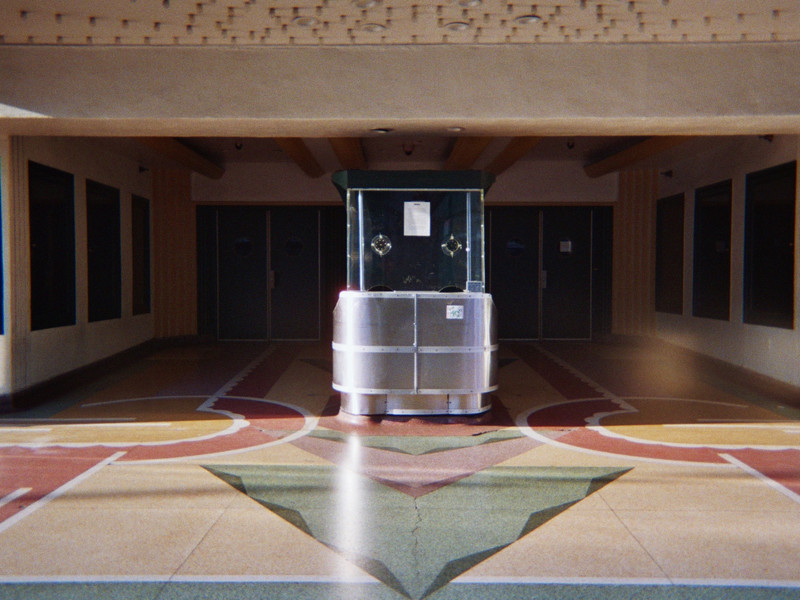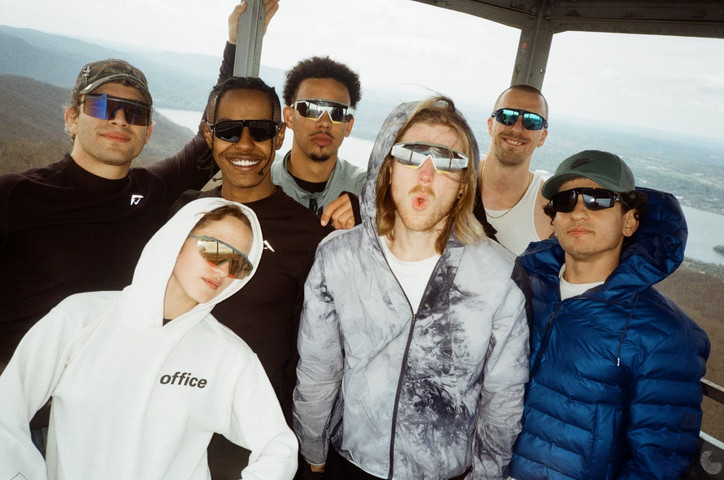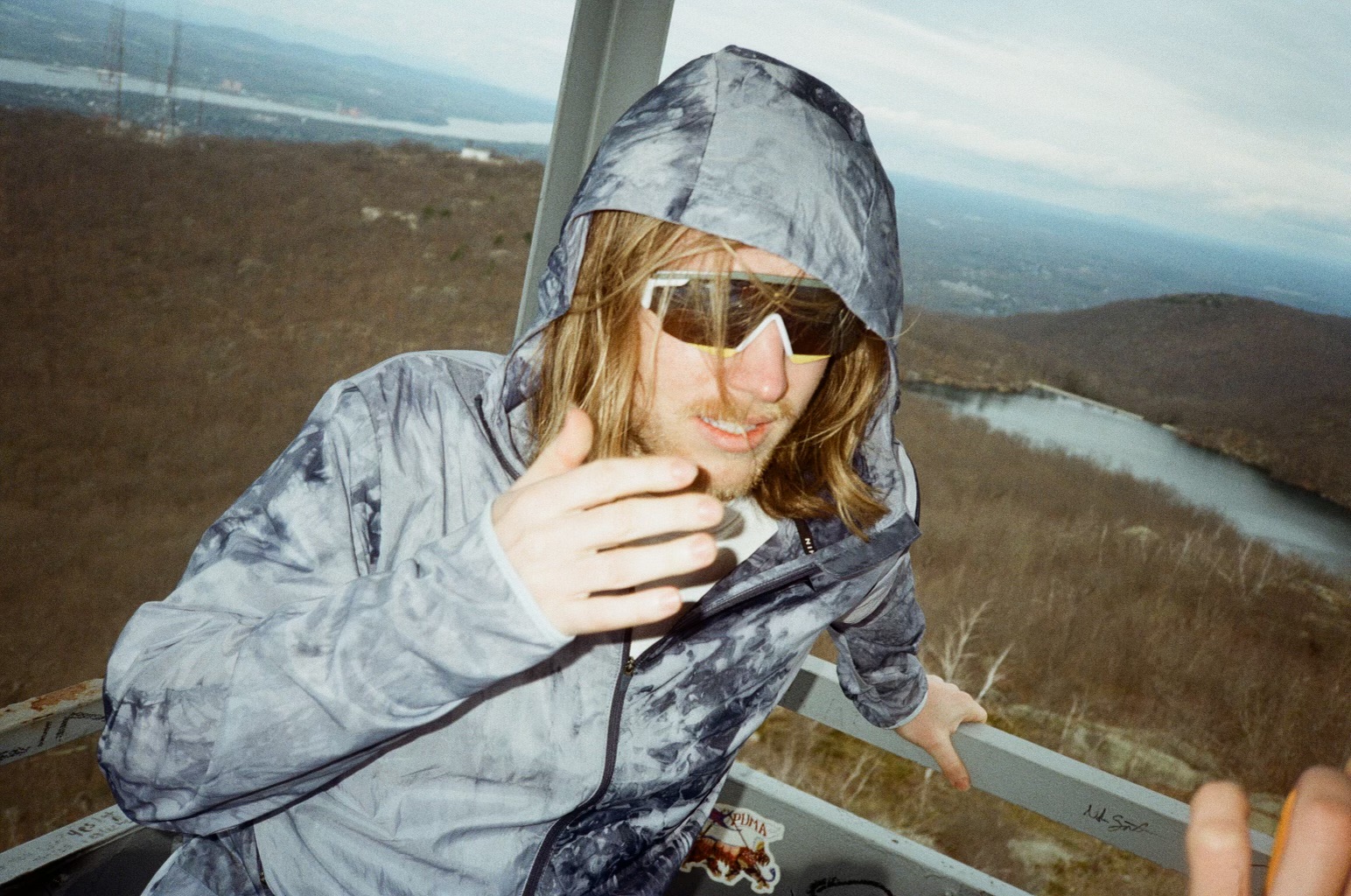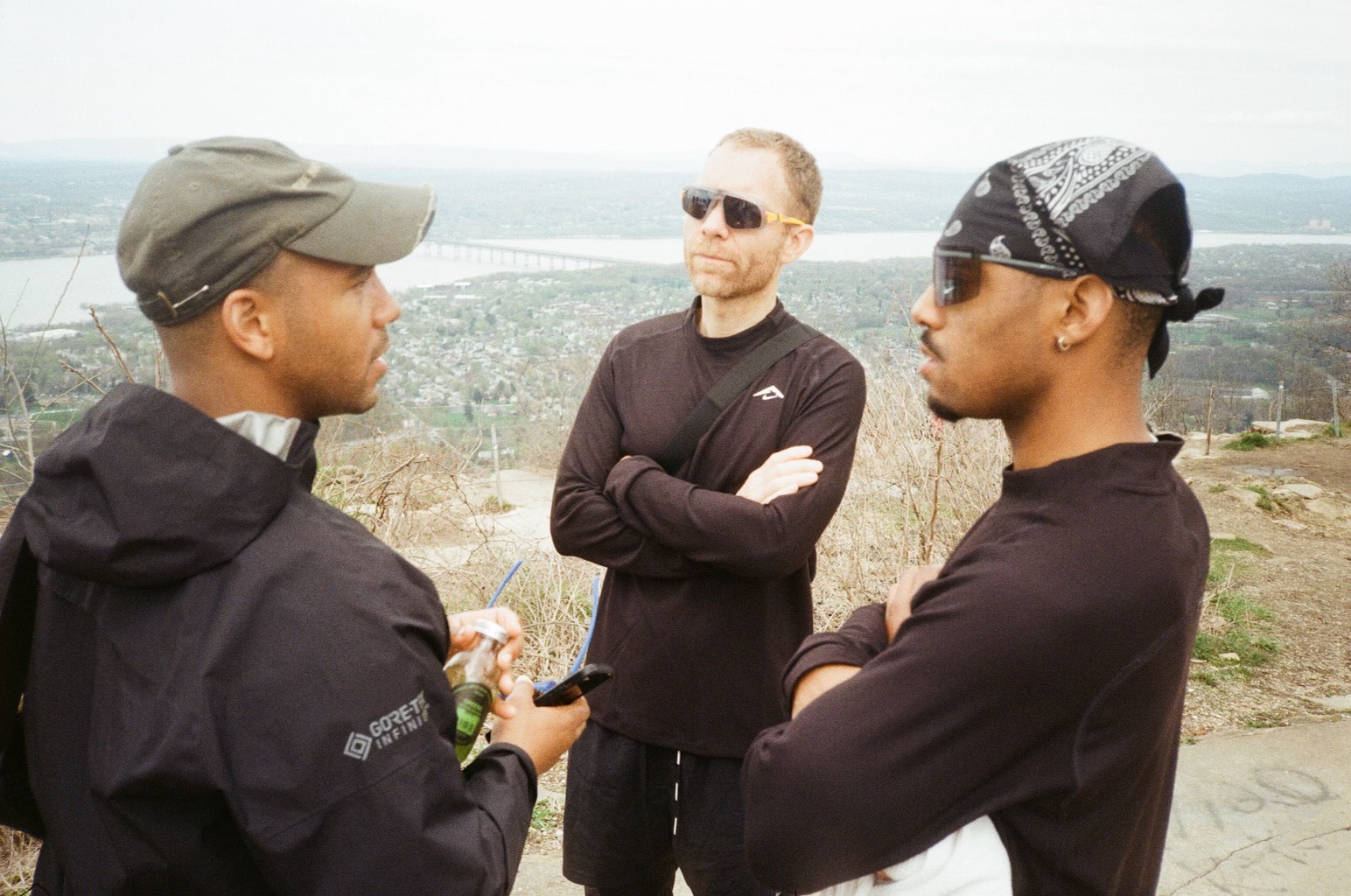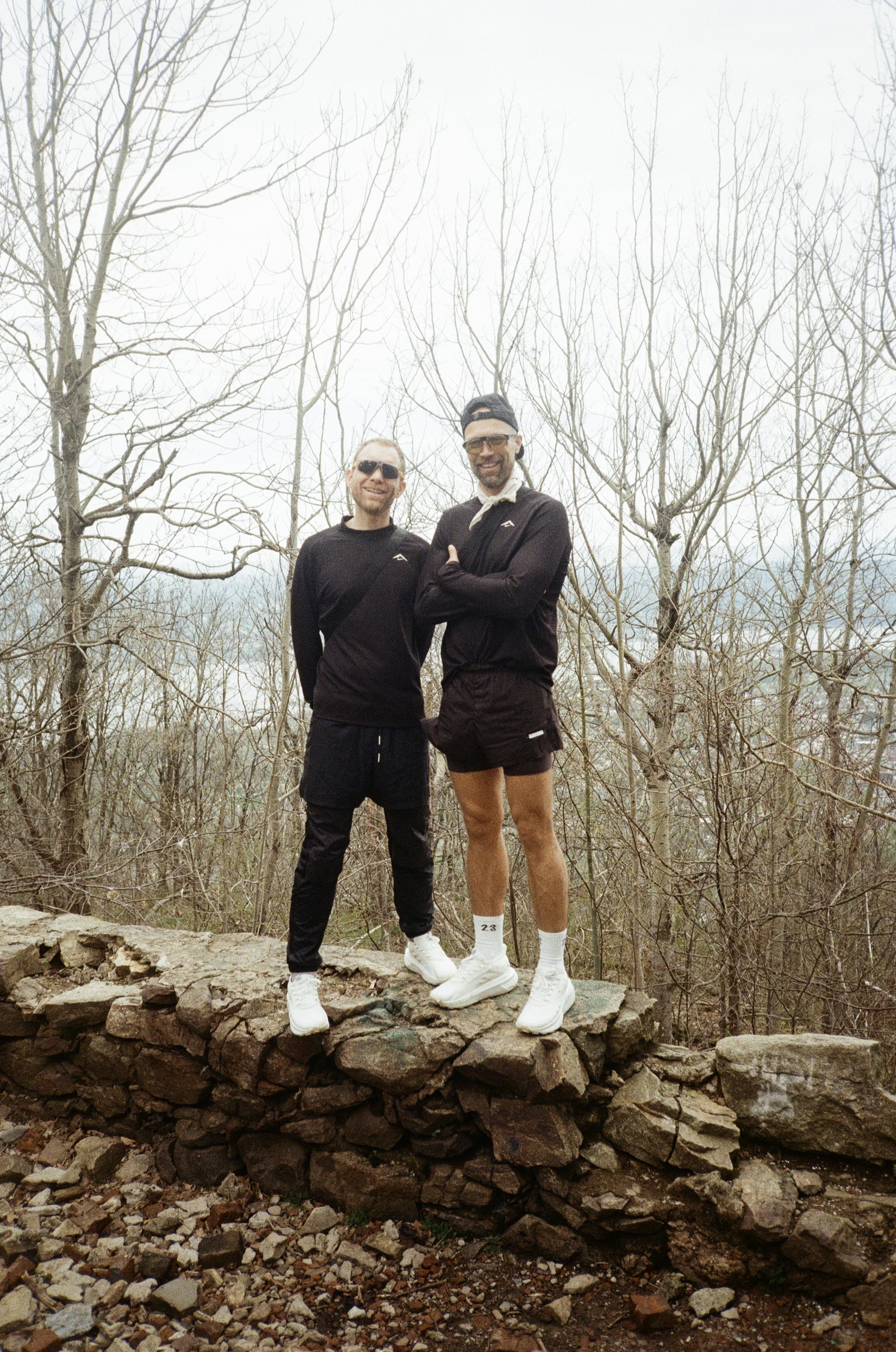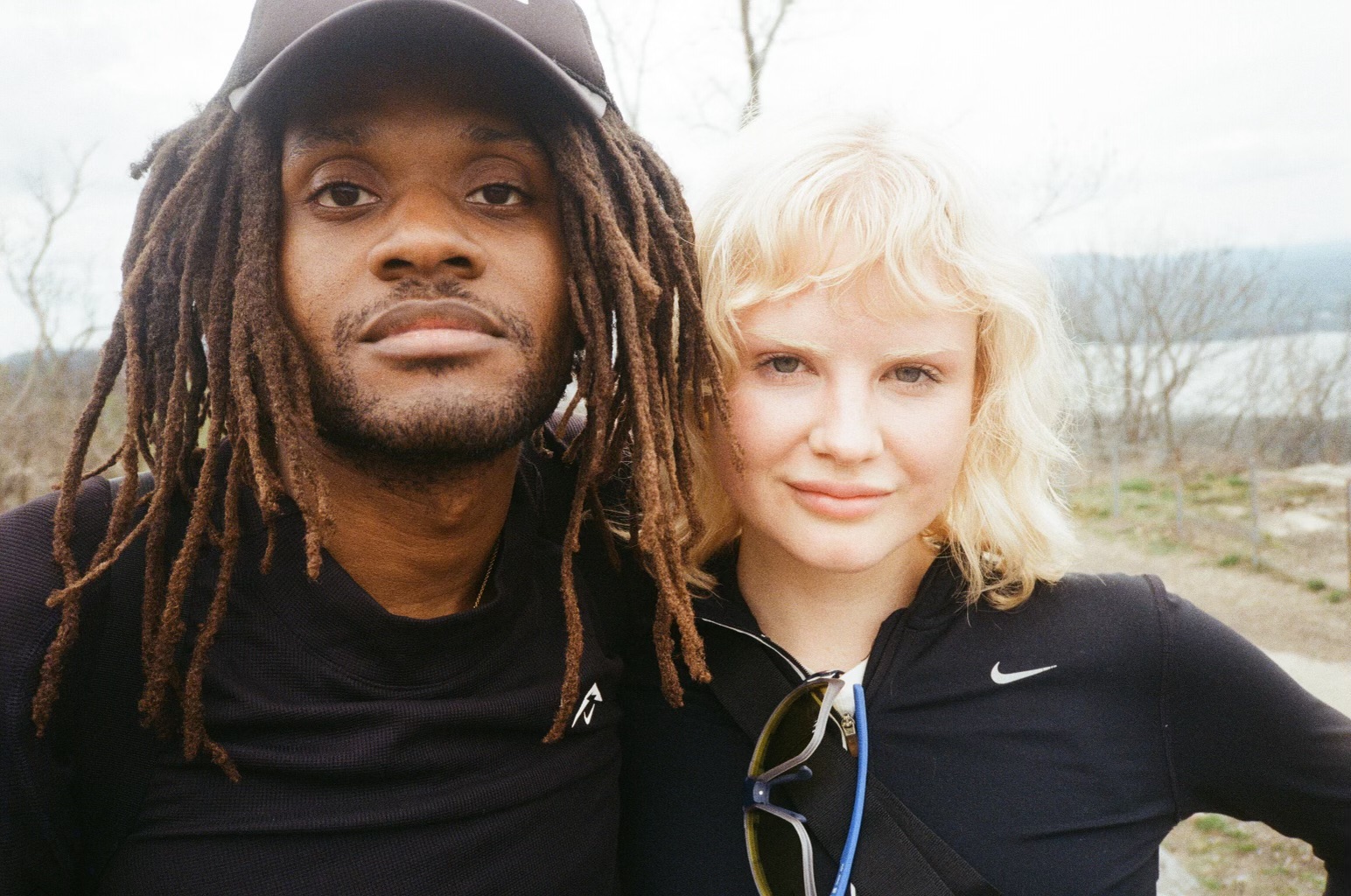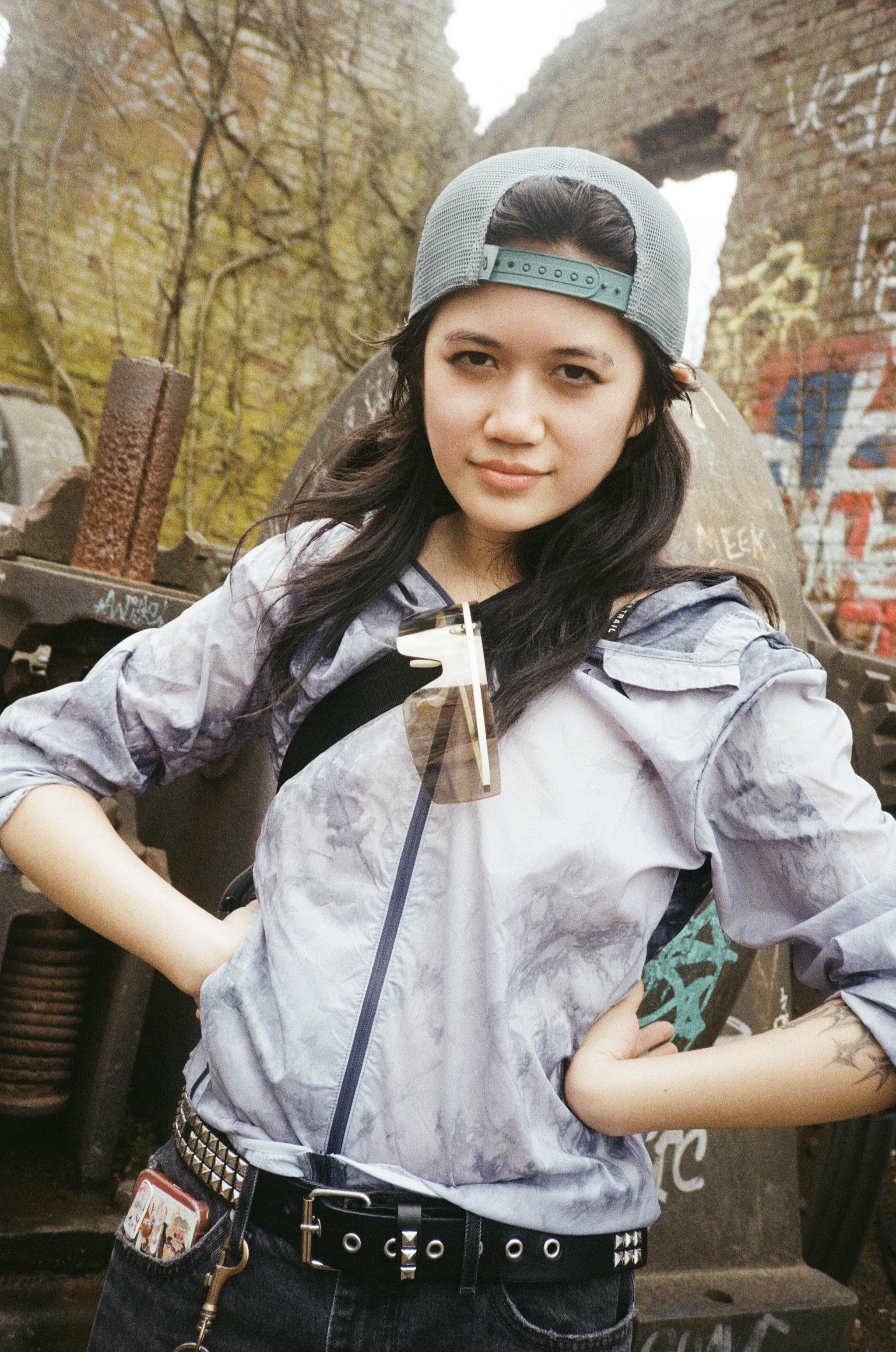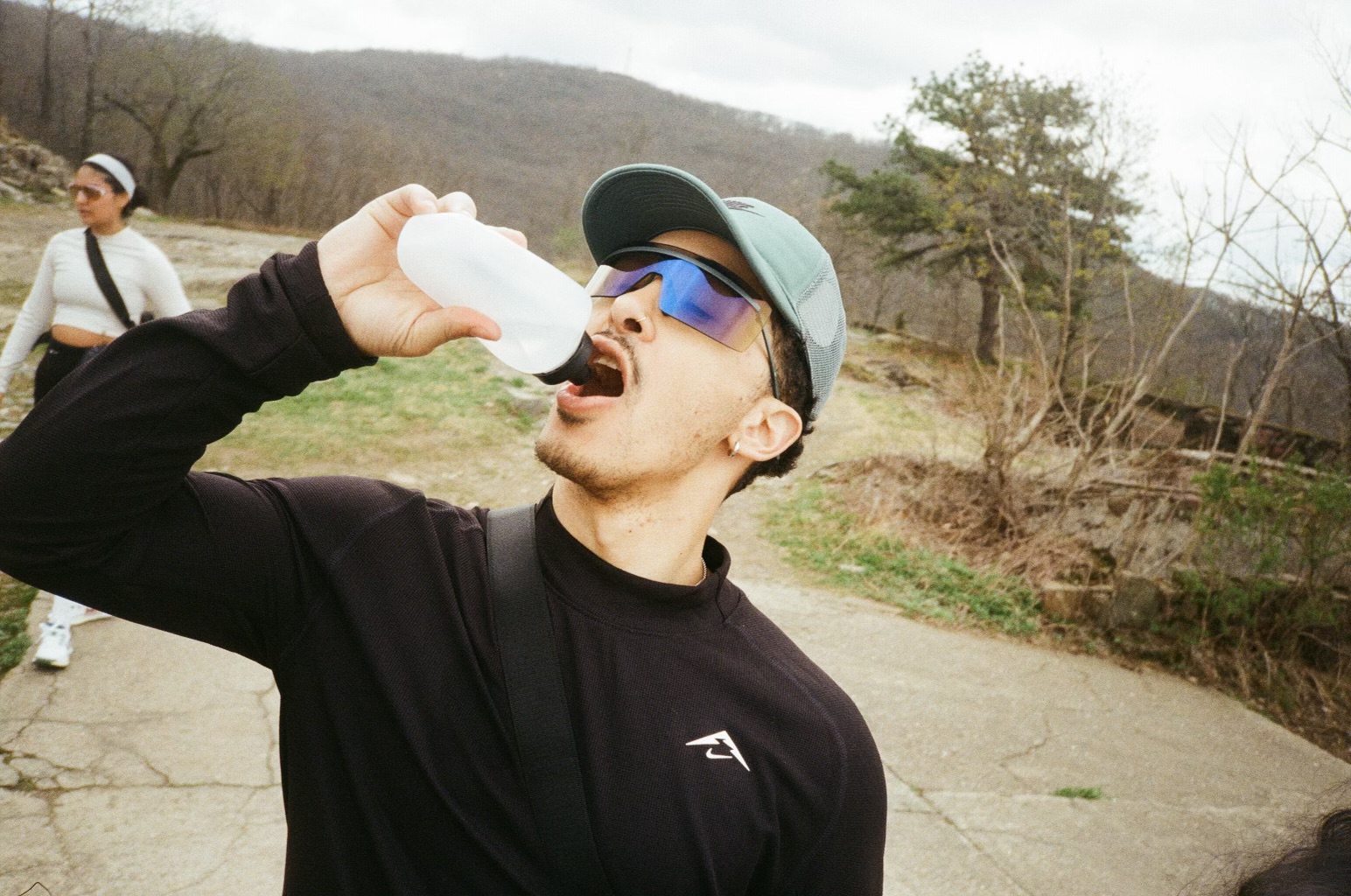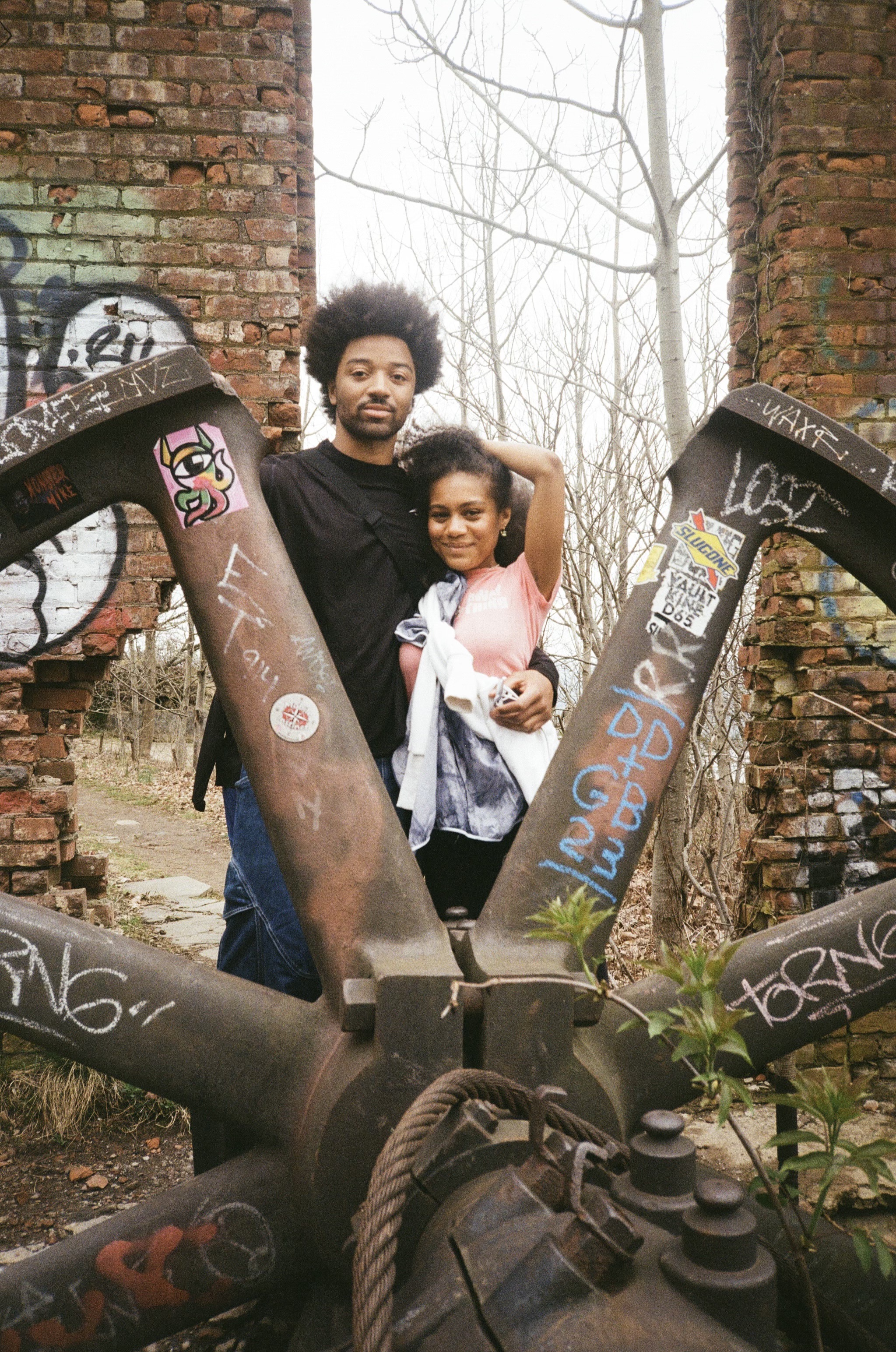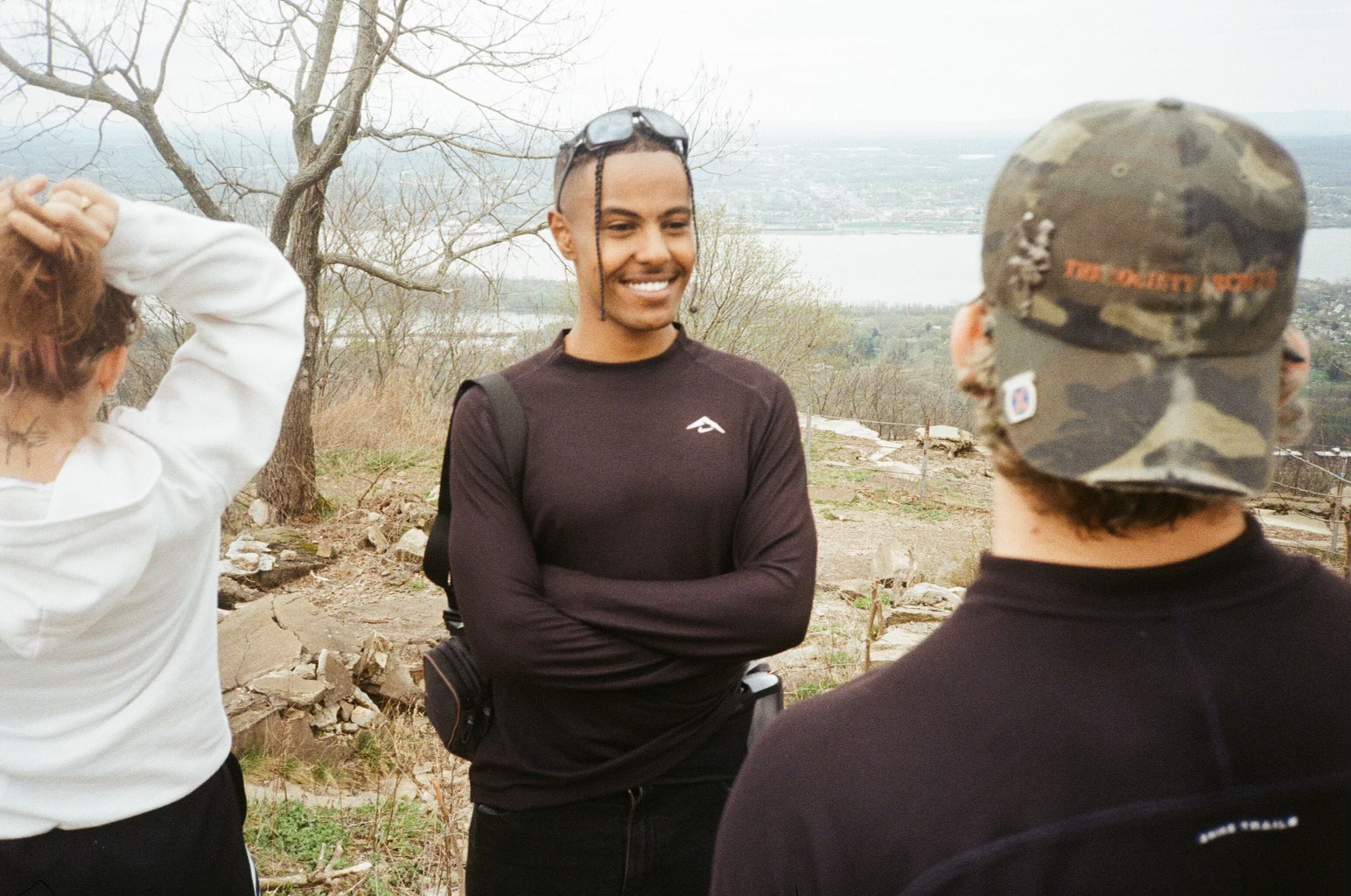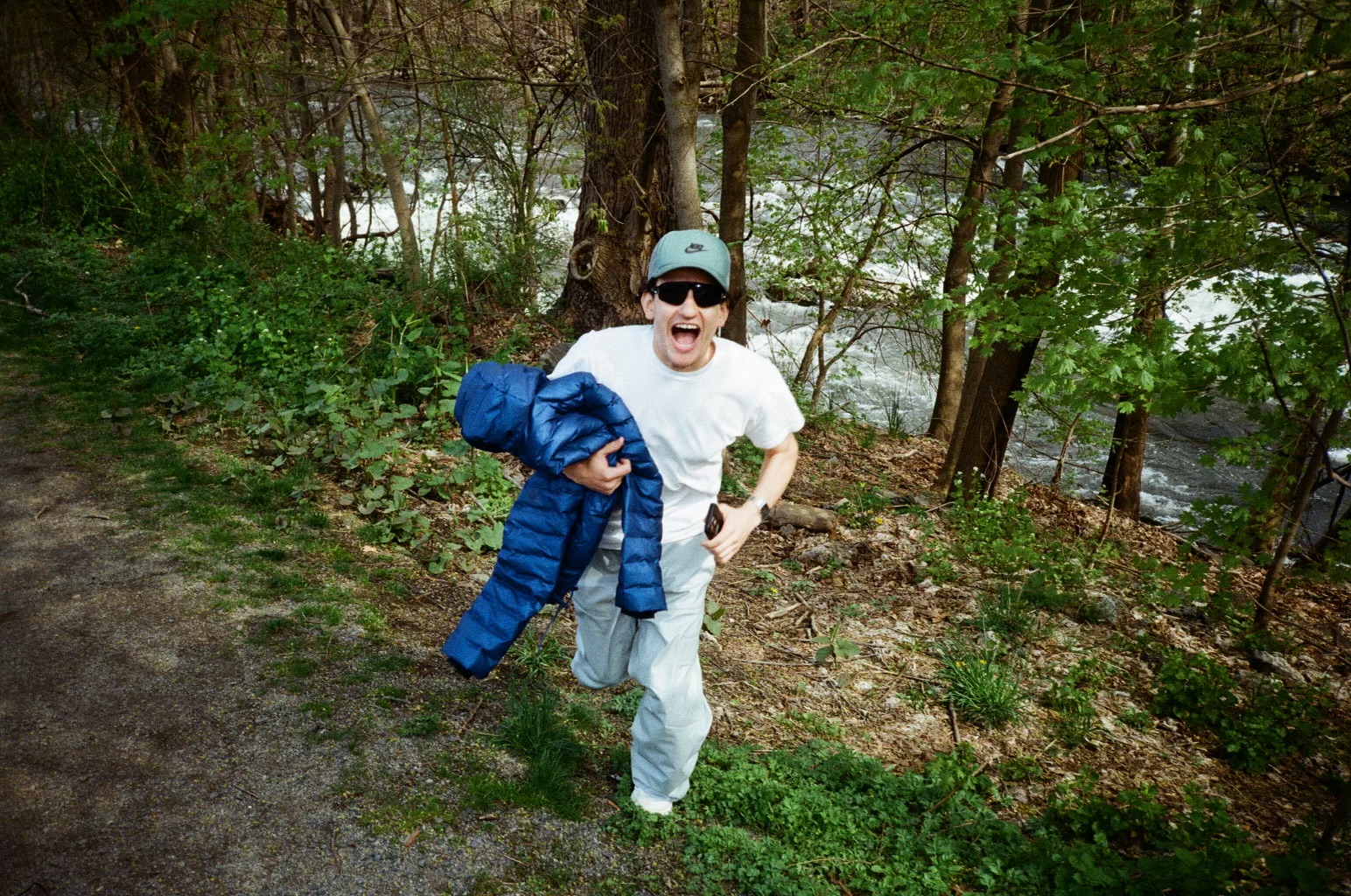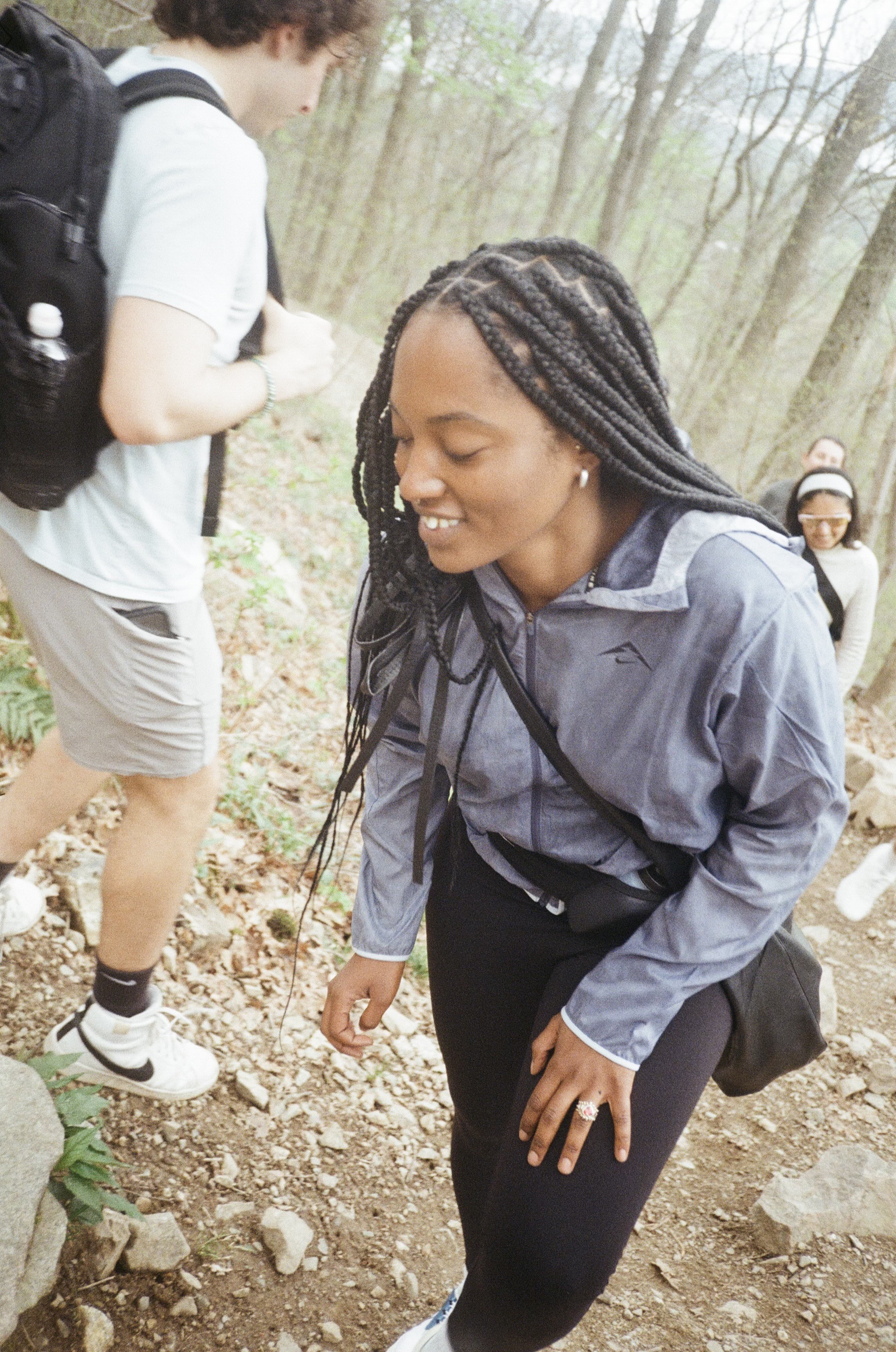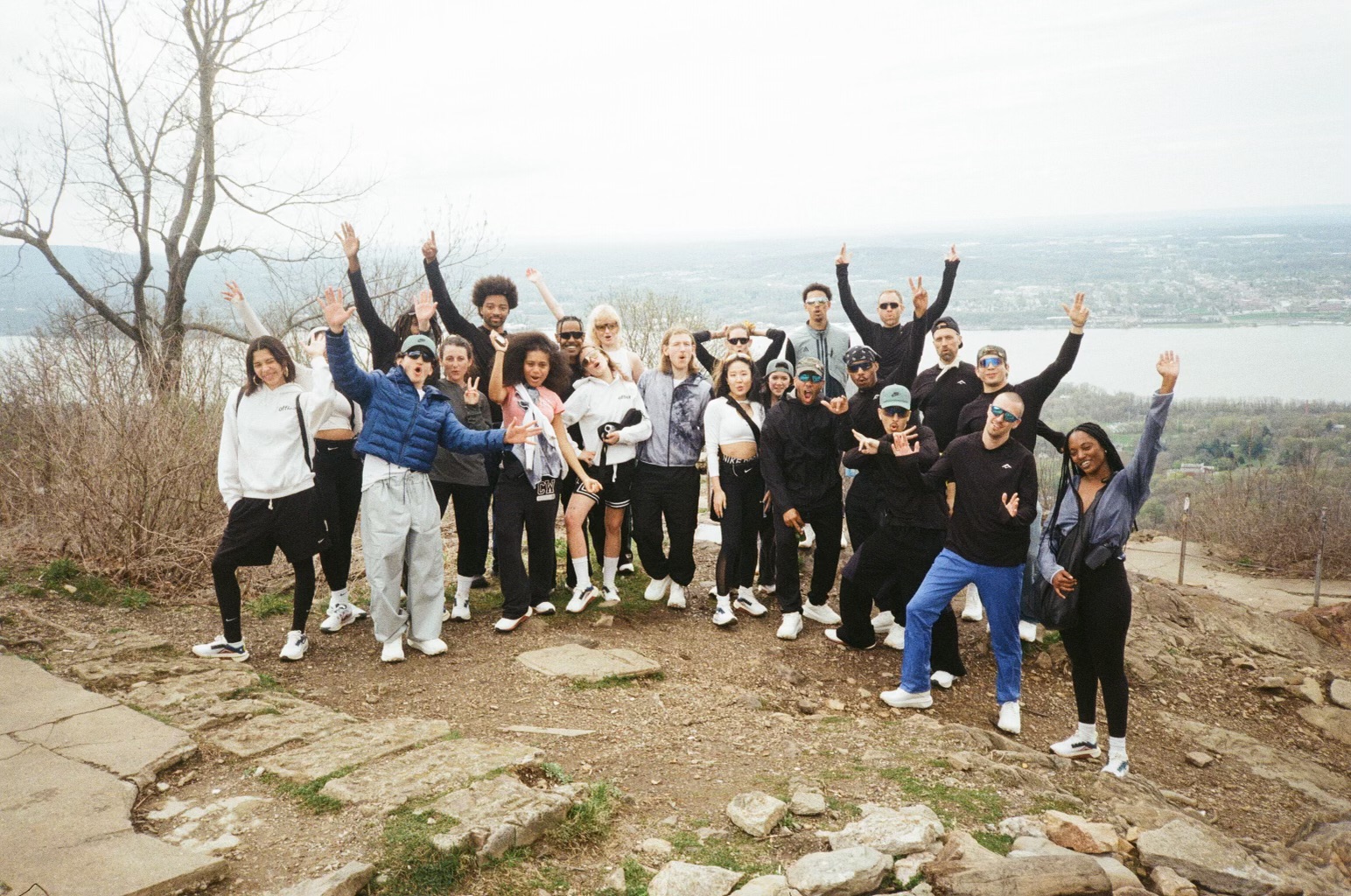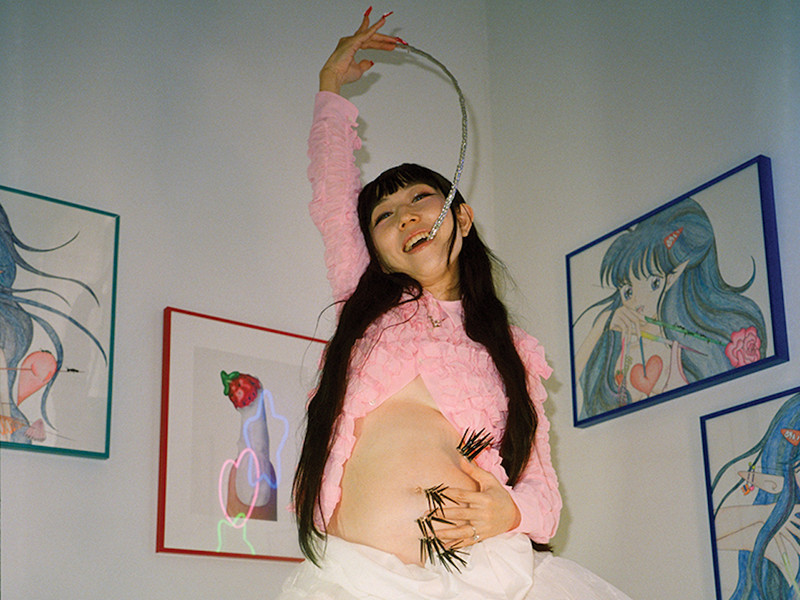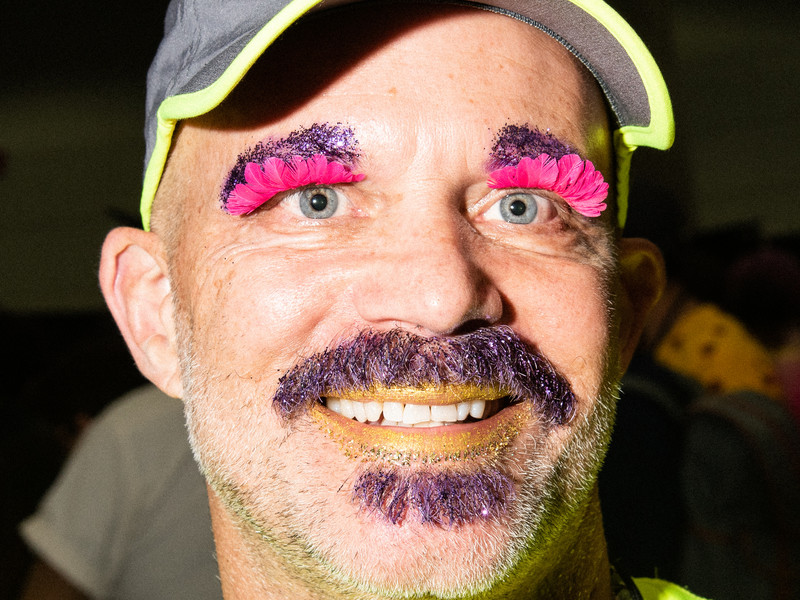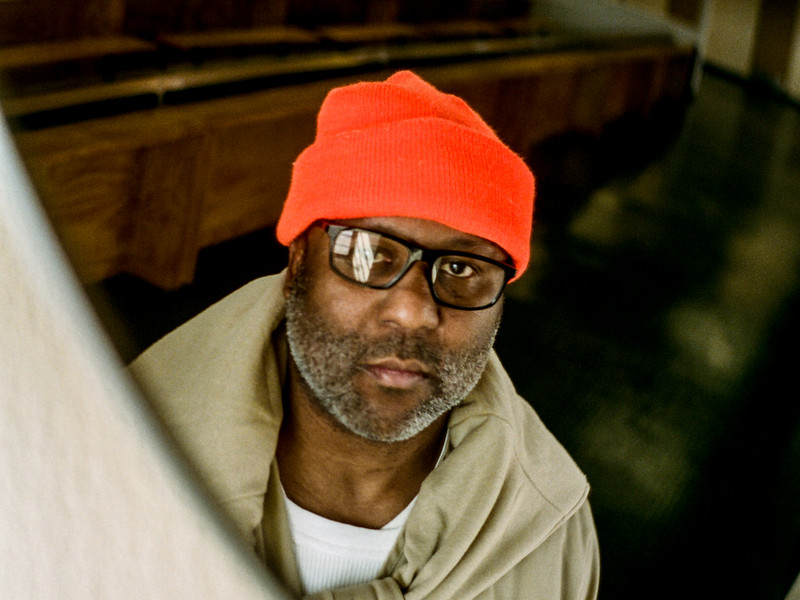Namesake Reminds Us That Family Matters
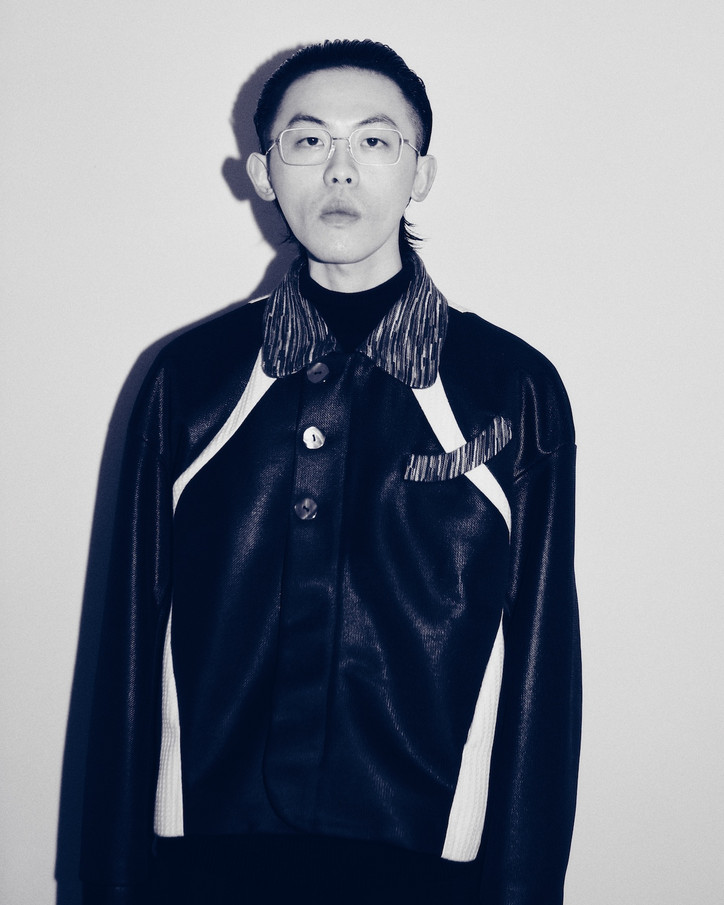
Third-culture kids who lived between Taiwan, Tokyo, and the US, The Hsieh brothers understand what it's like to struggle with imposter syndrome and the fear of not fitting in.
Ten years ago, when the brothers started the concept store and platform Ne.Sense, they knew they wanted a brand of their own so they started an in-house brand for the platform that eventually fizzled out. Instead of giving up, they created Namesake, guided by the desire to tell their true story, their father's story. From the start, the brothers have always pursued authenticity and tried to break out of the restrictive box fashion has drawn around itself. From the creative vision for the clothes to the attention given to presentations, Steve, Michael and Richard are unlike anyone else.
For their Paris debut, just before the pandemic hit, they staged a basketball match to celebrate the collection, instead of the usual afterparty that everyone throws — and did the same two seasons ago. It’s these kinds of gatherings that motivate the brothers when thinking about the prize. They don't see it as a competition, they're just happy to be doing this together and to be showcased alongside so many fantastic and forward-thinking creatives.
office sat down with Steve and Michael to learn about their process, what family means to them, and what we should expect from Namesake down the line.
Since starting Ne.Sense and Namesake, you've taken up your rightful space in the corners of the fashion industry, and have even been referred to as putting Taiwan on the global fashion map. What was that journey like? From concept store to fashion brand.
Steve Hsieh— Before we even started Ne.Sense, our goal was to have our own brand. We started Ne.Sense around ten years ago as a platform to bring all the emerging brands we liked to Taiwan — that was the first step for us I guess, to receive that recognition, at least locally, but down the line, with Ne.Sense, we built a strong enough community and felt empowered to create our own voice and that's why we started Namesake — to tell our own story.
What’s it like watching Namesake translate across borders and be loved by people all across the world?
SH— To us, at least to me, it feels very unreal. Even now, passing by a stranger wearing Namesake on the street is so weird, because he doesn’t recognize us, he doesn’t even know we designed it. It’s a touching moment, to live in such anonymity. I’m always inspired by that.
Michael Hsieh— In that sense, I’m proud, but also very humble. When we were starting the brand, I somehow knew we could be here. I was confident in our abilities as brothers together. That’s what our parents taught us — as long we’re bonded together, we could do whatever we want in the world. I believe that. Now that we’re here, the question is how to proceed to the next step. We enjoy improvement, seeing how we can progress, and moving on to the next stage.
How long after Ne.Sense did Namesake come about?
MH— We started Namesake in 2020, so two and a half years ago. We often joke that it’s our COVID baby because we showed our first collection in January of that year right before the pandemic was announced. That was the first time we went to Paris.
Weren't you also in Paris this year for Fall/Winter ‘23?
SH— Yes, in January for our most recent collection.
I read somewhere that you were the only Taiwanese designers to show in Paris in the past year. With that considered, how do you see yourselves, especially now that you've received this nomination?
SH— For us to be recognized by LVMH, it's a huge honor for sure, because we’re not from a fashion background and we've been on a different route from other designers. We went from being buyers to store owners and now, to designers. We just want to show other people that there are alternative routes to the common designer. You don't have to go to a fashion school or anything like that. There are a lot of resources online now. You can learn on your own and that's our way of doing it — together as brothers and as a family. If you have enough passion you truly can do anything.
MH— To add onto that, we don’t want to just encourage other designers, but everyone, all the youth — every kid that has a dream to become something because that was us when we were growing up. Dare to dream, stick to your passion, don’t rest, and keep going. I'm sure that there'll be downtime, same as us, take note of it but keep going. Fashion is a very interesting business, it’s not as glamorous as it seems. It’s very time-consuming, it’s fast-moving, and there are tons of decisions to make on a daily basis.

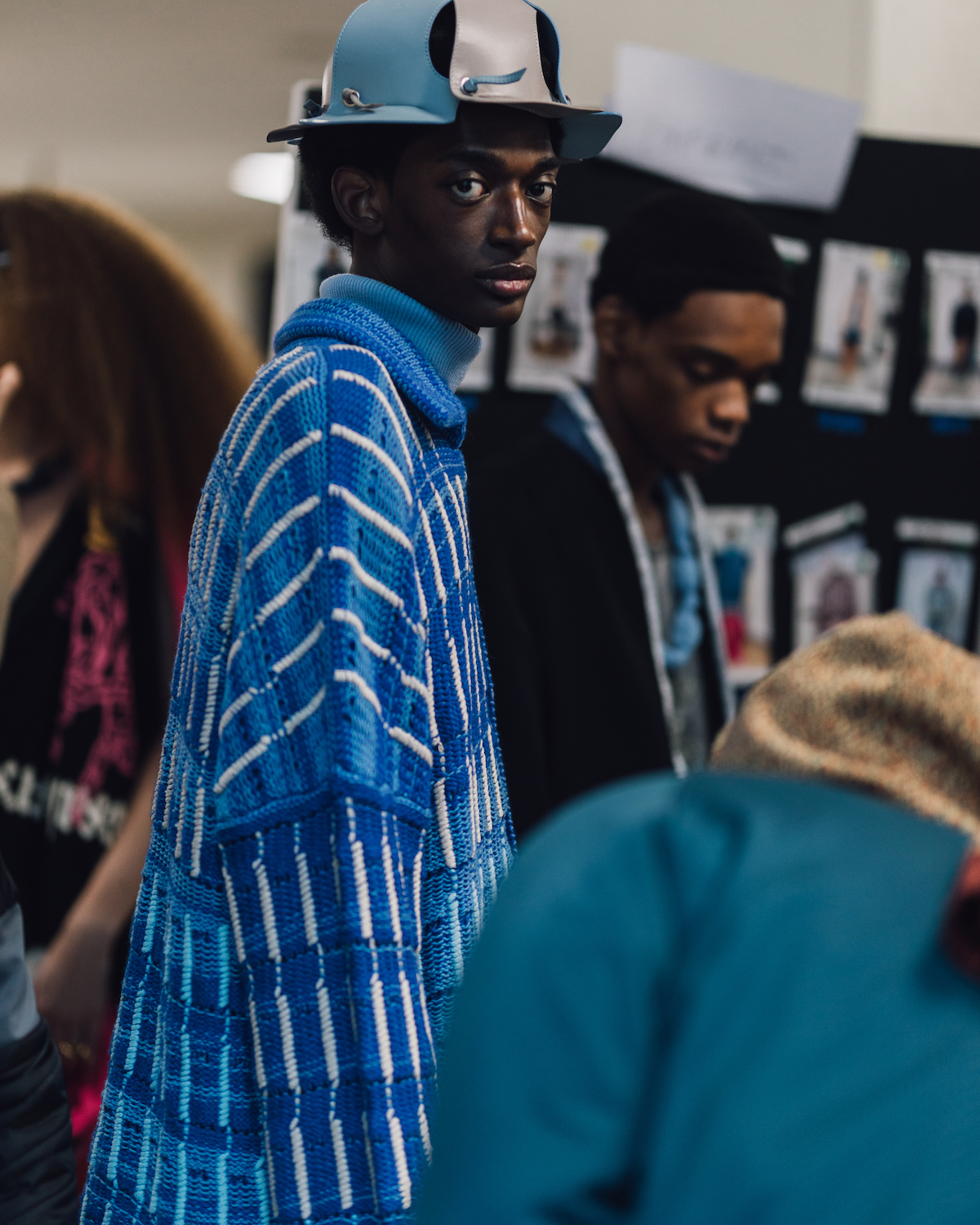
If you had the chance to speak to a younger version of yourselves, what age and what would you say?
MH— I would speak to my high school self. I would say to stop caring about how you look, about what other people think. It’s funny when we were growing up, we were so in love with fashion and would purchase so many clothes. When you’re young you want to look cool, even if you don’t feel confident in yourself. I wasn’t happy about myself in high school because I didn’t feel as handsome or cool as other people. I compared myself often. When I found what I know I’m meant to do in life, which is fashion, it changed my life. I’m not trying to impress people. I don’t care how people view me. I just dress and live how I want. I’d say, ‘Just be yourself. Everyone is special.’
SH— I’d speak to the nineteen-year-old version of me. That was around the time we started Ne.Sense. I would say to think again about doing Selectshop. In the beginning, it was a very hard route to go down– creatively and financially. I’d remind myself to dare to dream and to be more conscious. However, the hard lessons from Ne.Sense brought us here today, so I’ll never undo it.
Are there any characteristics or values that have led you since the beginning?
SH— I'd say resilience, having the mentality to not give up. I don’t know if you know, but Namesake is actually the second brand that we've done since Ne.Sense. Seven or so years ago, we had an in-house brand for Ne.Sense that didn’t work out as well as Namesake. There were struggles, but having the resilience to keep on the path toward our dream and having each other’s backs is what has helped us get to where we are today. We’re also still at a very early stage of the brand and our path as creative designers. Ten years is a short time and we're willing to do this for another fifty or eighty.
MH— I want to add the idea of hope. As Steve said, we did have a brand before Namesake that we were hoping would become big as well, but it wasn’t what we expected. It’s not that we have anything that big now anyway, but we have hope. We hope it will work out even though the journey may be tough, and we want that idea to translate into whatever we create. We want people who wear Namesake to feel like superman, capable of doing whatever they believe in.
Were there any obstacles?
MH— There were and still are tons of obstacles. There’s also still a long way to go and nuances to figure out, from managing people to ensuring that production is ongoing. The production part is very difficult. When we started Ne.Sense, we were also still growing up so there were a lot of arguments at first. We had to figure out how to work with each other in this new kind of interaction.
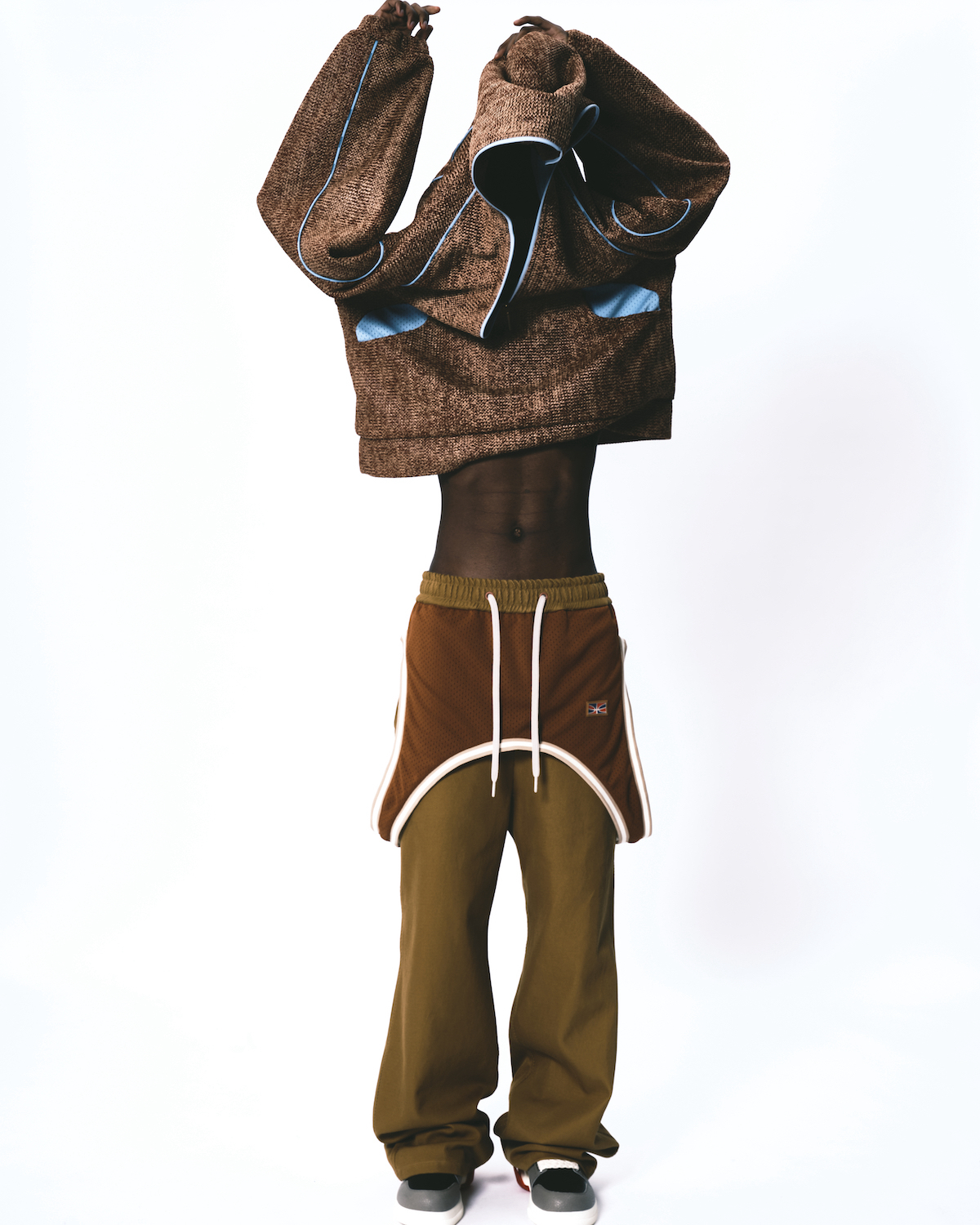
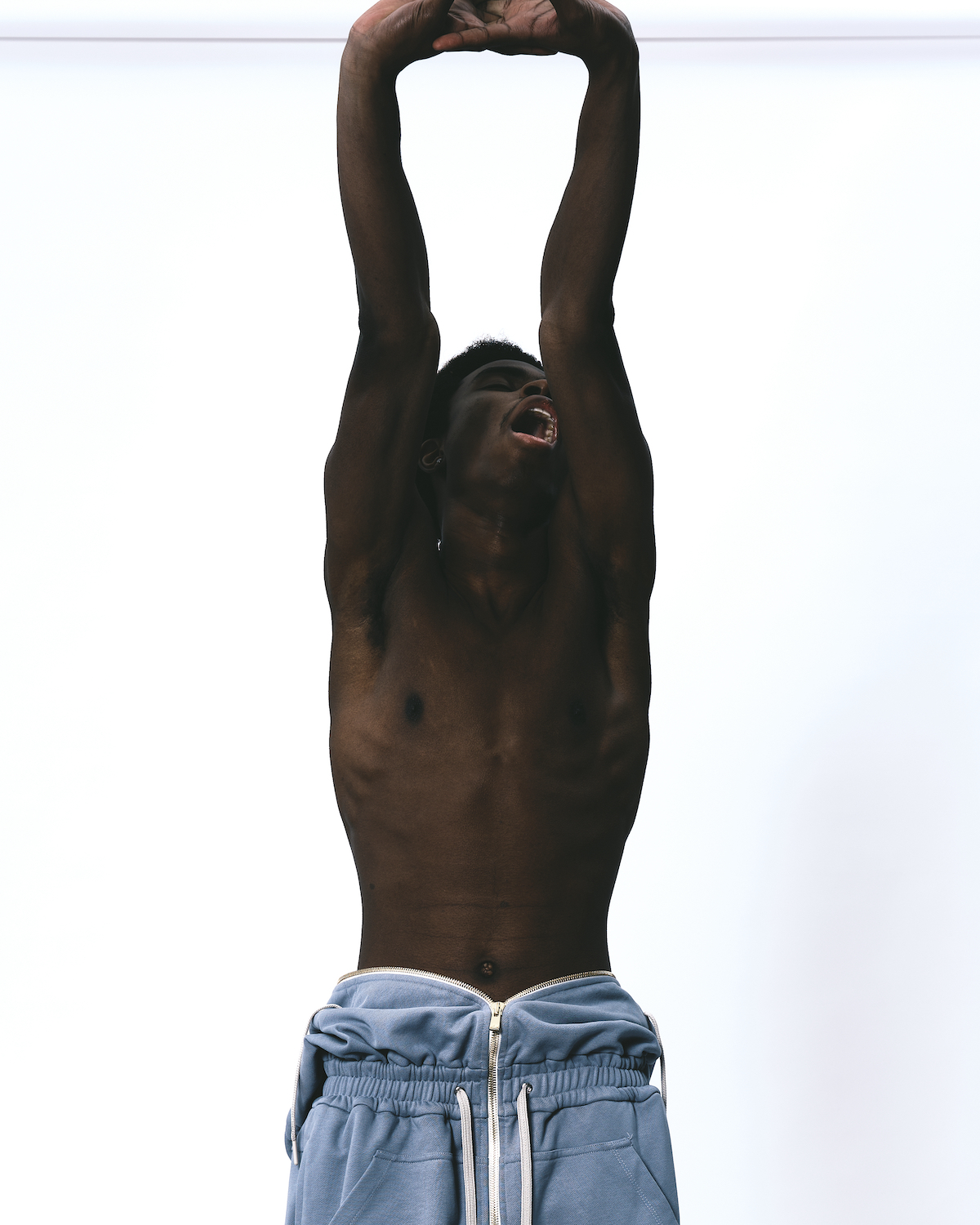
How has the professional relationship between you two evolved since then?
SH— Since Michael and I see each other 24/7, as we also live together, there’s no line between a private life and a professional life. We pretty much talk about work 24/7 so the biggest change from ten years ago to now is learning how to give each other some space. Having the space to grow individually and have our own ideas is what helped us have fewer arguments and trust each other more.
And what part does Richard play in the company?
SH— He’s a crucial part of what we do. It’s not just Namesake. There's also our family business. He’s taken on the responsibility of taking that over so that Michael and I can do what we love. To be honest, that business is very tough and boring in a sense. For him to be willing to do that shows the love that he has for us. He made it possible for us to chase the dream for us all.
MH— He’s our big brother, and in terms of the brand, he takes care of the finances. He definitely plays a huge role, but also enjoys listening to the stories we share. Deciding to take on the family business and moving back to Ch'ien-Chen where we grew up, definitely changed his life. It isn’t the most exciting place.
Are there any aspects of your shared upbringing that has impacted the way you navigate the fashion industry as emerging designers?
SH— We grew up in Ch'ien-Chen Fishing Harbor on the edge of Kaohsiung City, then moved to Tokyo, after that, the US. We experienced life in different cultures, places, languages. I'd say that's where our resilience comes from. When we lived in Tokyo, we were basically outsiders. It’s extremely difficult to be accepted into Japanese culture and the same can be said about the US. We tried our best to fit in, which ingrained a strong character into us.
Do you have any memories of growing up there?
MH— Tons of basketball. So that's why the brand is about basketball really.
SH— There was a basketball court next to the harbor where we would always go growing up.
MH— Basketball was kind of our first love between brothers. Since, all that we do together is pretty much a memory we hold onto. We’re glad to continue that conversation with NE.SENSE and Namesake and whatever else comes our way.
SH— Our parents didn't allow us to play with toys or electronics that often. We were always outside and so gravitated toward basketball.
Has that active kind of lifestyle influenced your work ethic in any way?
SH— It’s made it easy to hold onto a routine. I still play basketball. I don't drink anymore. My life is pretty much work, girlfriend, family, and basketball. Work is super important to me.
MH— Yeah same here.
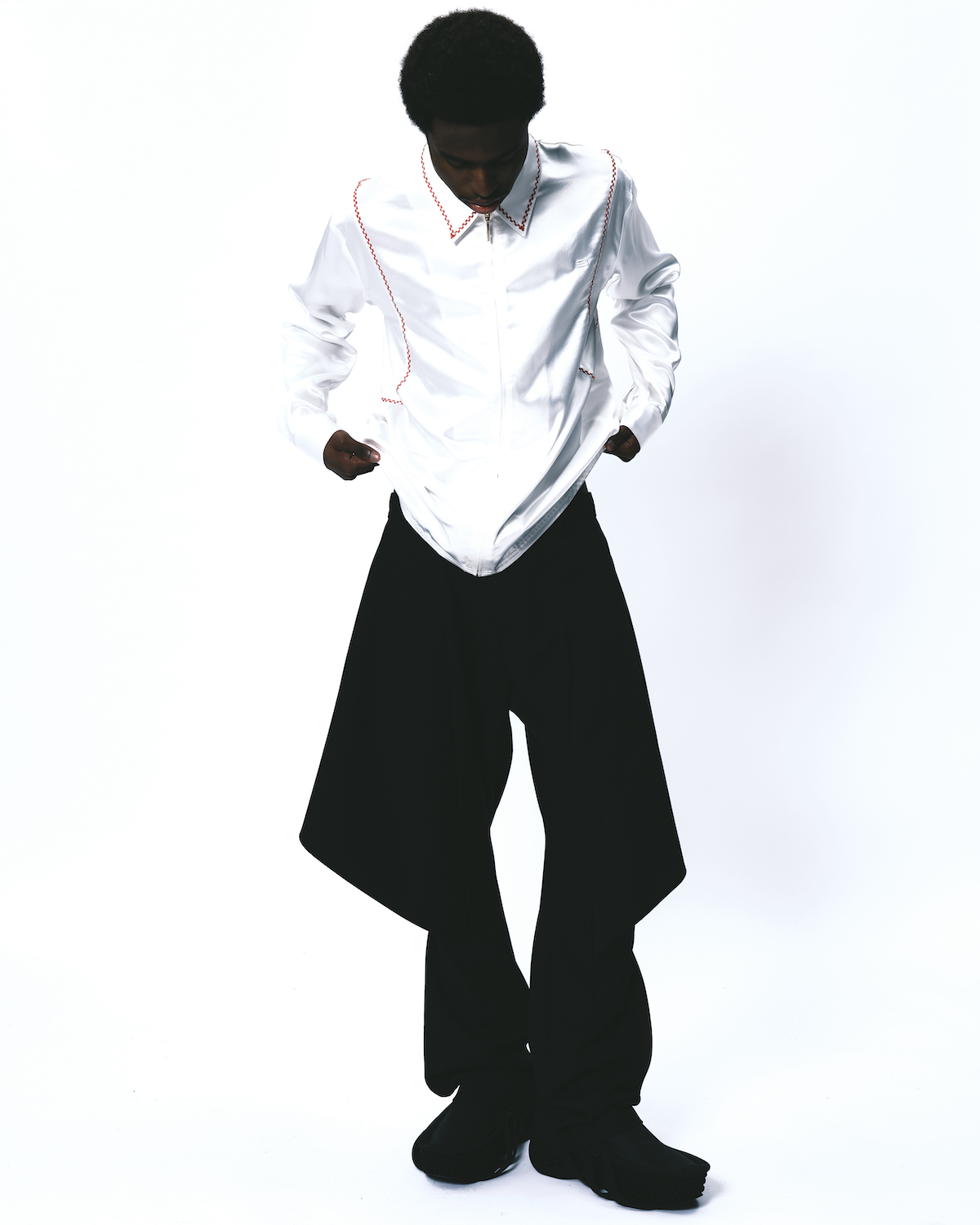
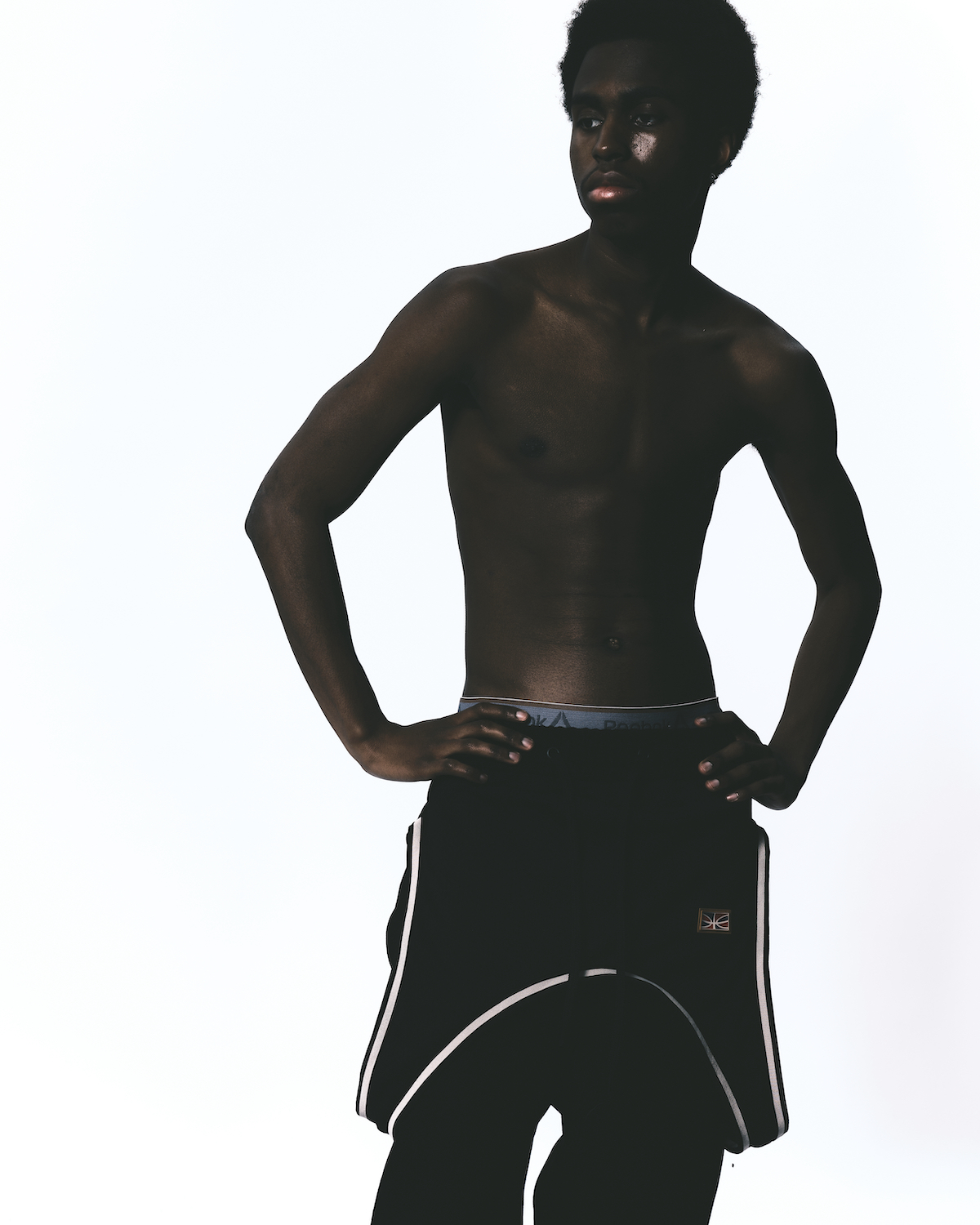
I know Namesake translates to “In the Name of the Father,” and your father is an important pillar in your lives and even the company. What did he say when he learned of the nomination?
SH— Within the company itself, he’s more of an observer. He gives us ideas, but never interrupts the process or cuts off our flow. It’s an Asian-parent-child relationship kind of thing. We talk, but more so through the clothes. Every collection is a story between us and our father. We don’t tell him, just do the clothes, and after we're done, sometimes we'll say, ‘hey dad, do you remember that moment we did this together?’
MH— Sometimes he’ll see that on the press release or the news. It’s definitely an interesting aspect of being in an Asian family. We want to tell our parents that we love them but we don’t use the words, I love you. We take a different route to show it. That’s when they feel like, okay, yeah, my kid loves me. It’s different from the Western world.
SH— My dad always says– I’ll say it in Chinese first then translate it, 不要得意忘形, which means “a joyful situation turns sorrowful at its climax.” Don’t get carried away. Be happy, and be proud of the moment, but don’t get too hyped.
MH— Yeah, don't get carried away. It’s kind of an Asian pat on the back and a reminder to keep doing what you need to do. My father's from Bangladesh so I completely understand that.
Are there any specific moments you recall having with your father?
SH— Our dad was the first one that brought us to Dover Street Market Ginza in Tokyo. He was the first person to show us Gosha when Gosha wasn’t even big yet— it was his first collection. Our dad said, watch out for his designs, he'll be really big, and a few years later Gosha blew up. Our dad knows a lot, from fashion to design to food. Fashion is kind of our dad's first passion and he let go of that because of the family business and his obligations to it. To be able to show him this world, and put all of the knowledge and passion that he’s accumulated over the years and shared with us, makes this super exciting for him.
MH— The logo of the brand was actually born on the dining table as our family was having dinner together. My dad is a wine collector, so we drink a lot. Steve, Richard, and I were talking about work as usual, we were discussing what the logo of Namesake should be. Our dad said to make it a Chinese three and the Roman numeral three as a slash, and that's how our icon came about.
Are there any idols you look up to other than your father?
MH— Maybe Pharrell Williams? You would never guess why— not because he was appointed the creative director of Louis Vuitton, but because his Humanrace skincare label saved my skin! I had the worst acne until I tried those products.
No way! I'll have to check it out...
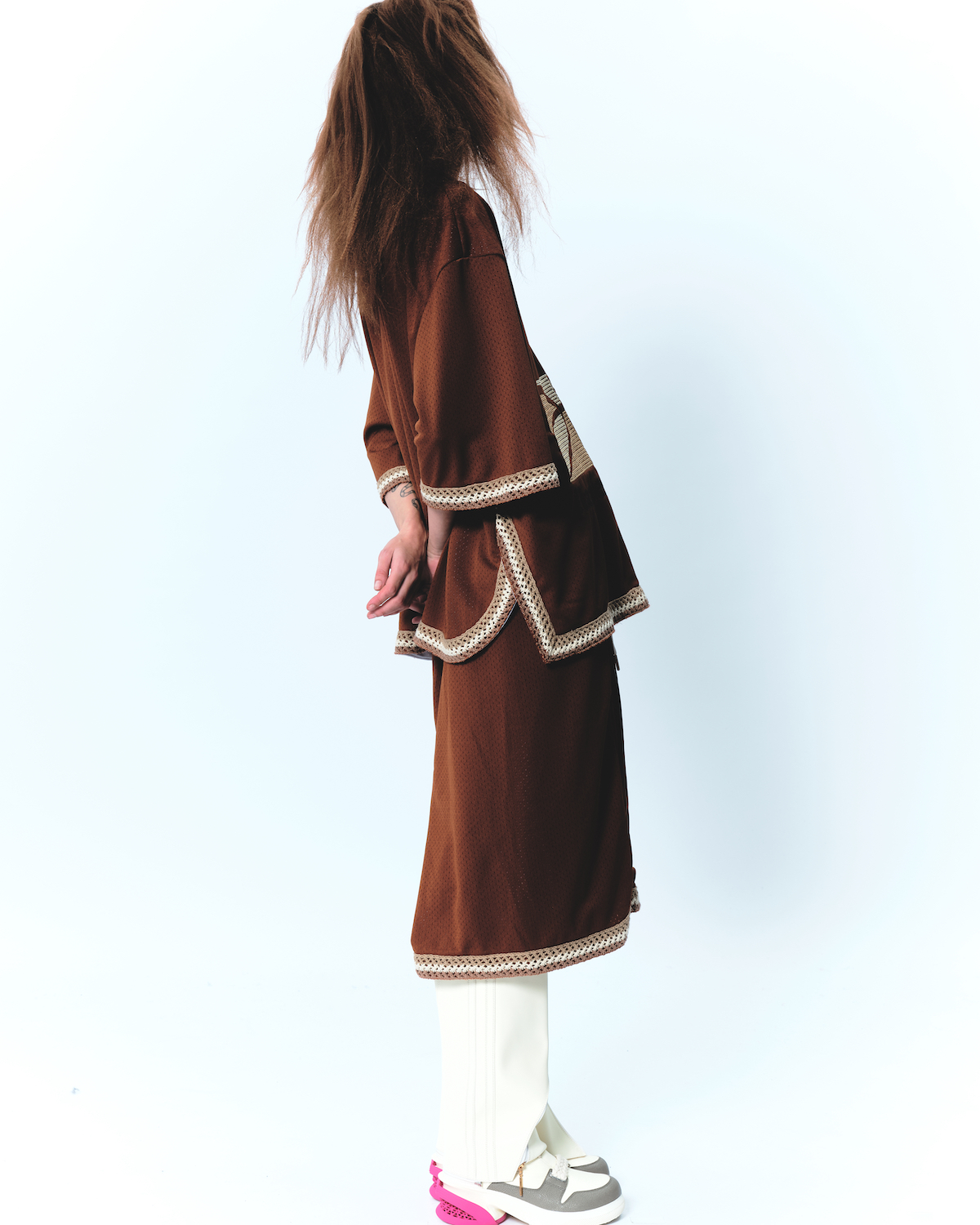
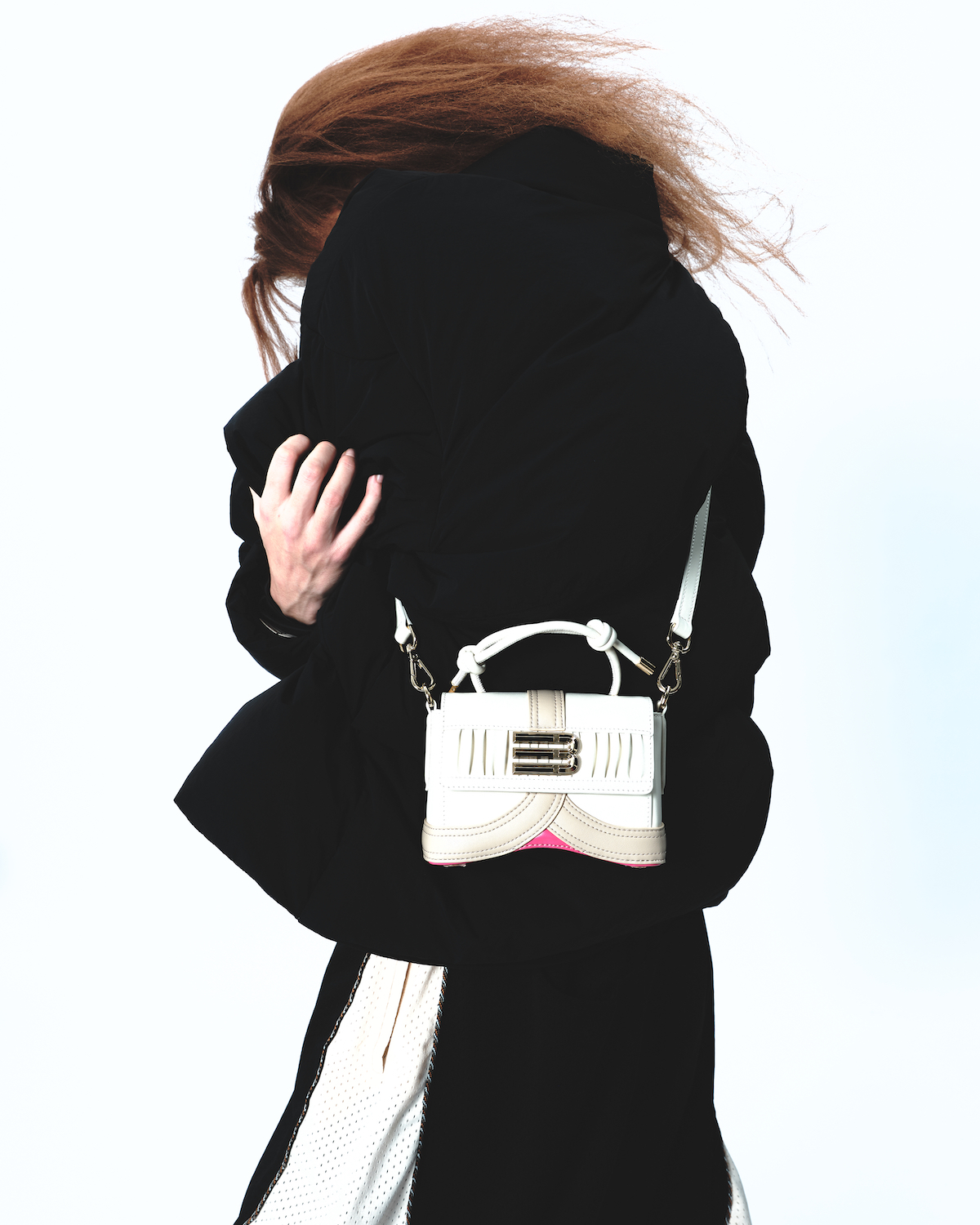
Hearing more about your closeness as brothers and understanding your relationship with your parents a bit better, I see how much family bleeds into your label, especially with #familymatters, which I see often in your content. Staying true to that, what would the LVMH prize mean for the future of Namesake?
SH— The prize would help us build up Namesake even further, more on the community side of things. We want to work on education for the next generation. It’s important for us to use the prize for such a project because Namesake is all about passing on knowledge from one generation to the next. Ten years later, what can we pass on and then ten years after that?
MH— For sure. It’s interesting because Steve didn't actually graduate from college. He dropped out of USC, came back home and then we started NE.SENSE. He didn't have a degree, the reason being that he knew he didn’t want that kind of education. He never studied fashion and taught himself. That’s what I think triggered his desire to start his own kind of school. A place that will educate young people while also leaving room for learning about what you actually want to do.
SH— When I was in college, I actually took on an internship for a brand in LA. I was in the warehouse, packing boxes, and would always go to the designer's computer to see and learn a little bit here and there. From that, I realized that I enjoyed teaching myself. That’s important for education. Some people need to learn on their own.
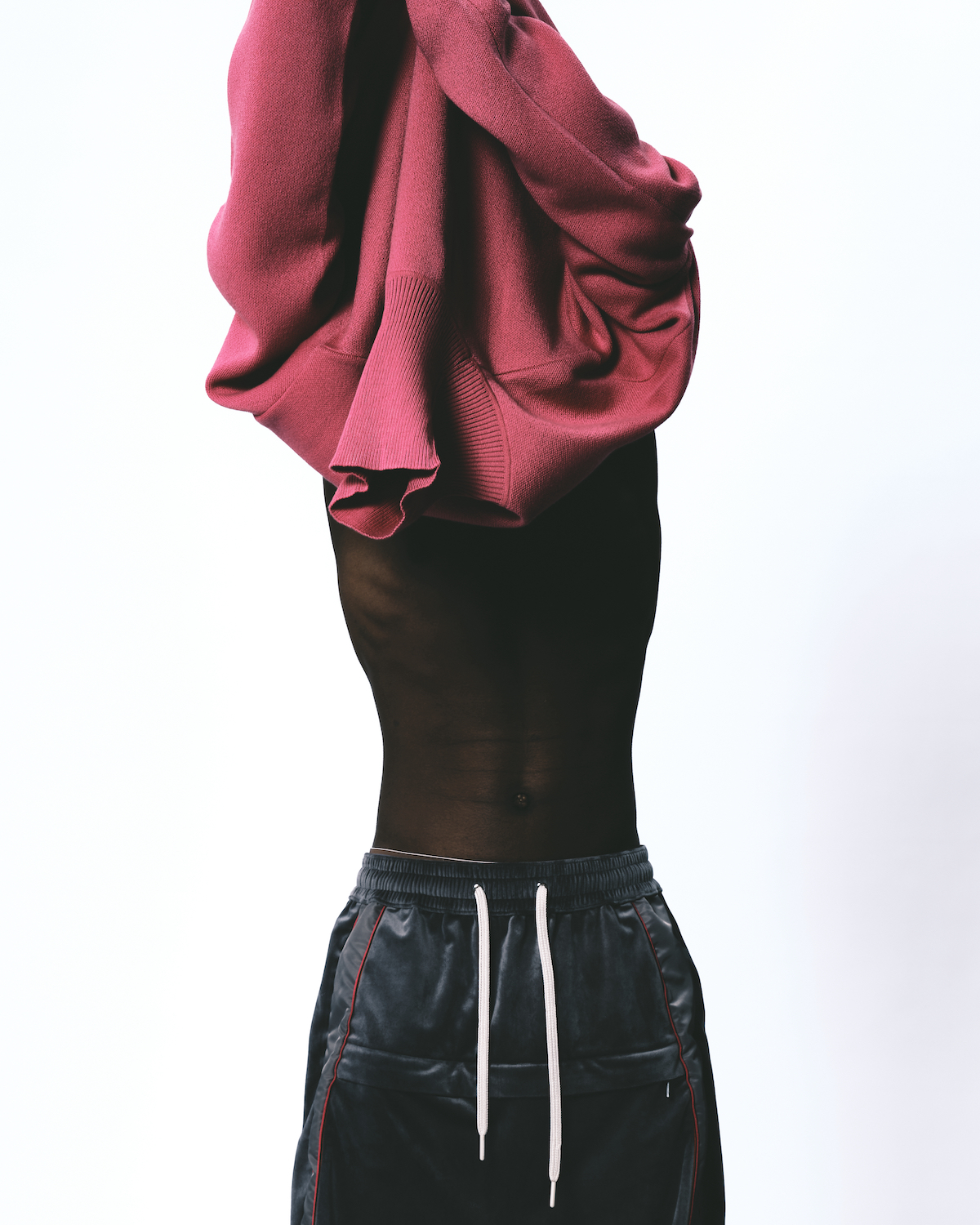
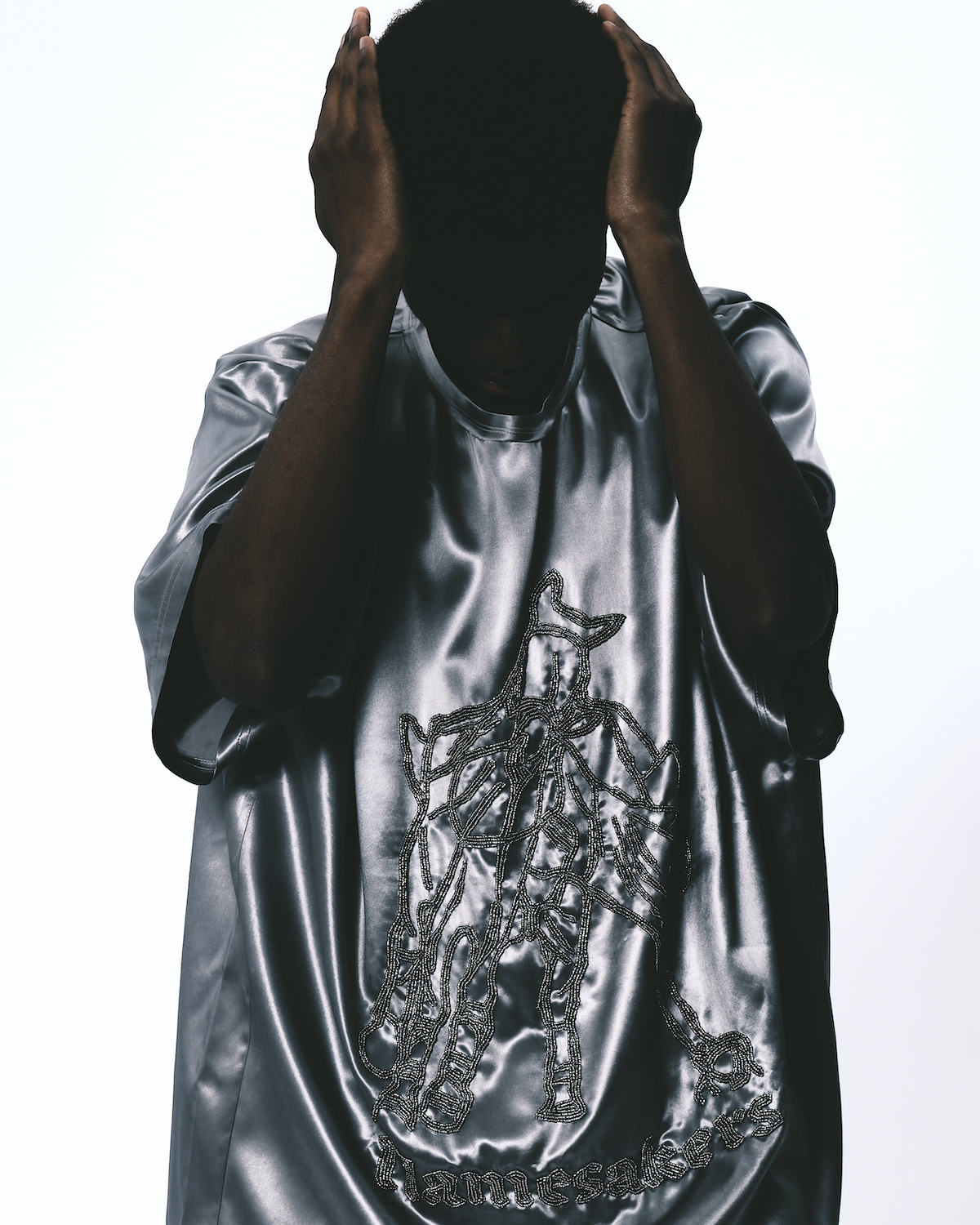
Is there any final advice you’d like to share with the next cycle of designers who will apply for the LVMH prize or the other semi-finalists alongside you?
MH— Again, be yourself. Be proud of whatever you’ve been doing and tell the story you were always meant to. Inspire others. We weren’t sure about who we were with our first brand and that’s why it failed. We were scared to tell the true story. We thought people wouldn’t like us. We didn’t think we were that cool. However, Namesake, that's a hundred percent the true story of the family. In this age, people hold onto authenticity, not fabrication. Be honest and humble, it's what we learned from our parents and we encourage others to pass along that same idea.
SH— To the next cycle, have faith in yourself. To the other semi-finalists, I want to emphasize that I hope this isn’t a competition, to us, it's truly a celebration. We see fashion as all about collaboration and teamwork. We’d love to meet everyone and see if there’s a possibility to work together down the line. All of us could work together.
